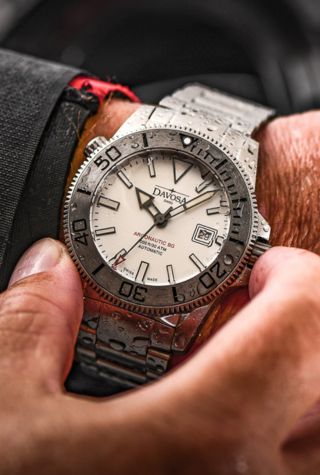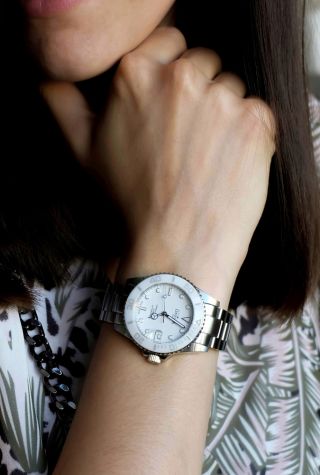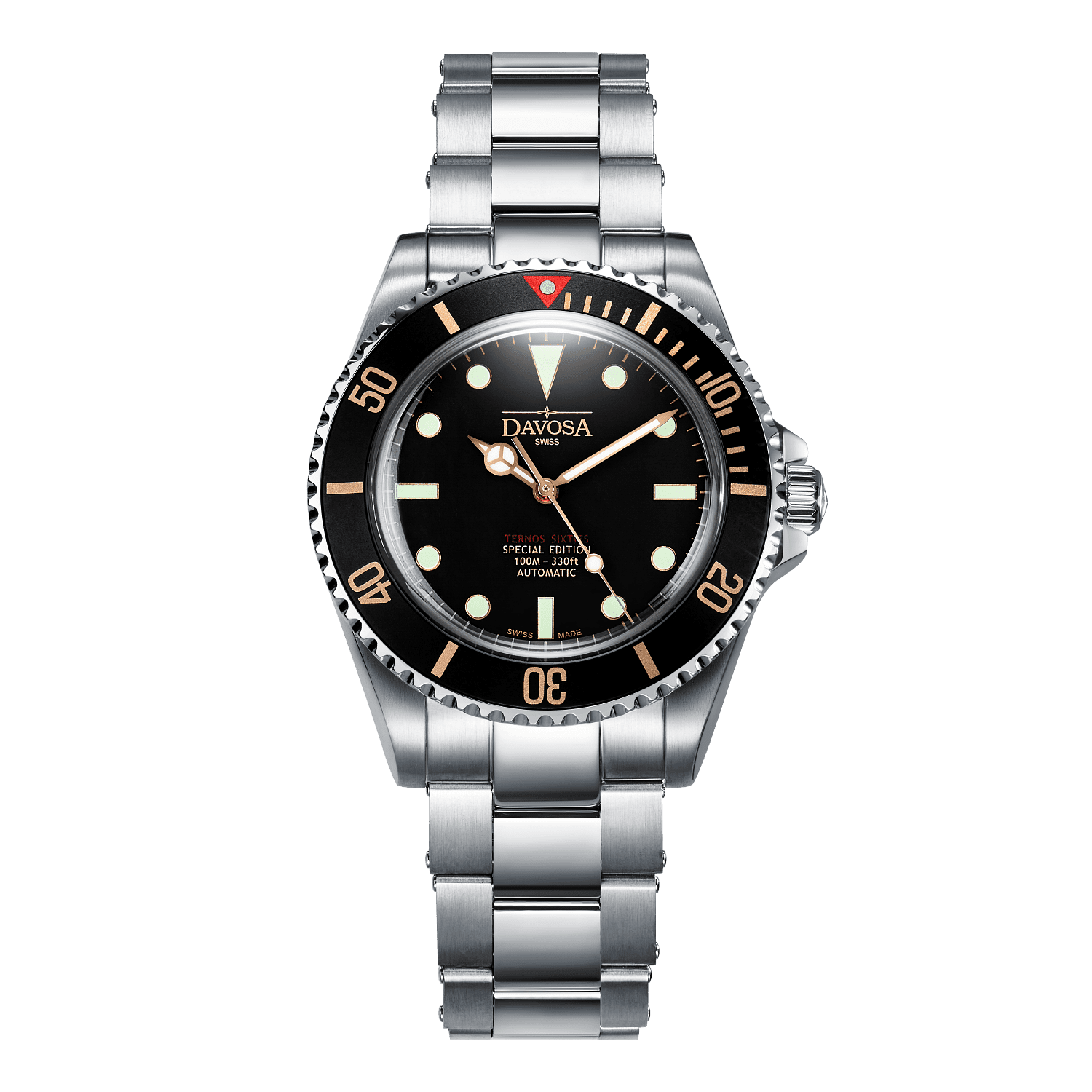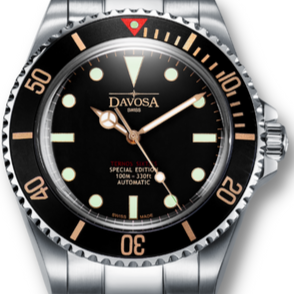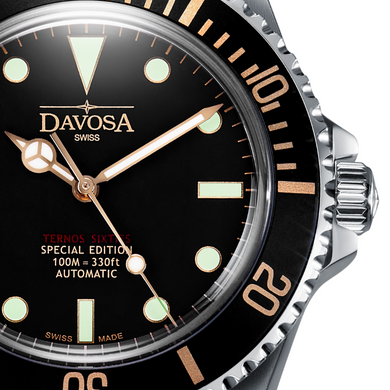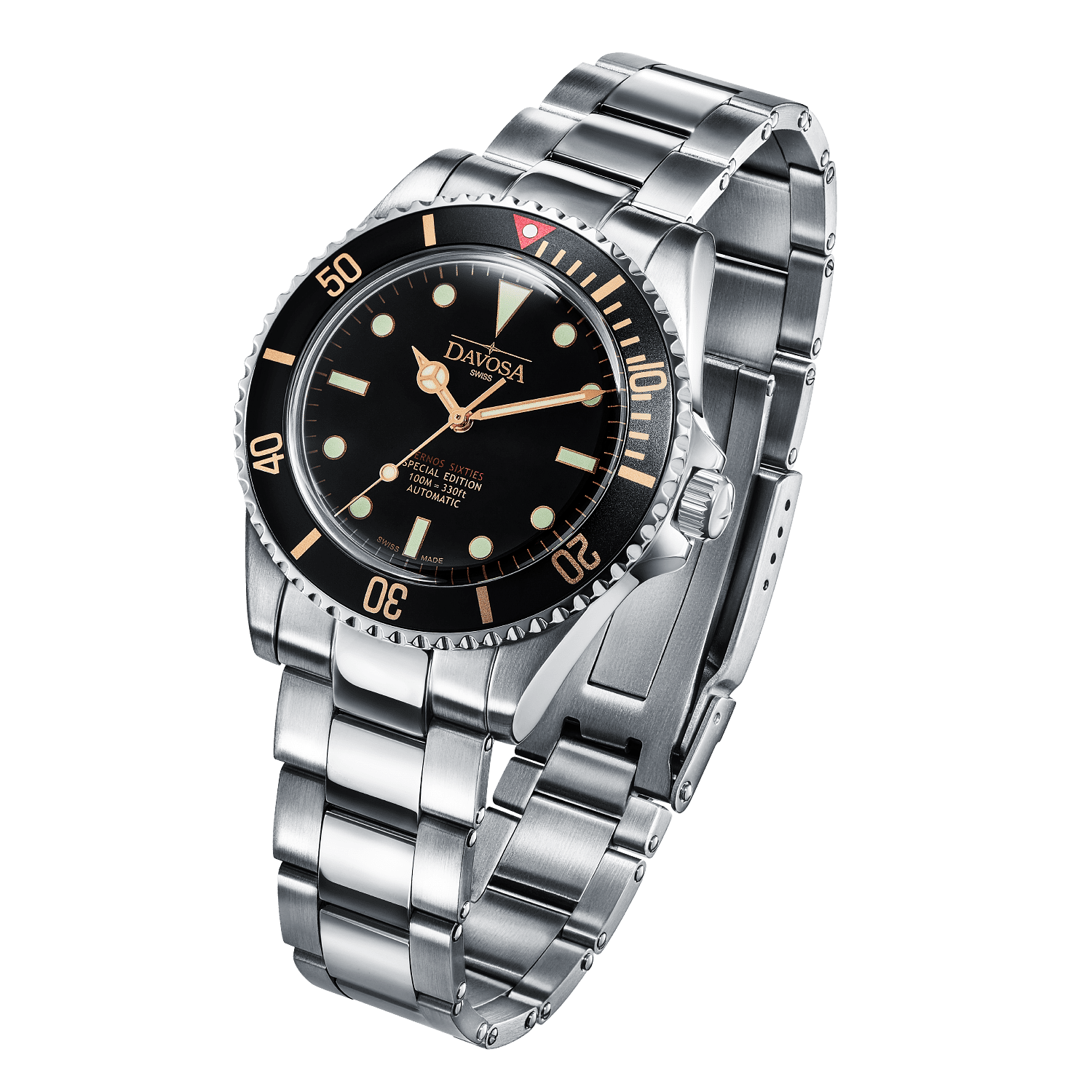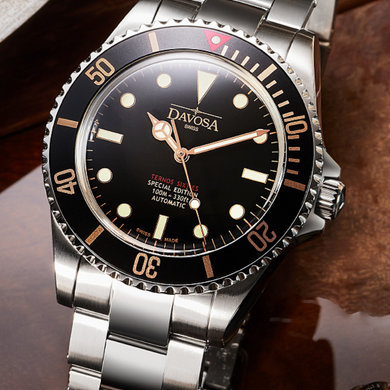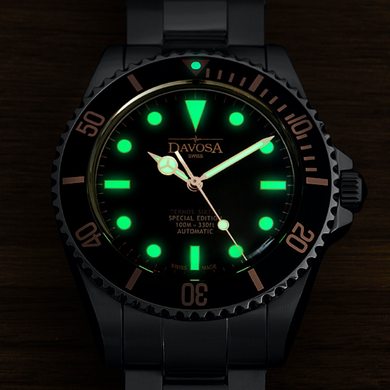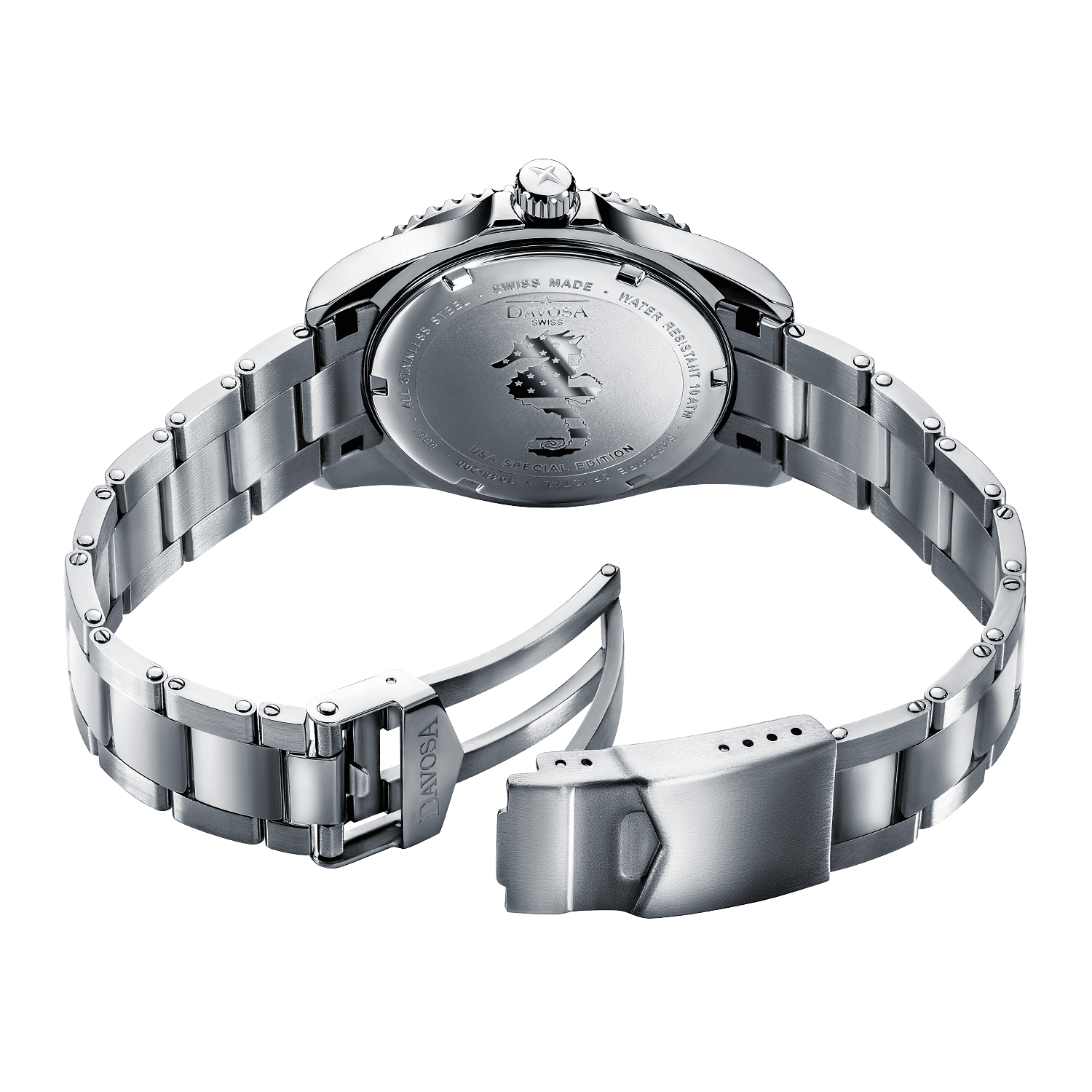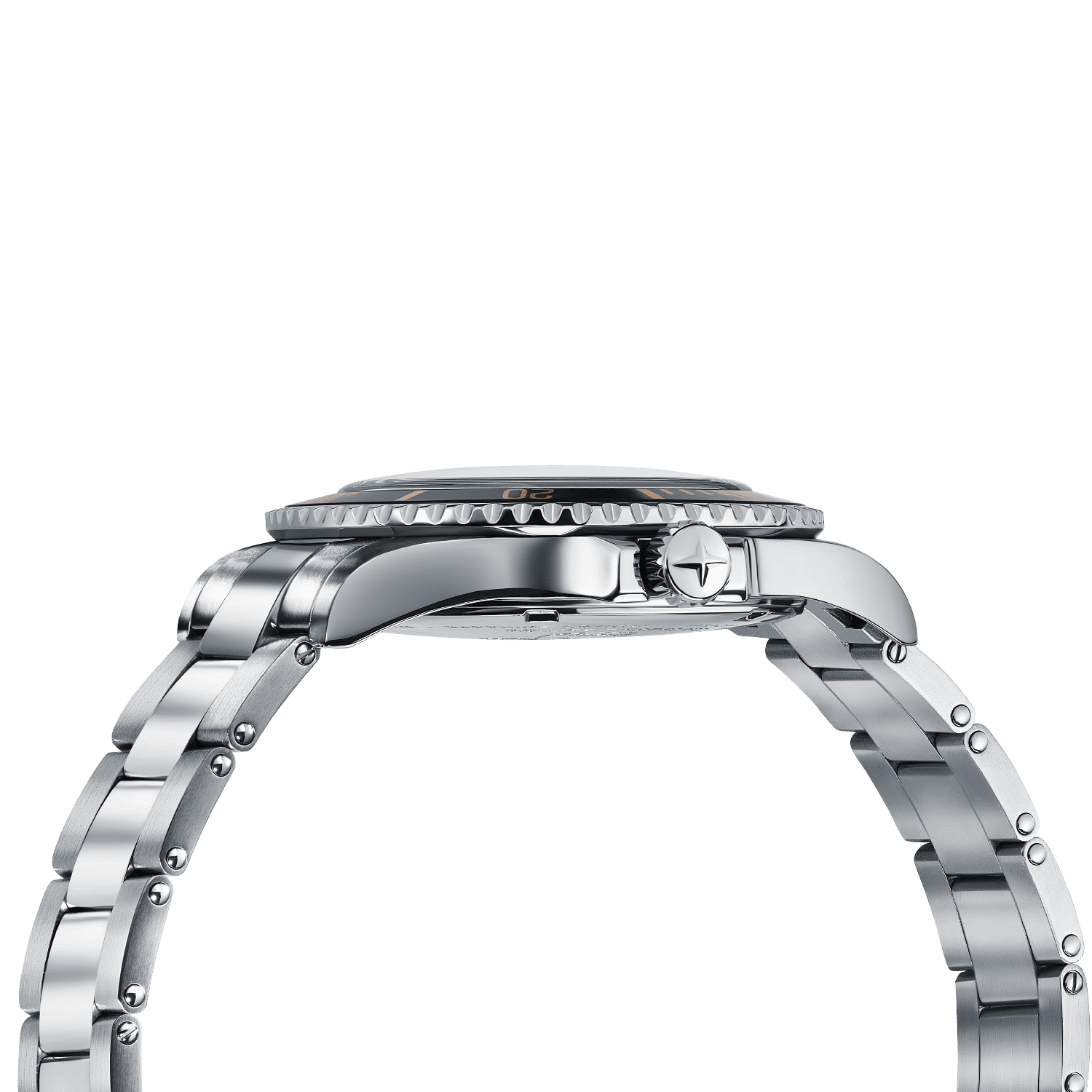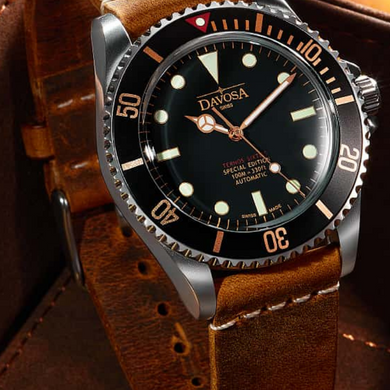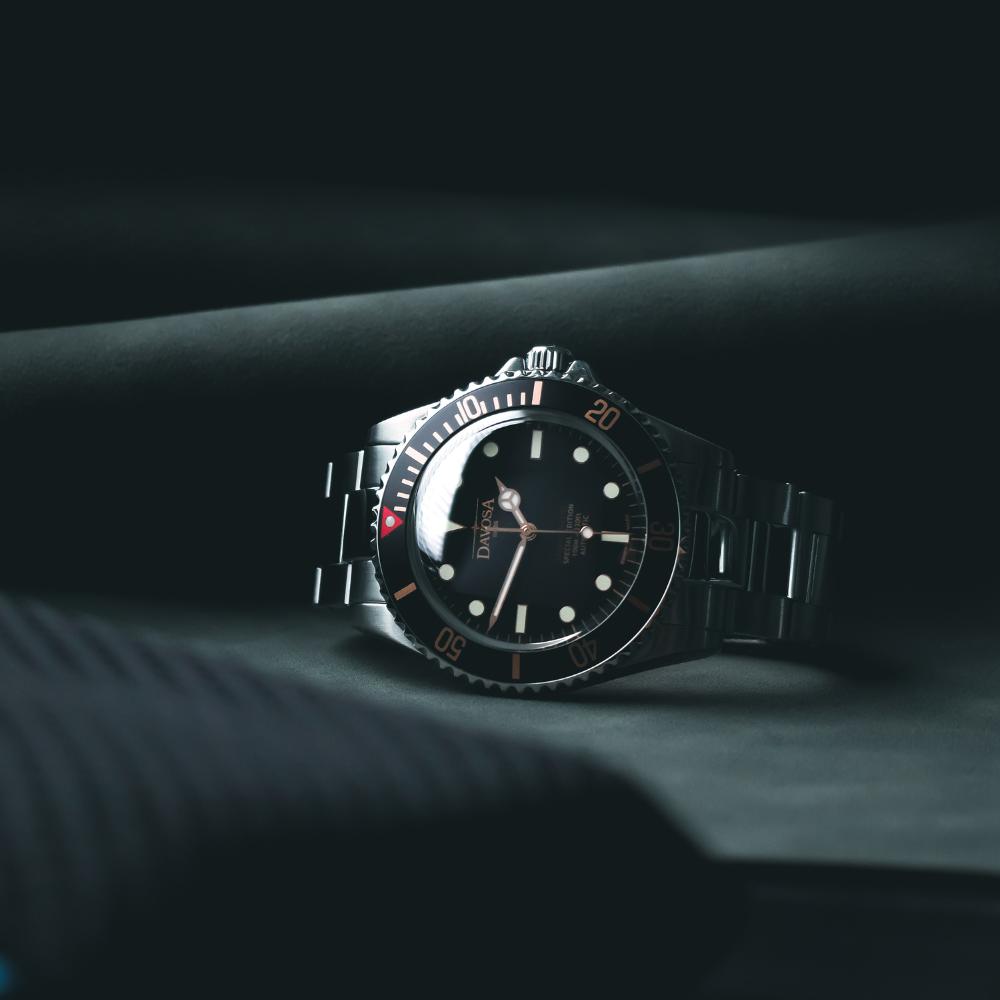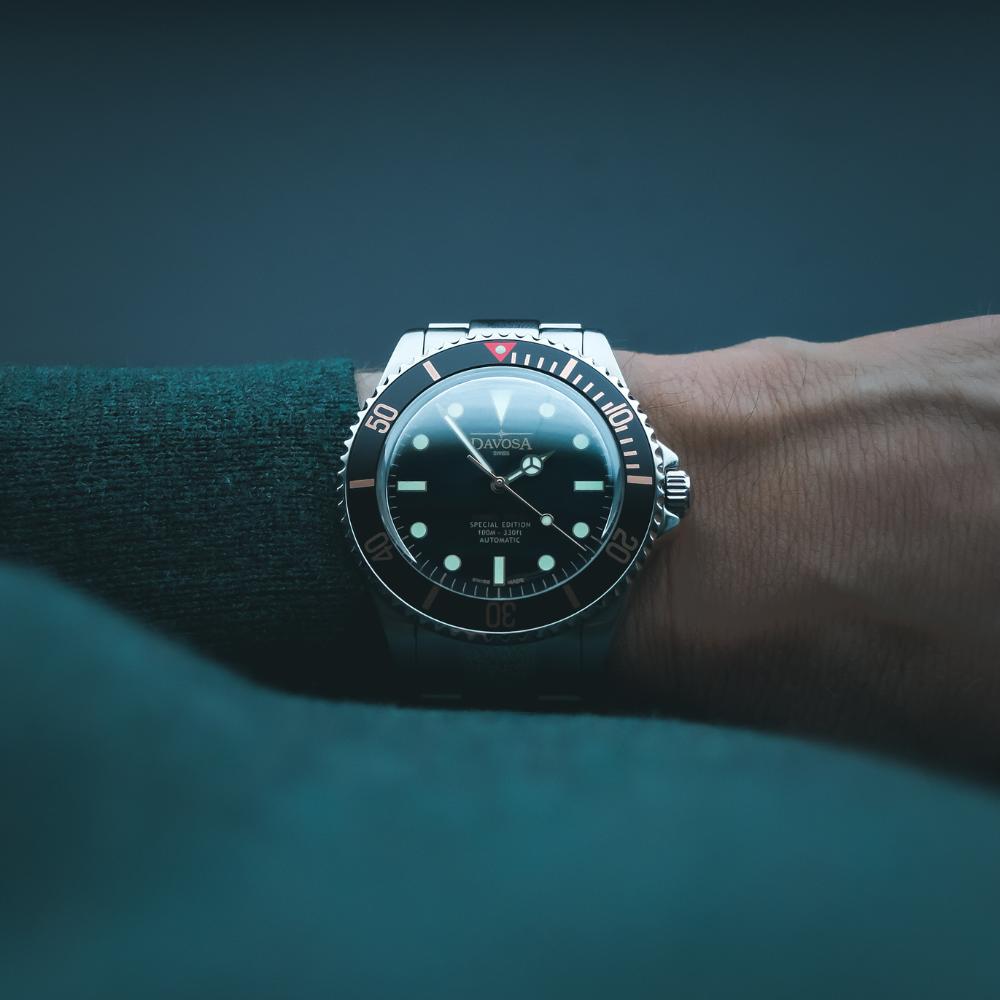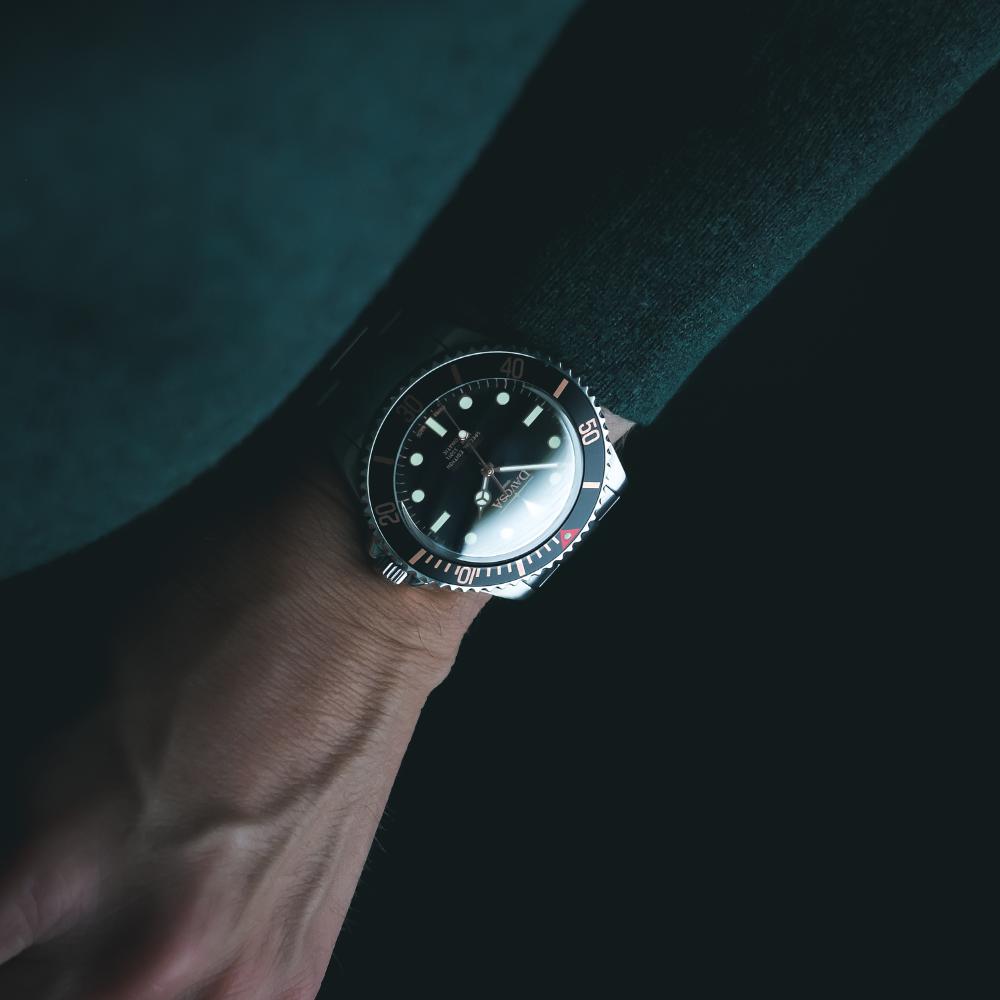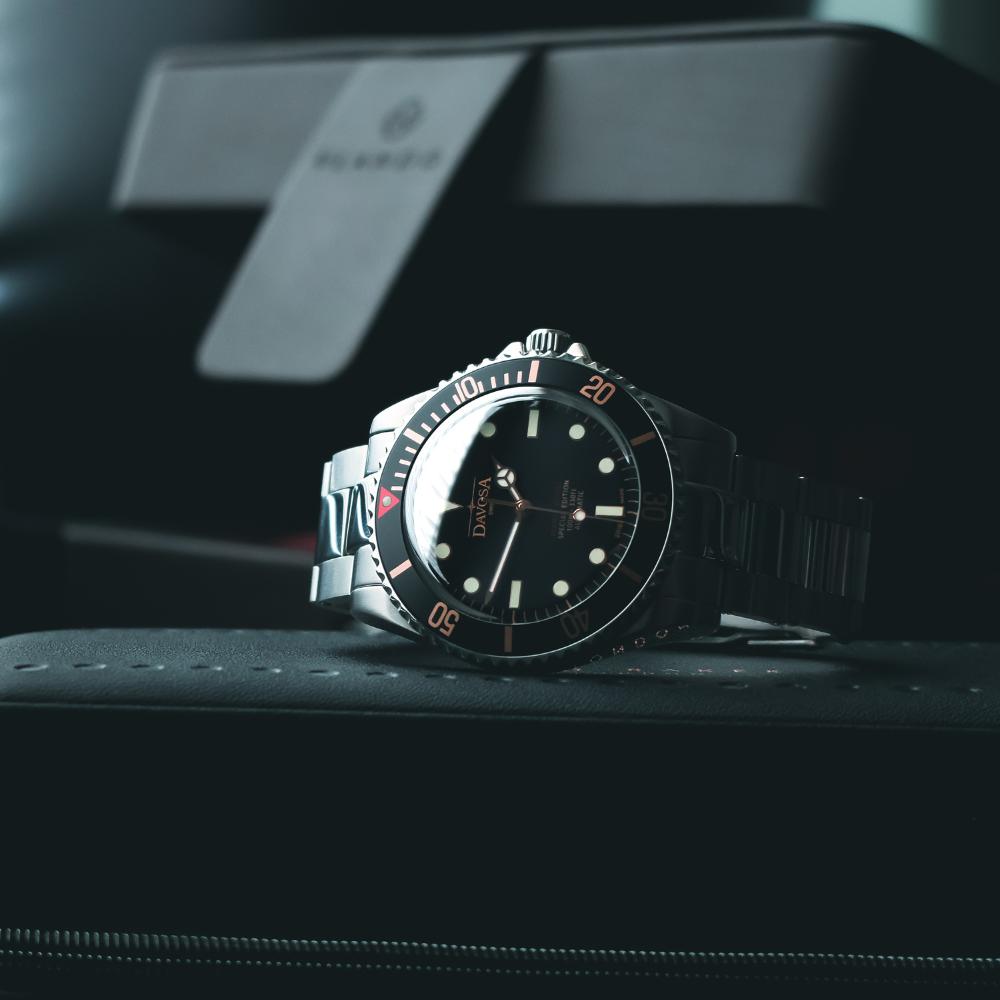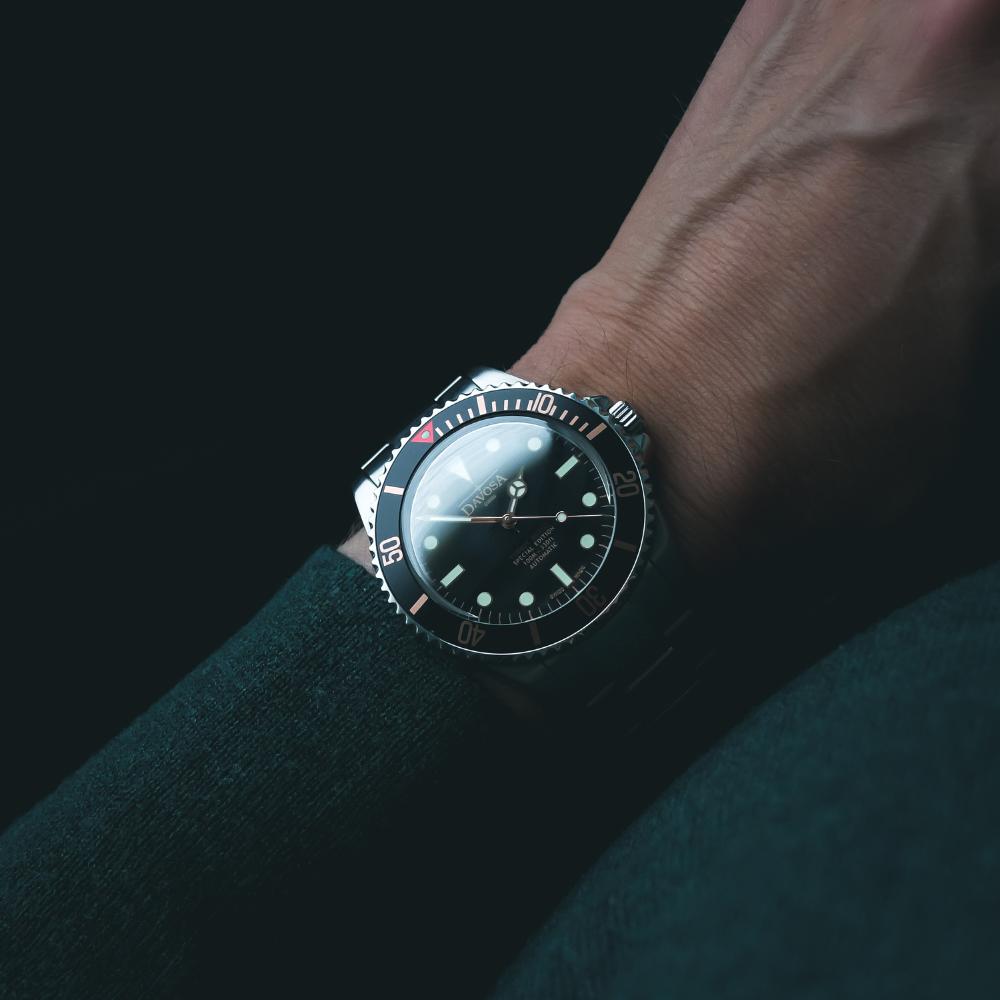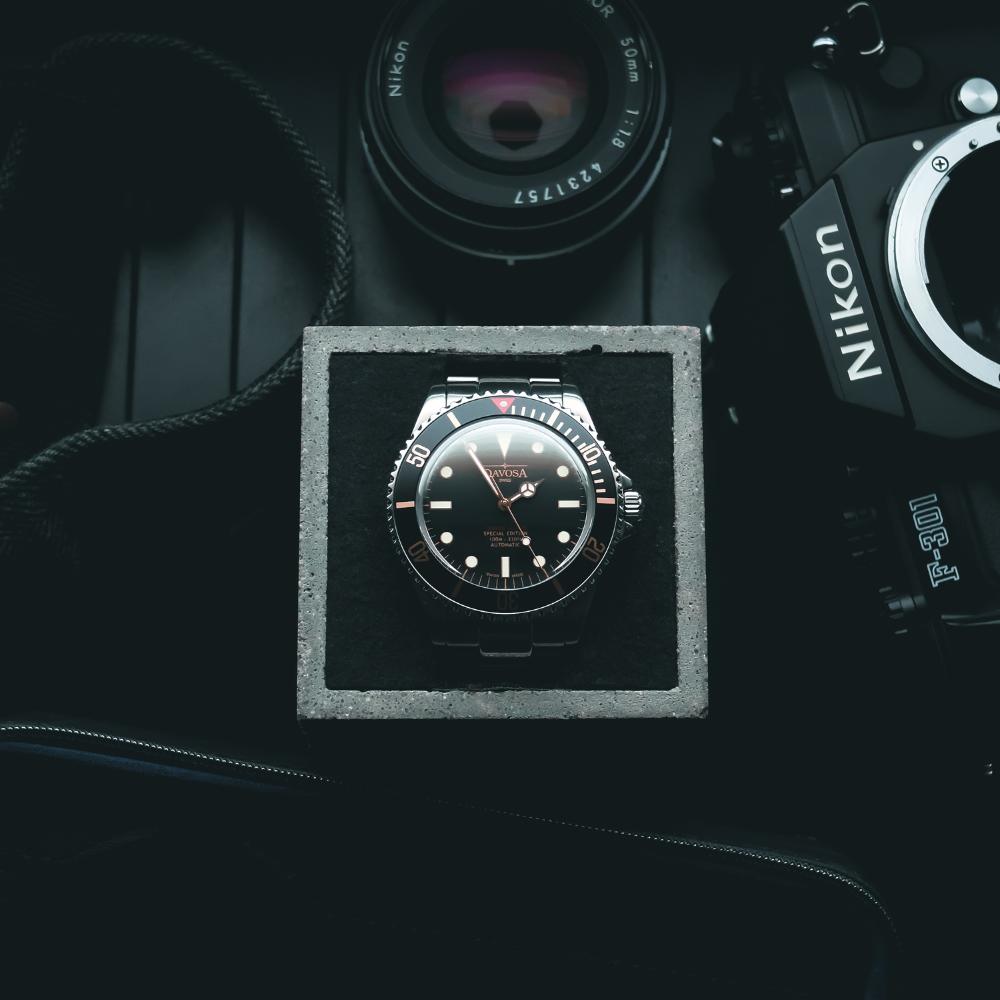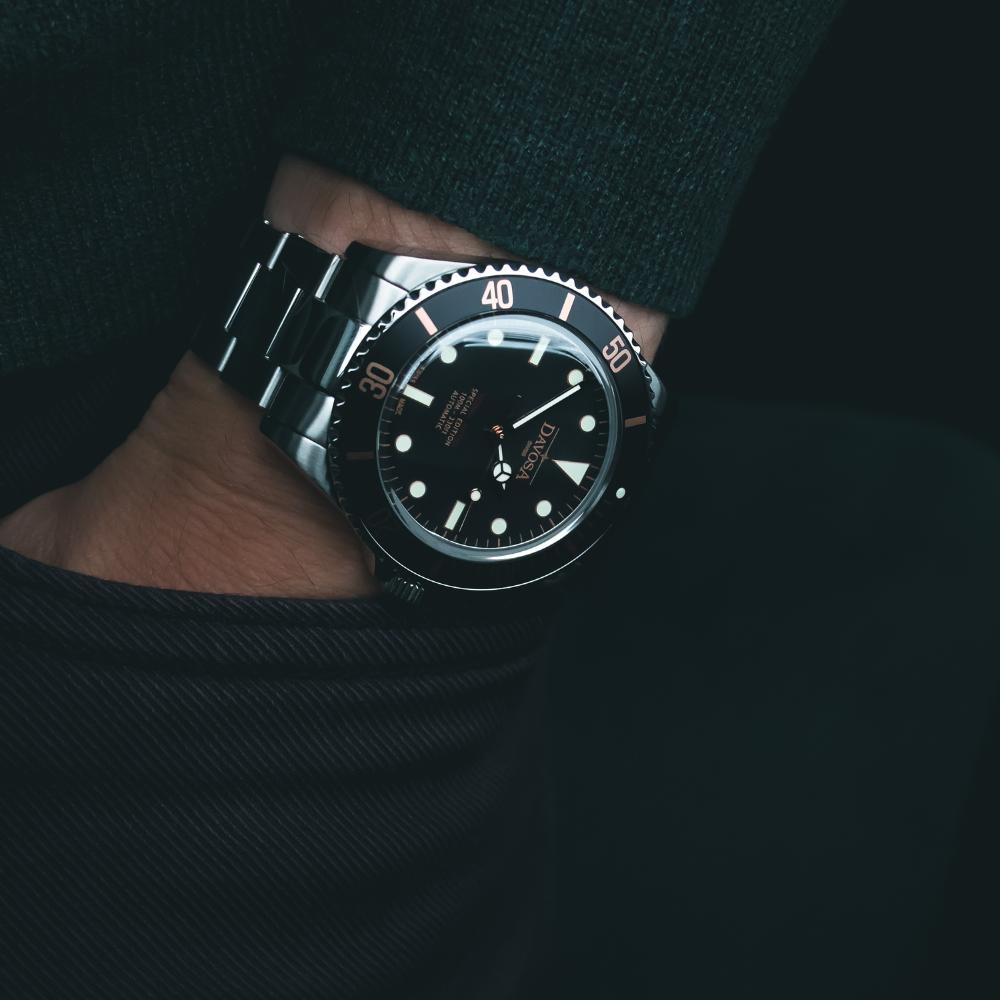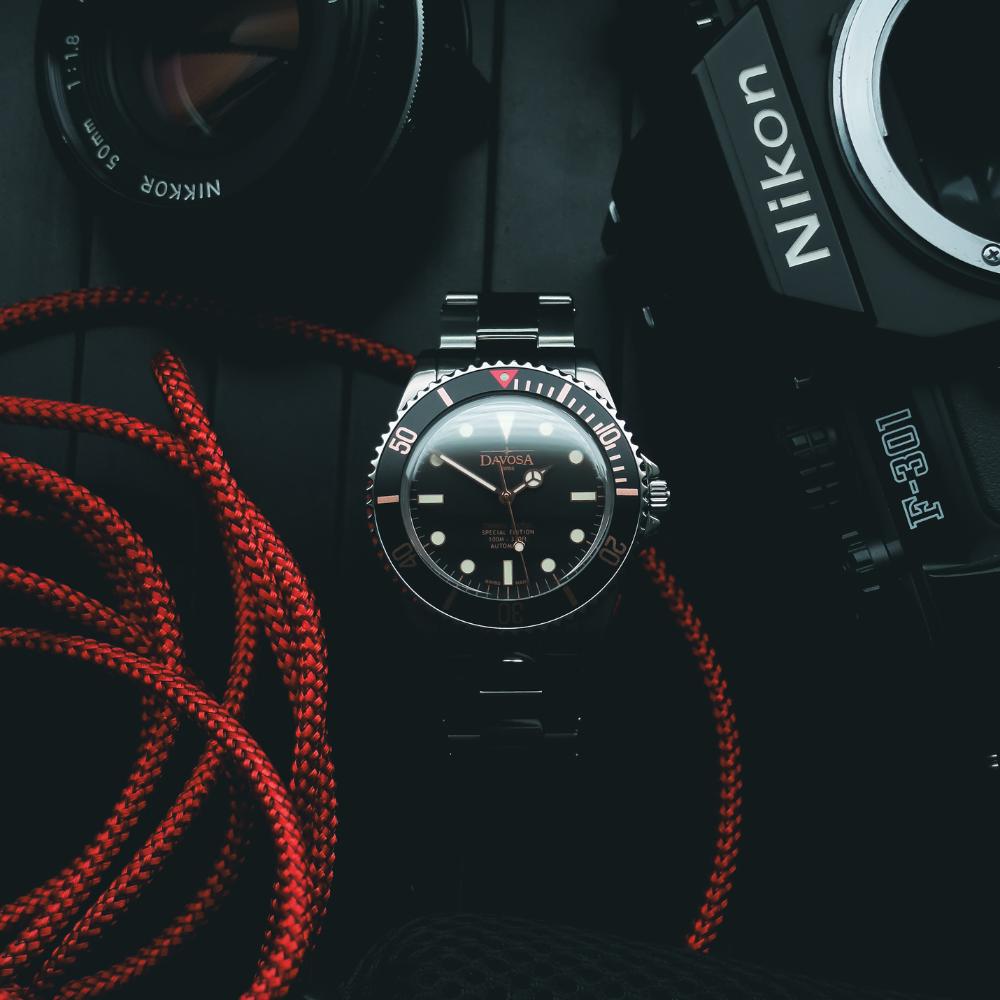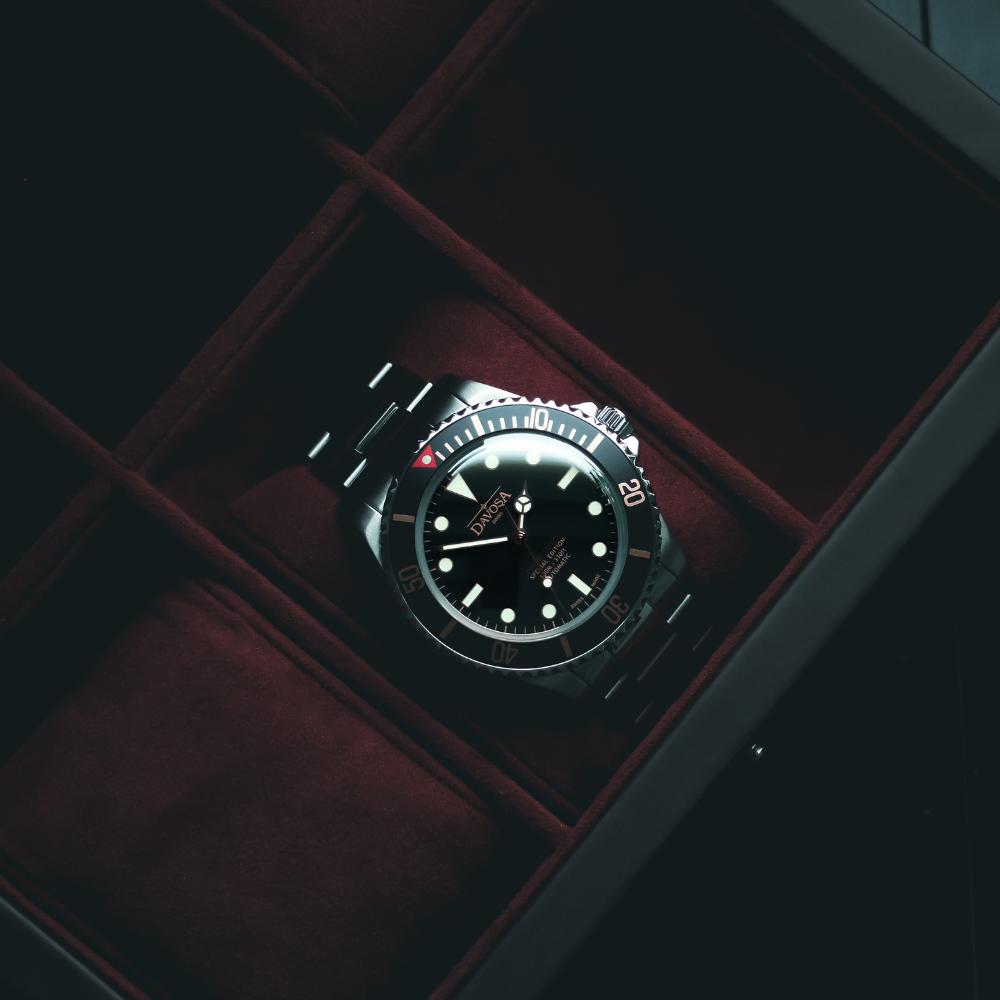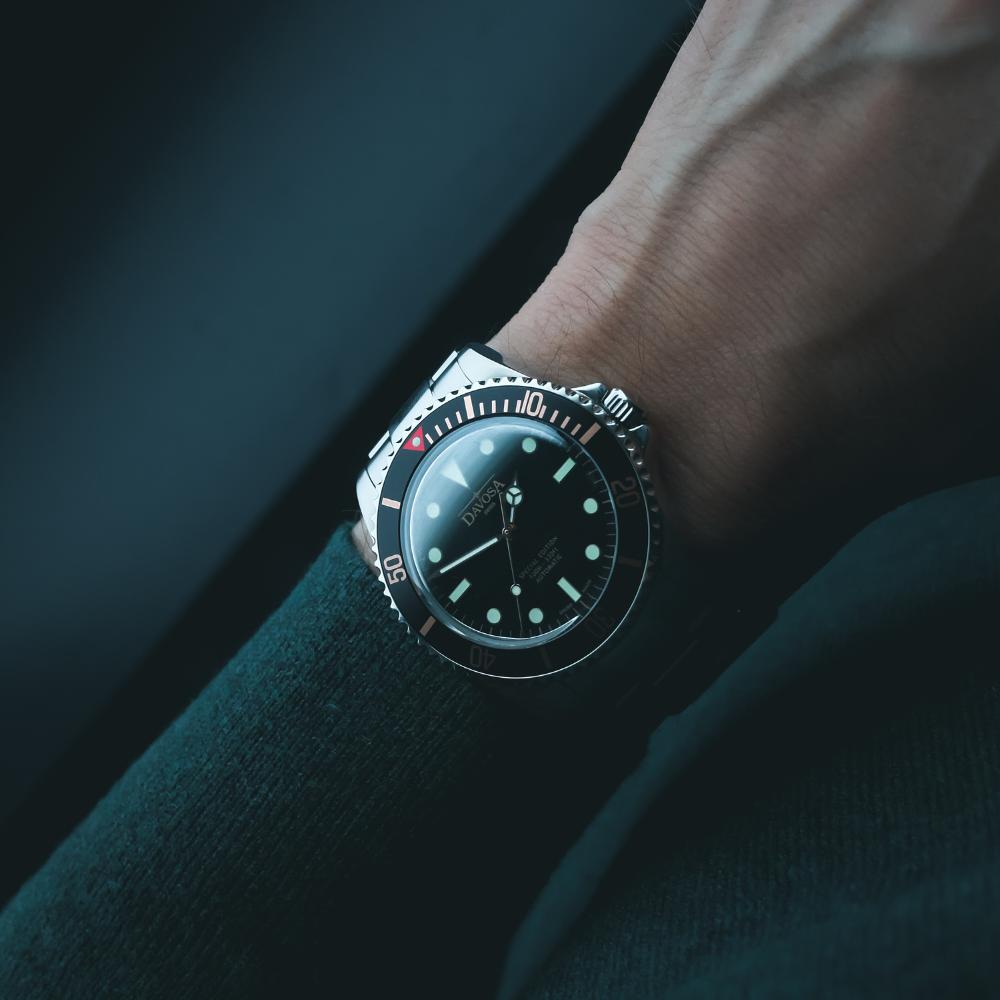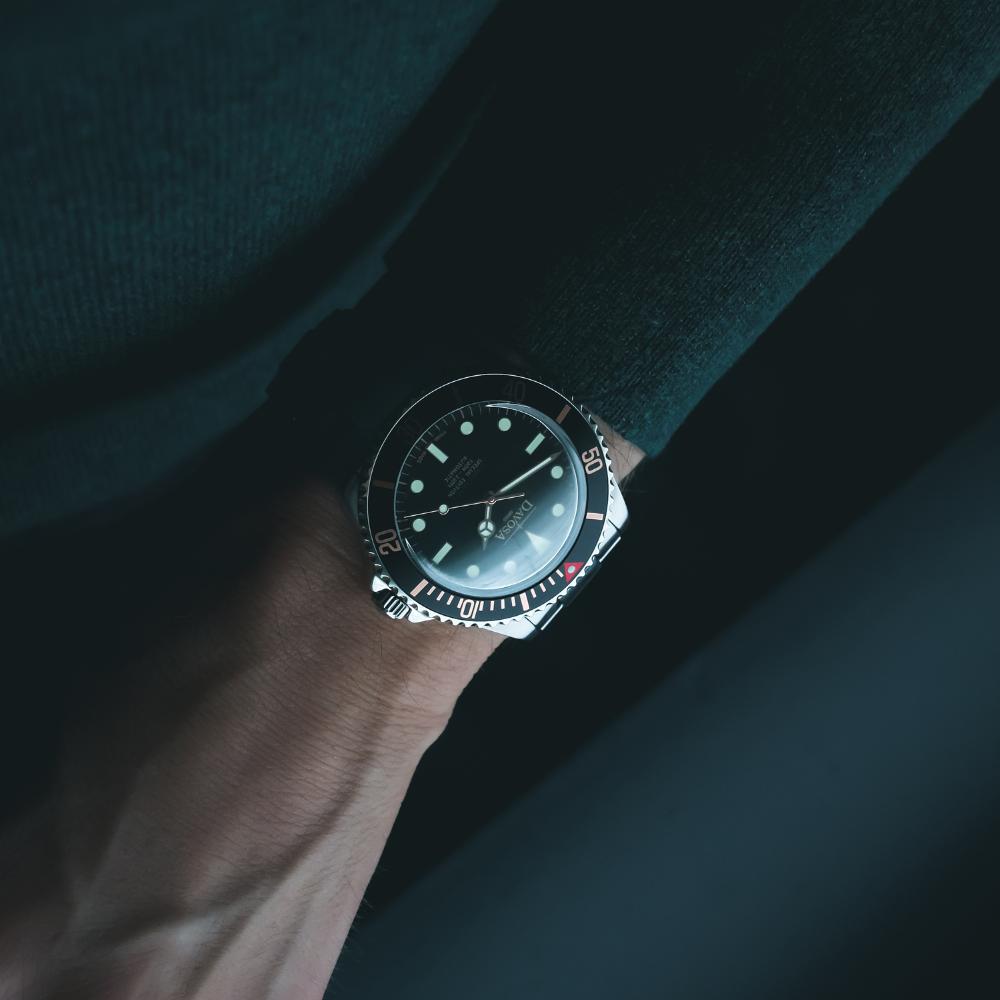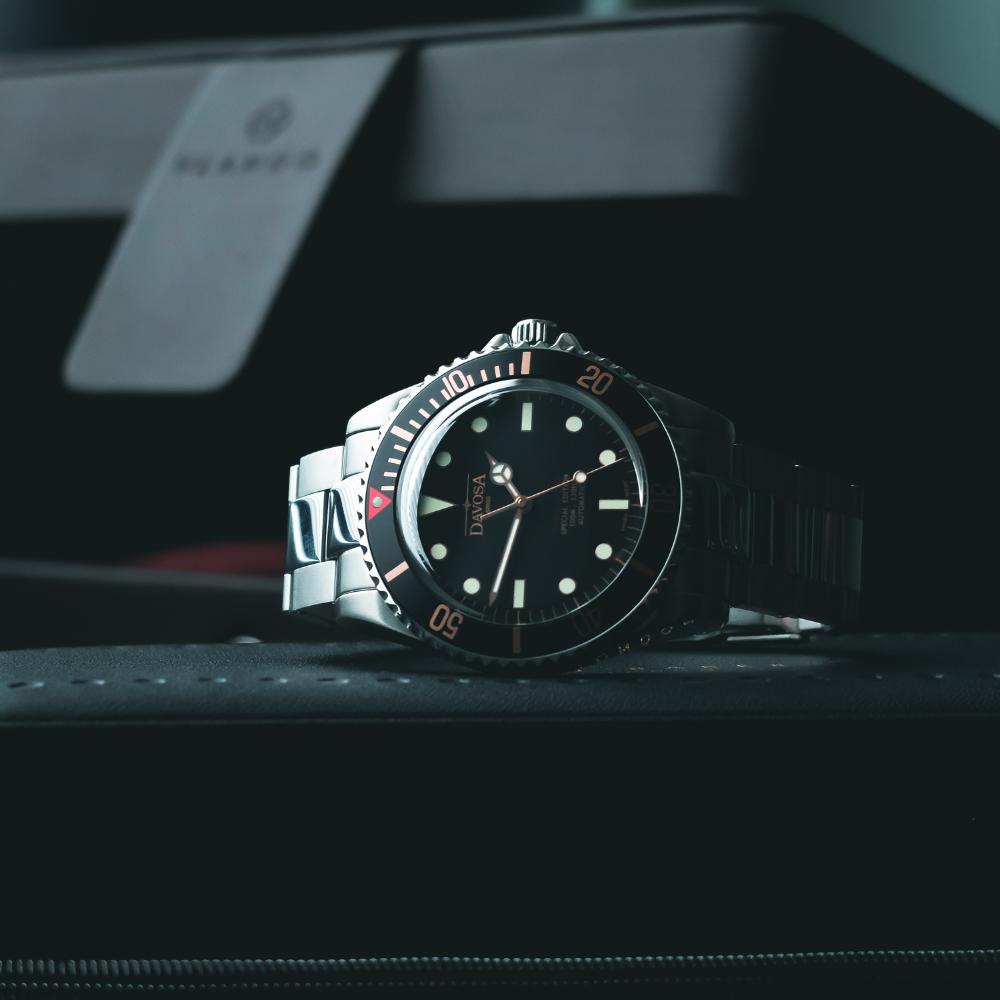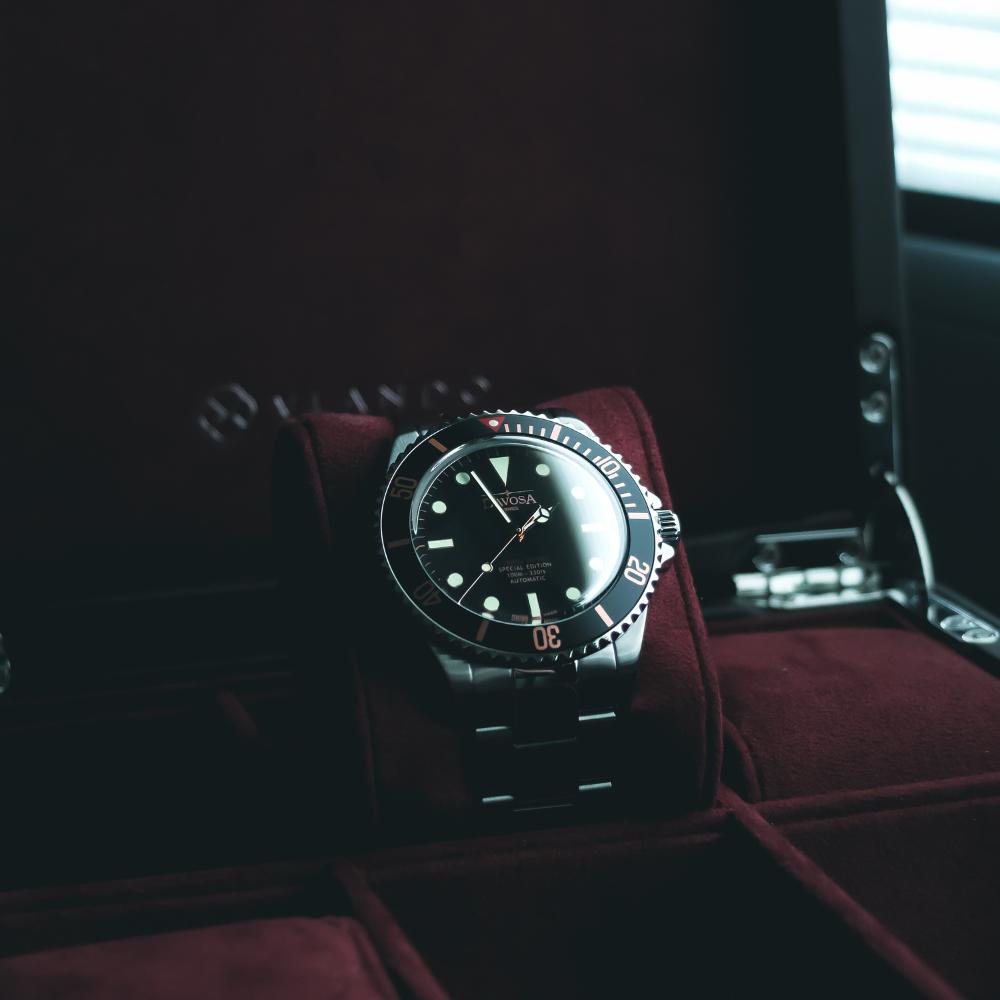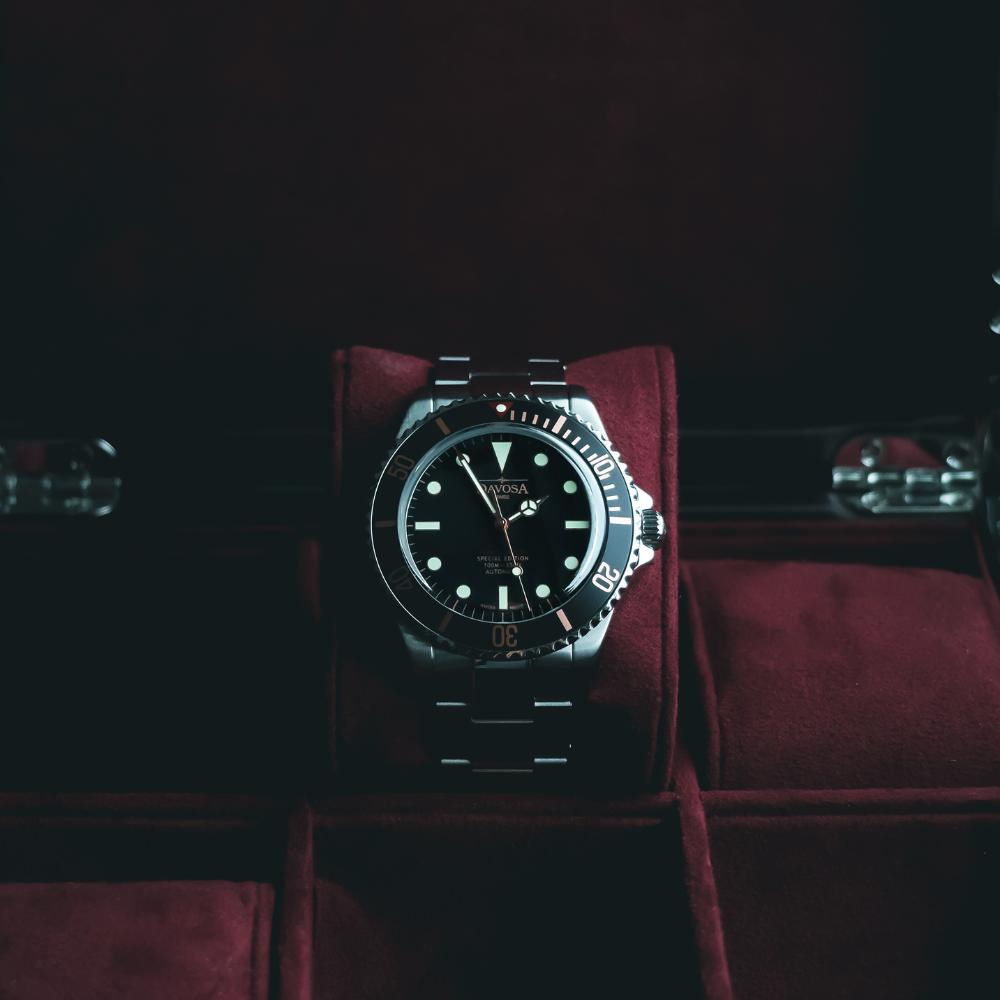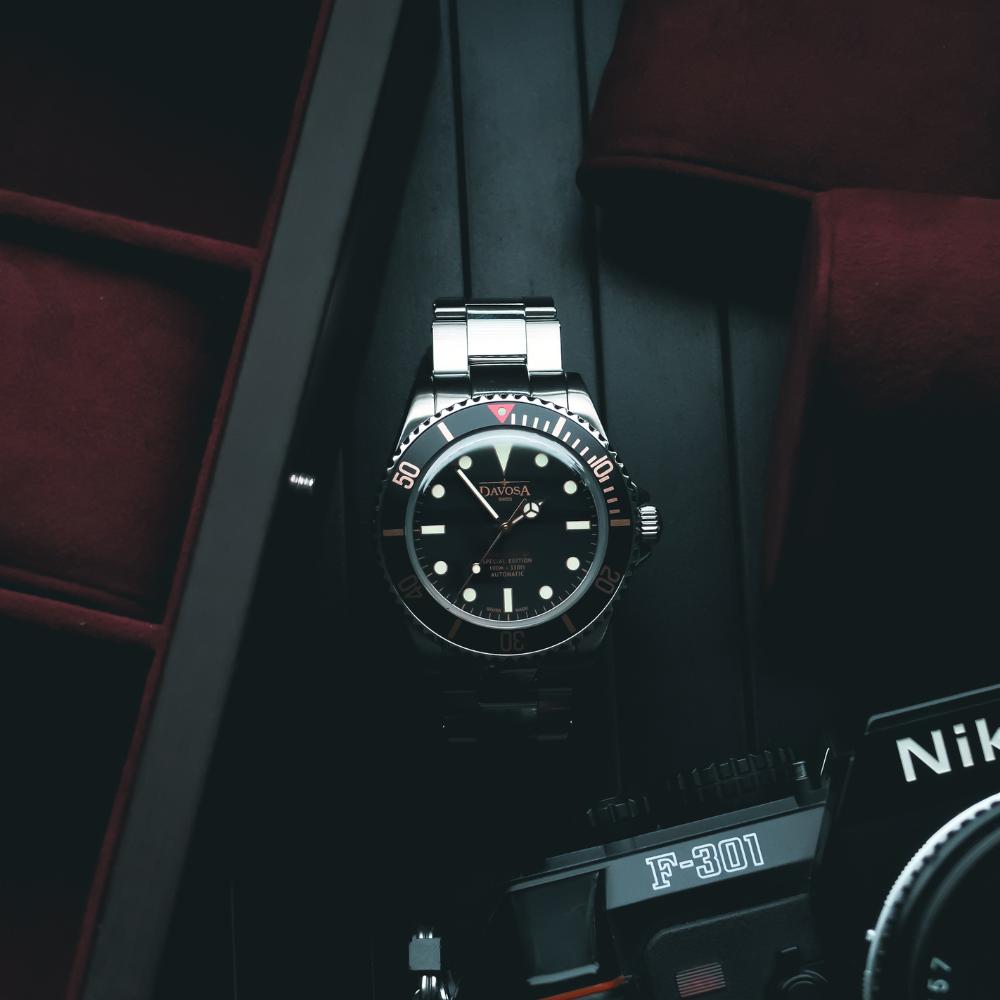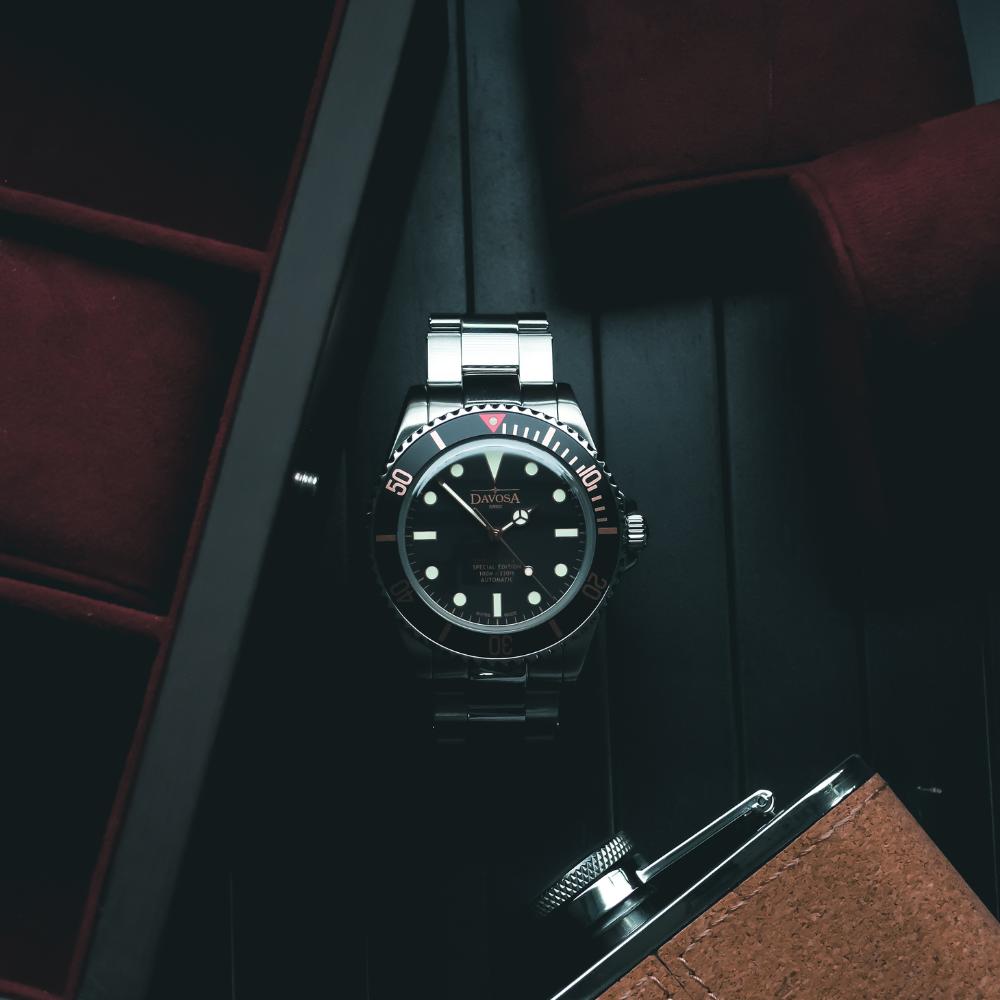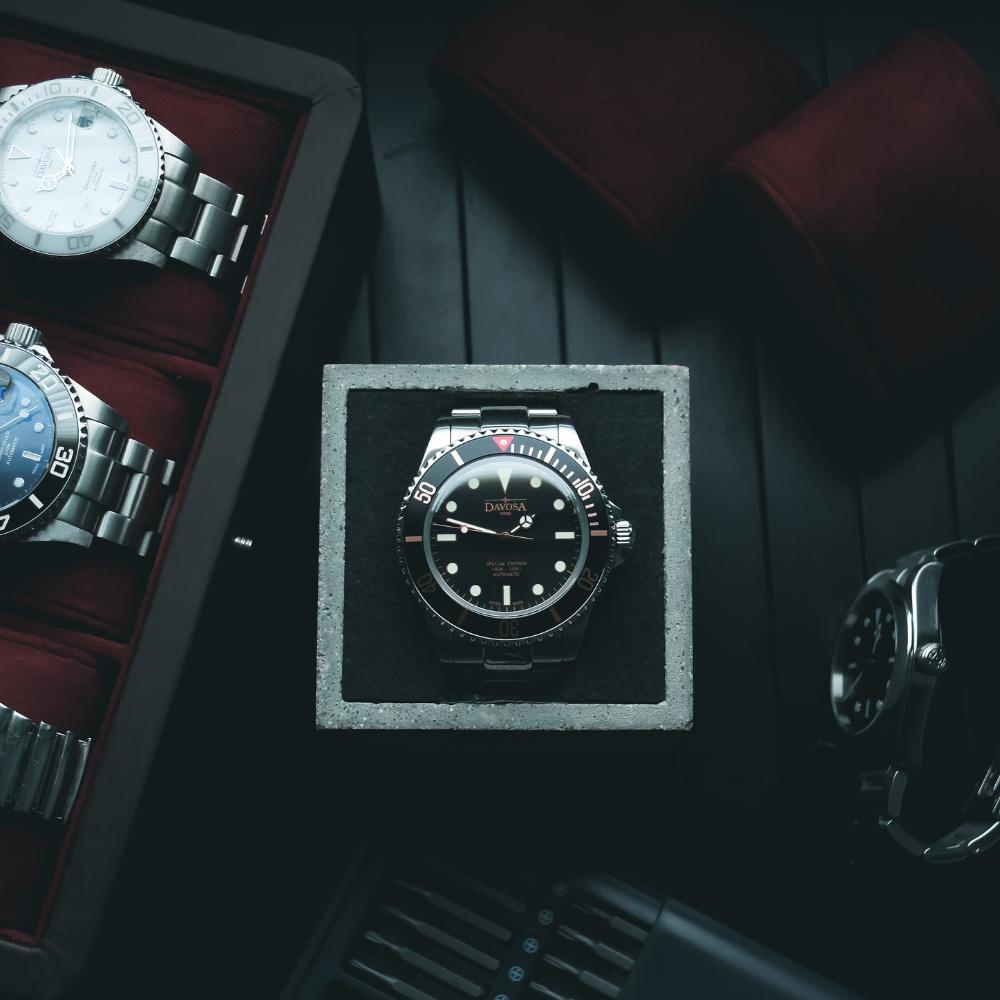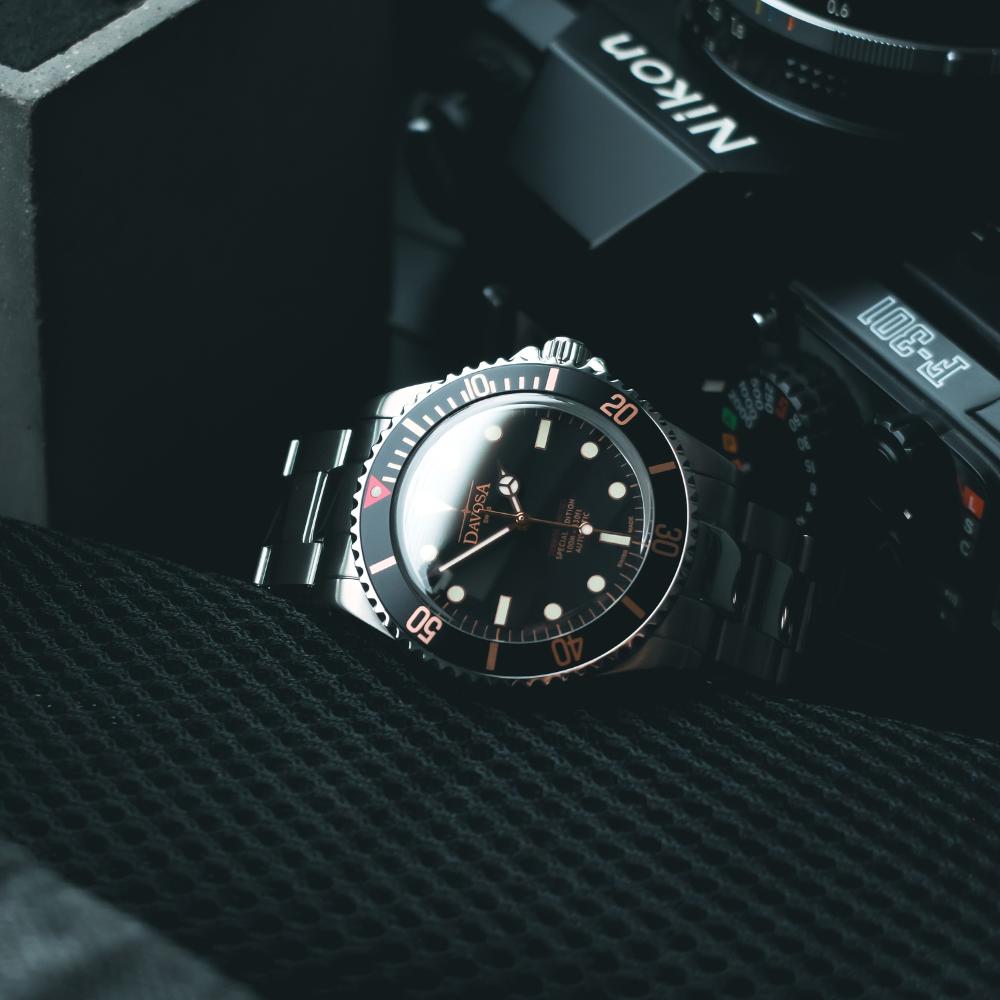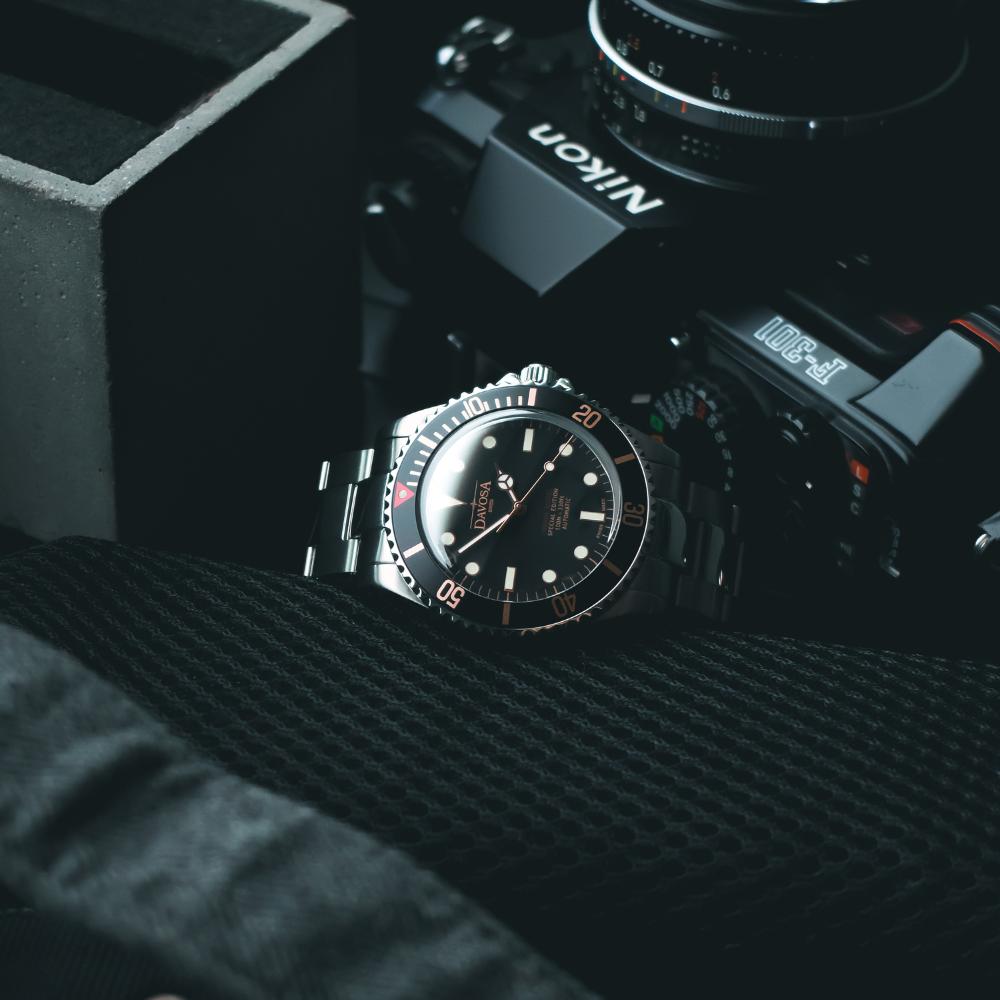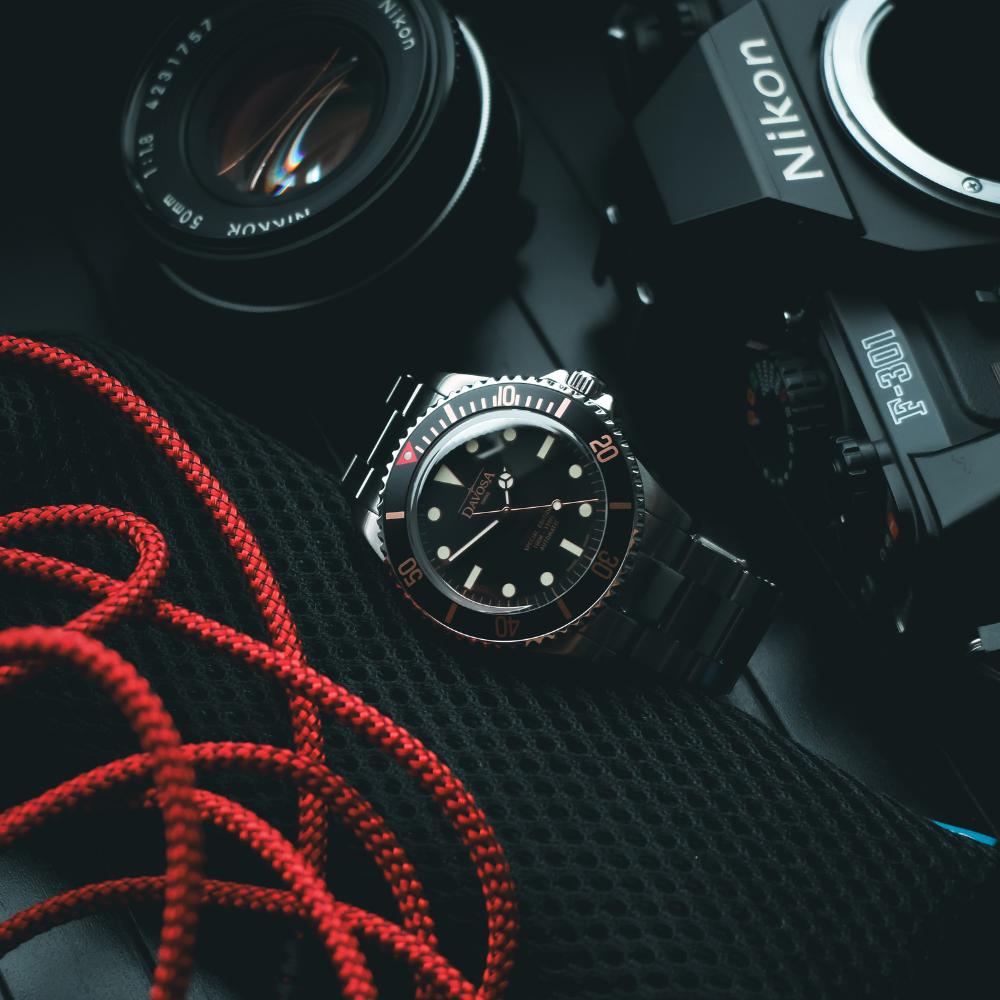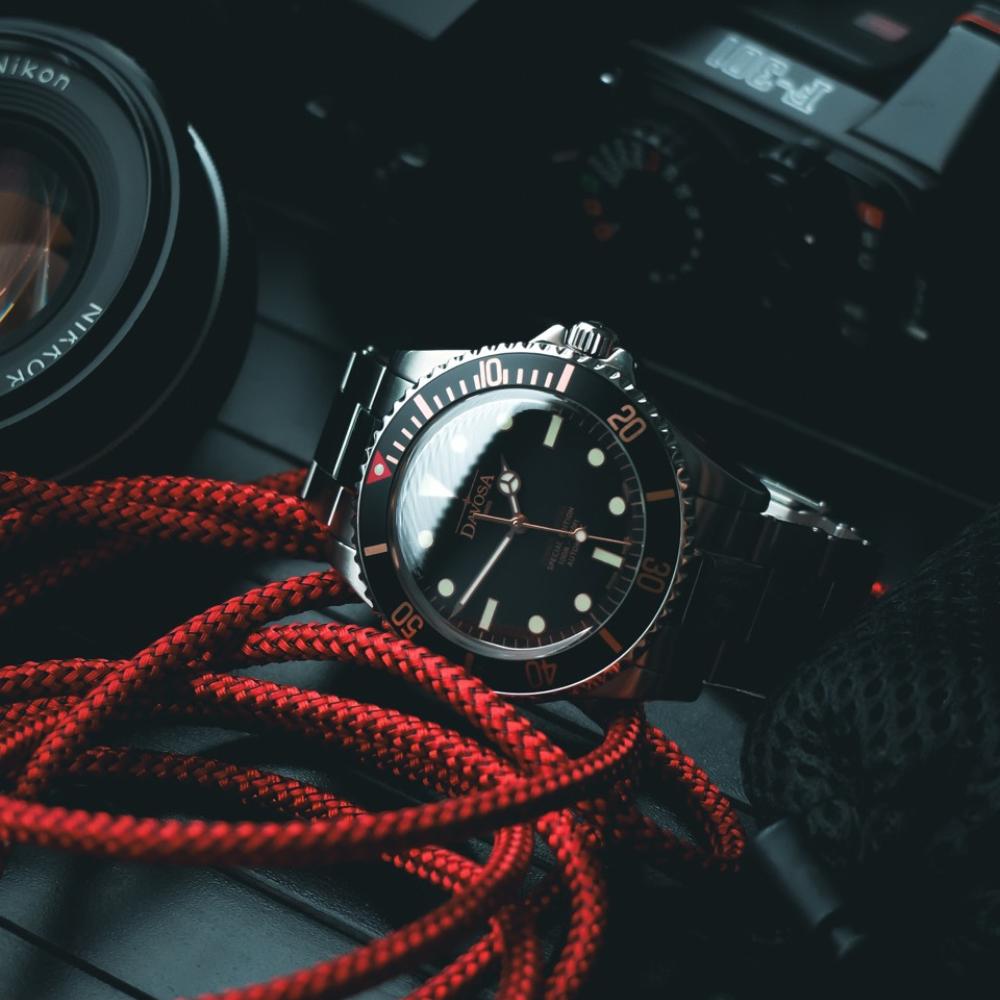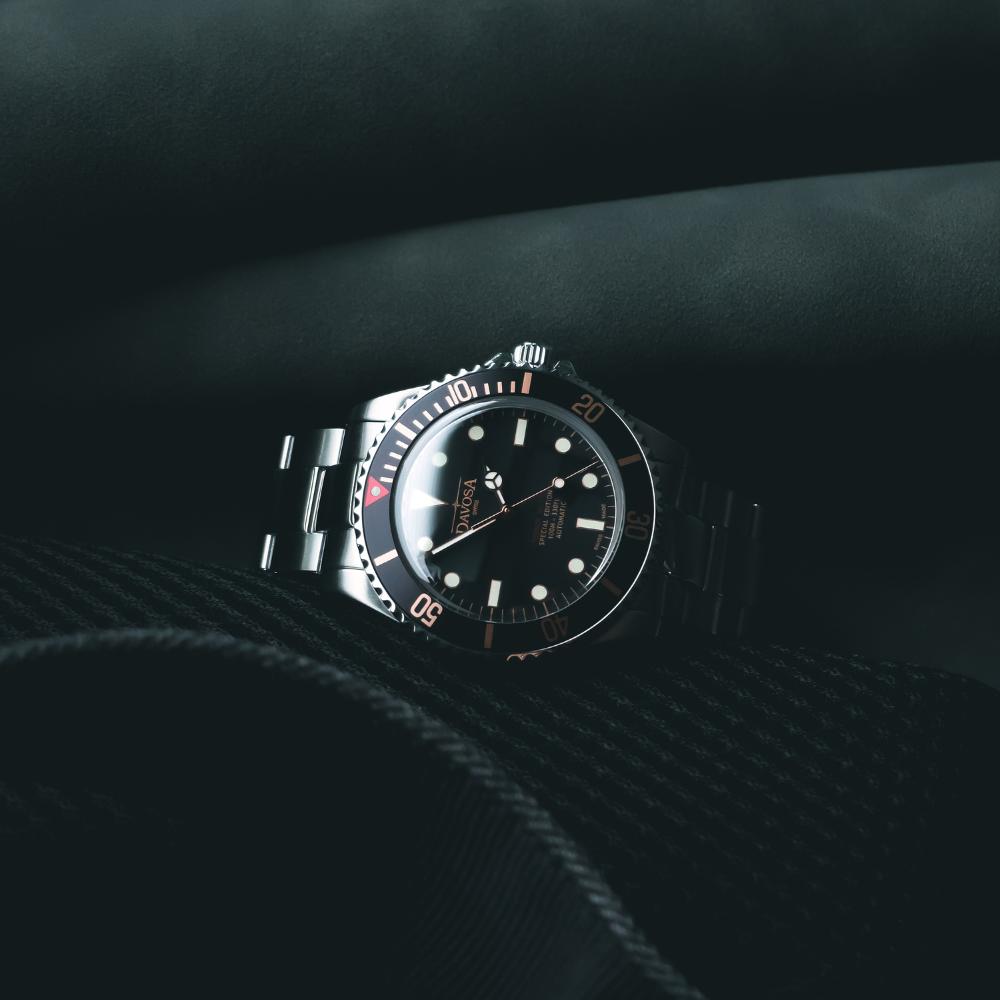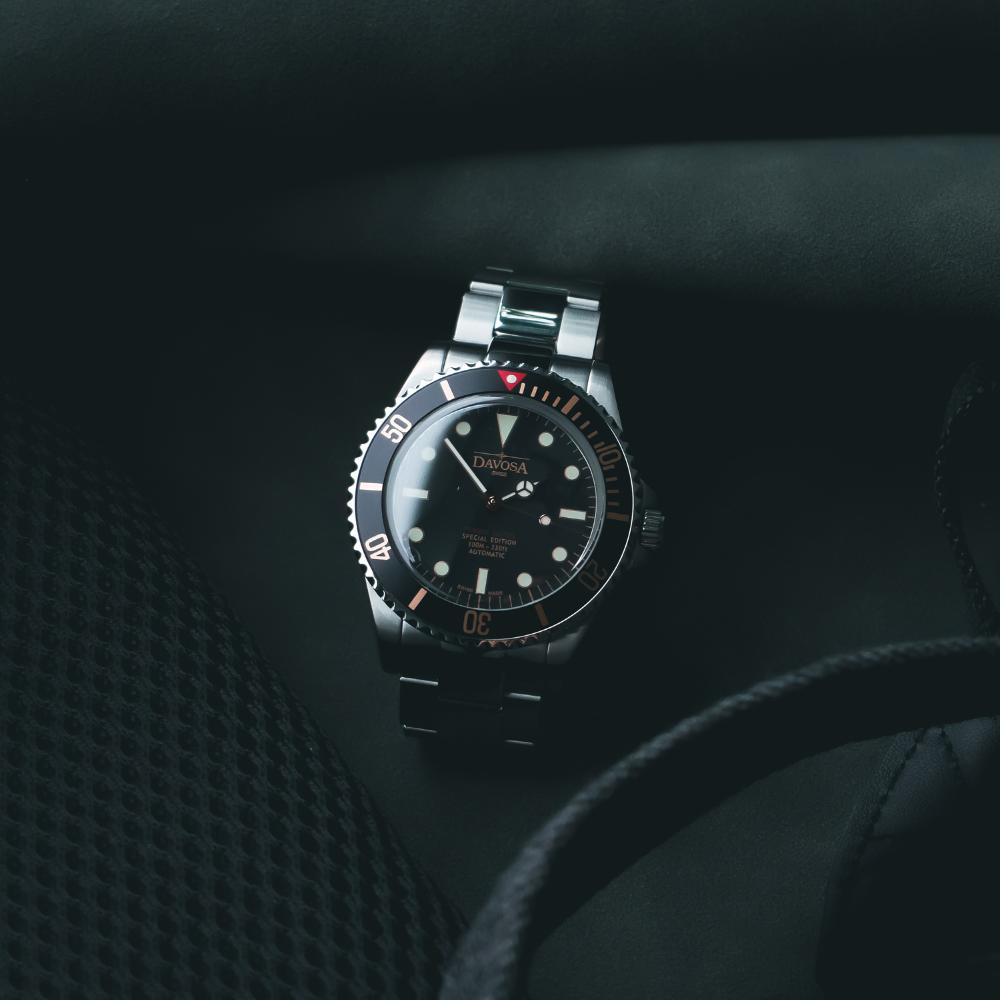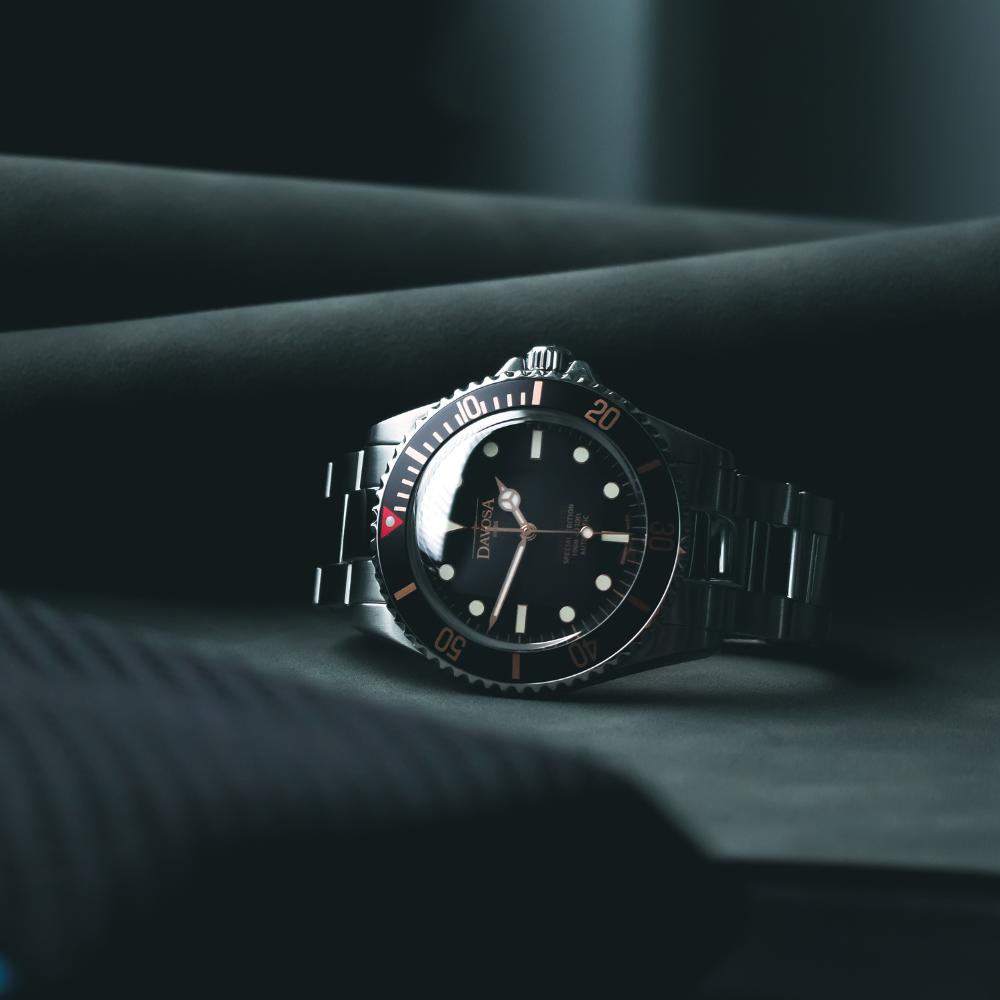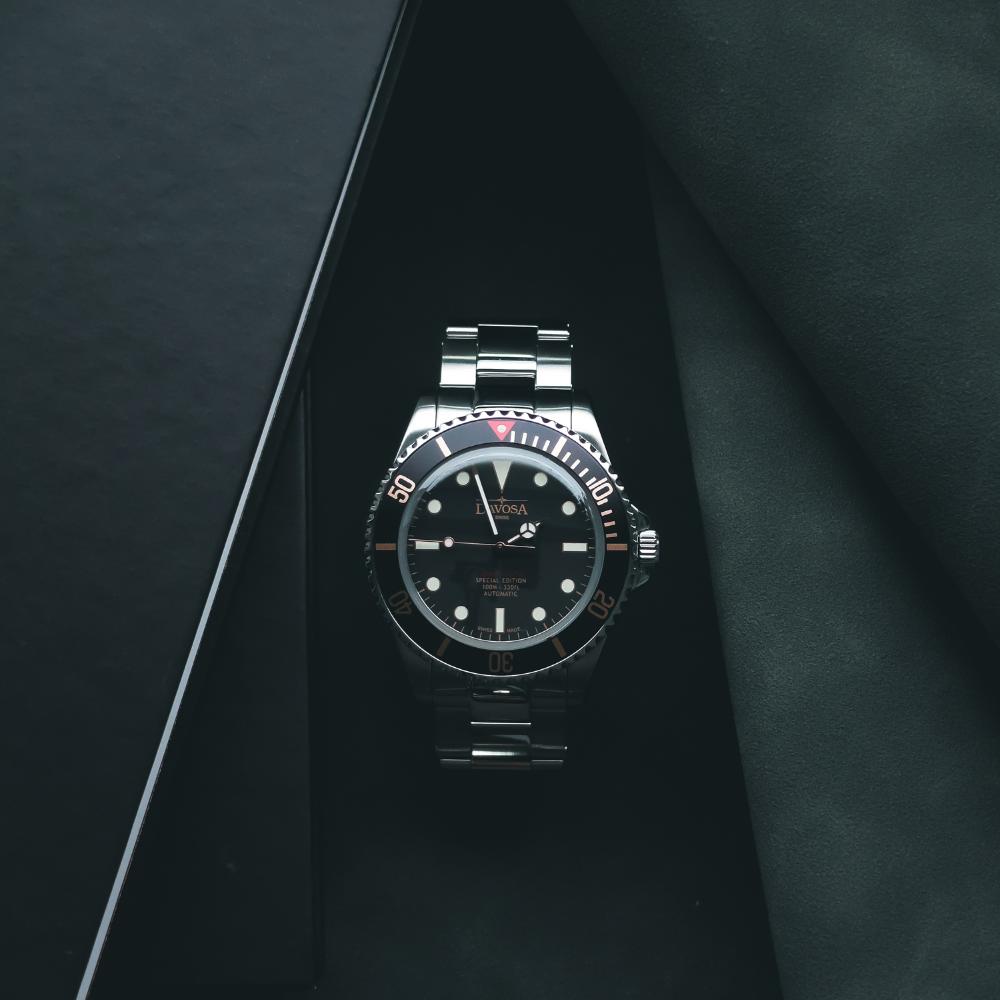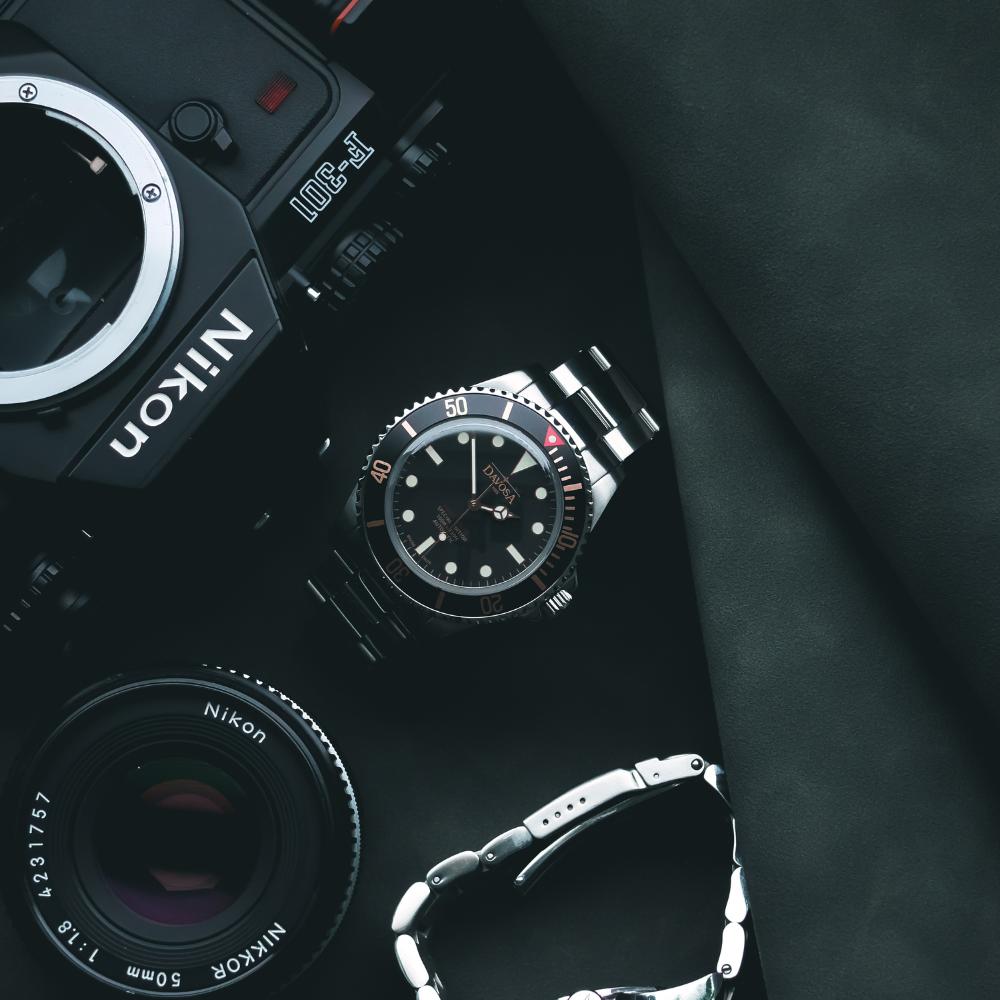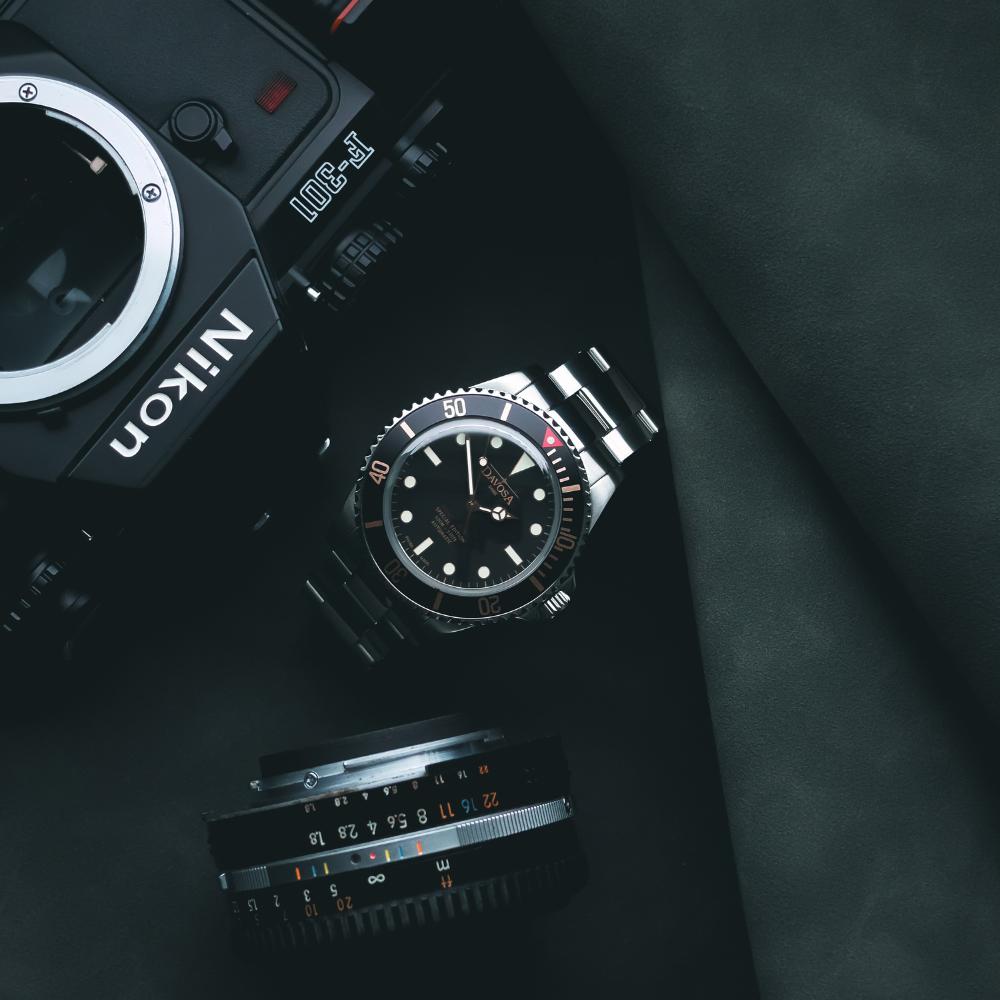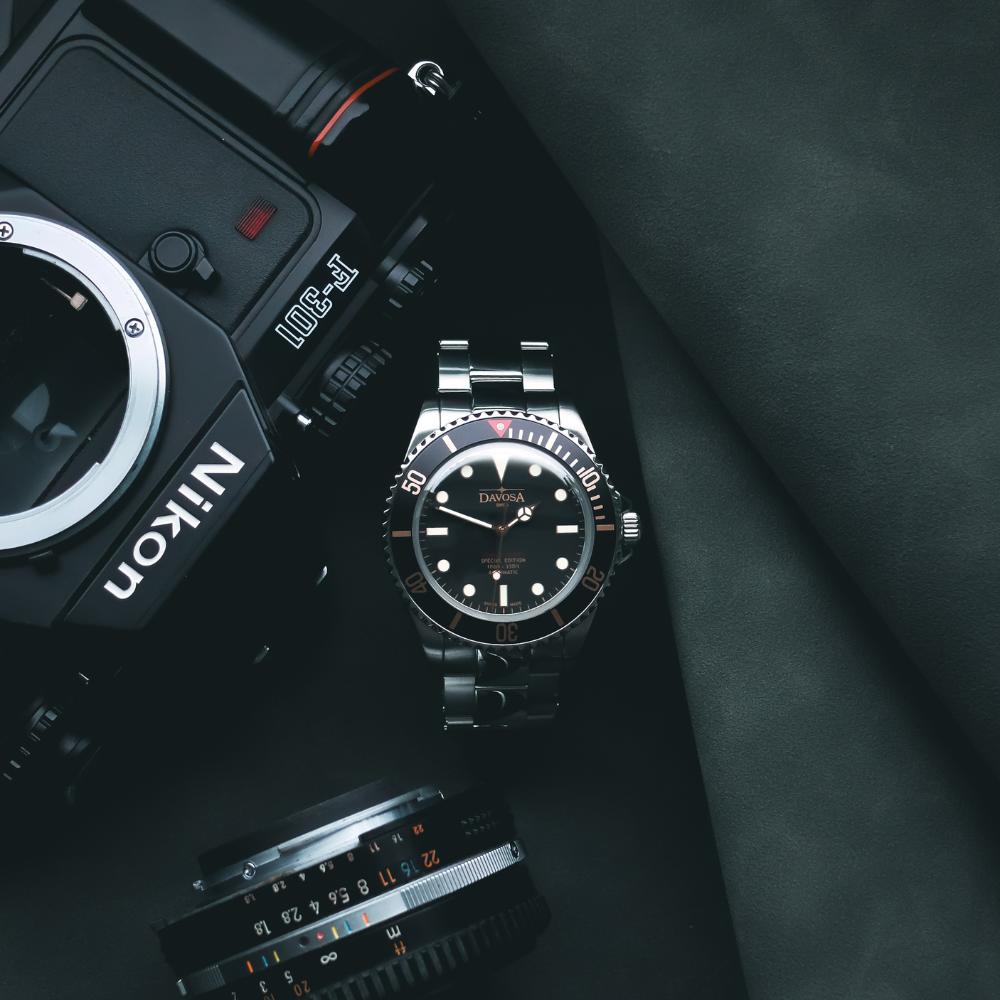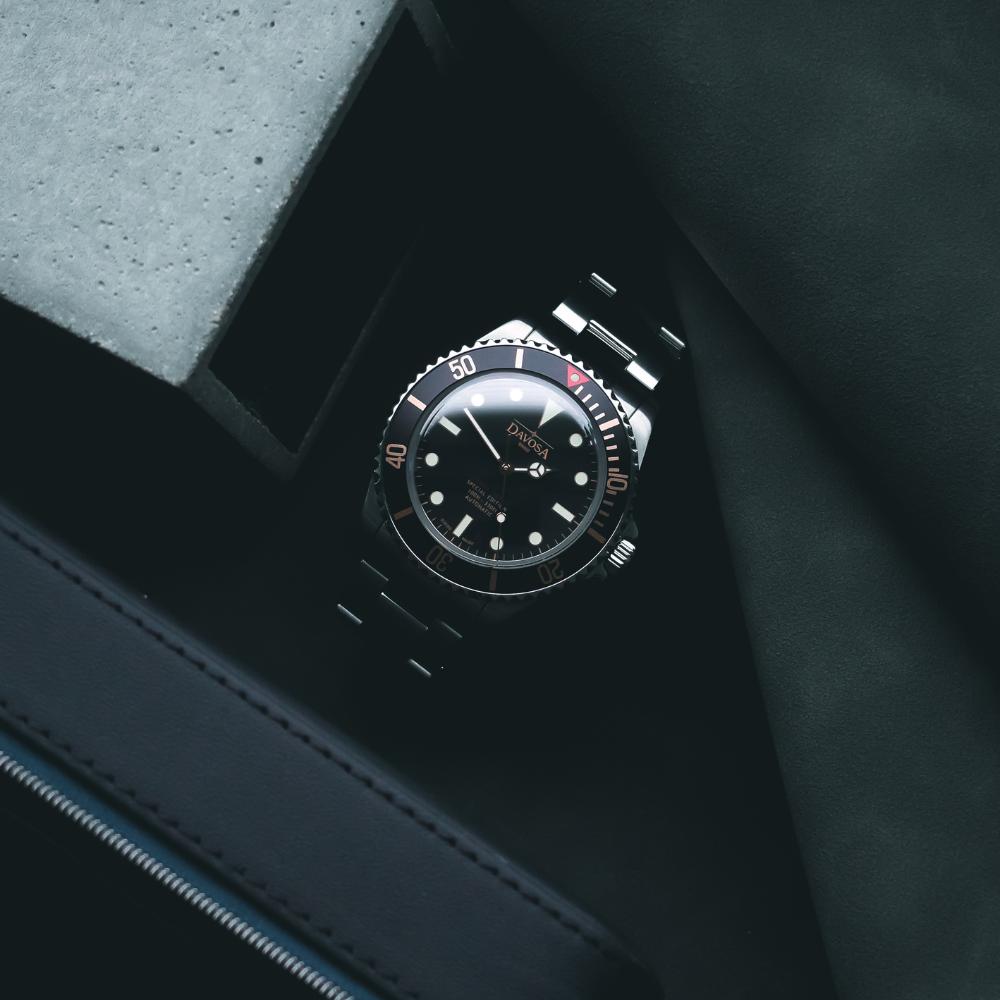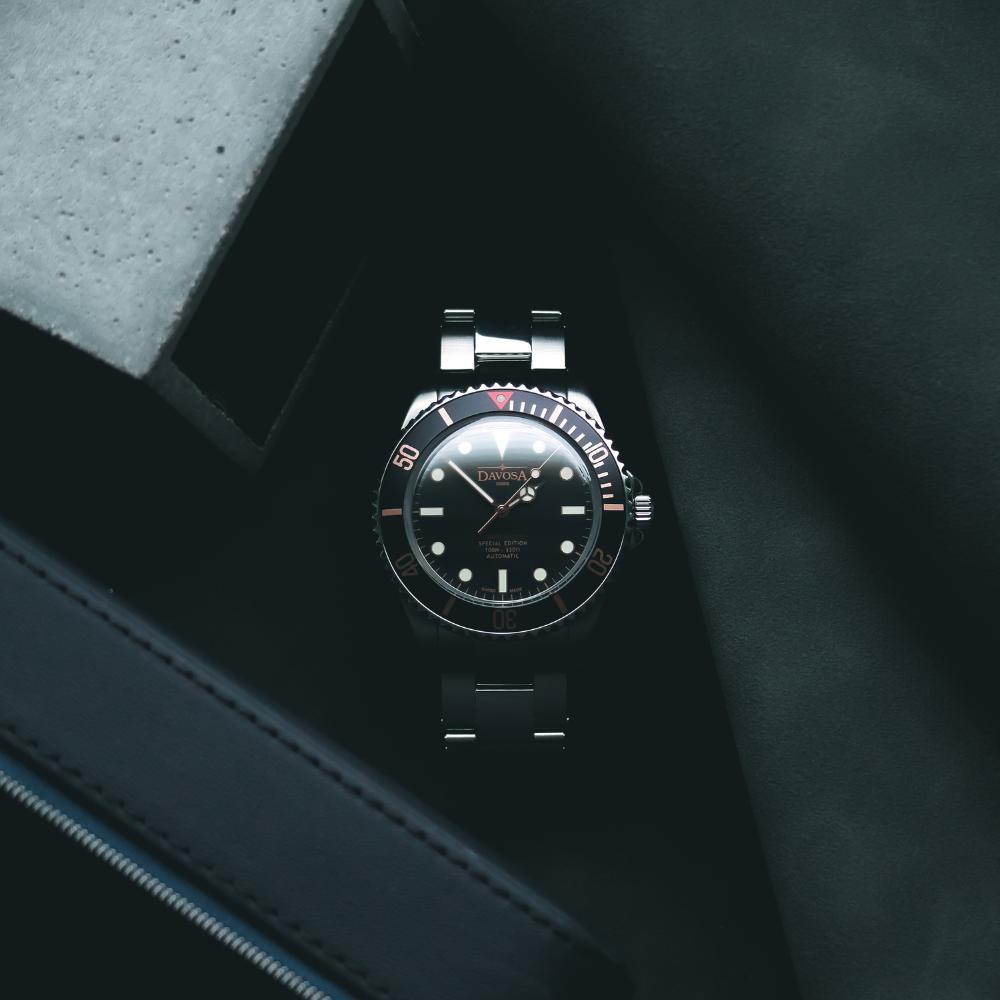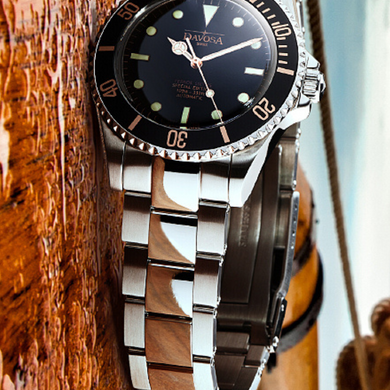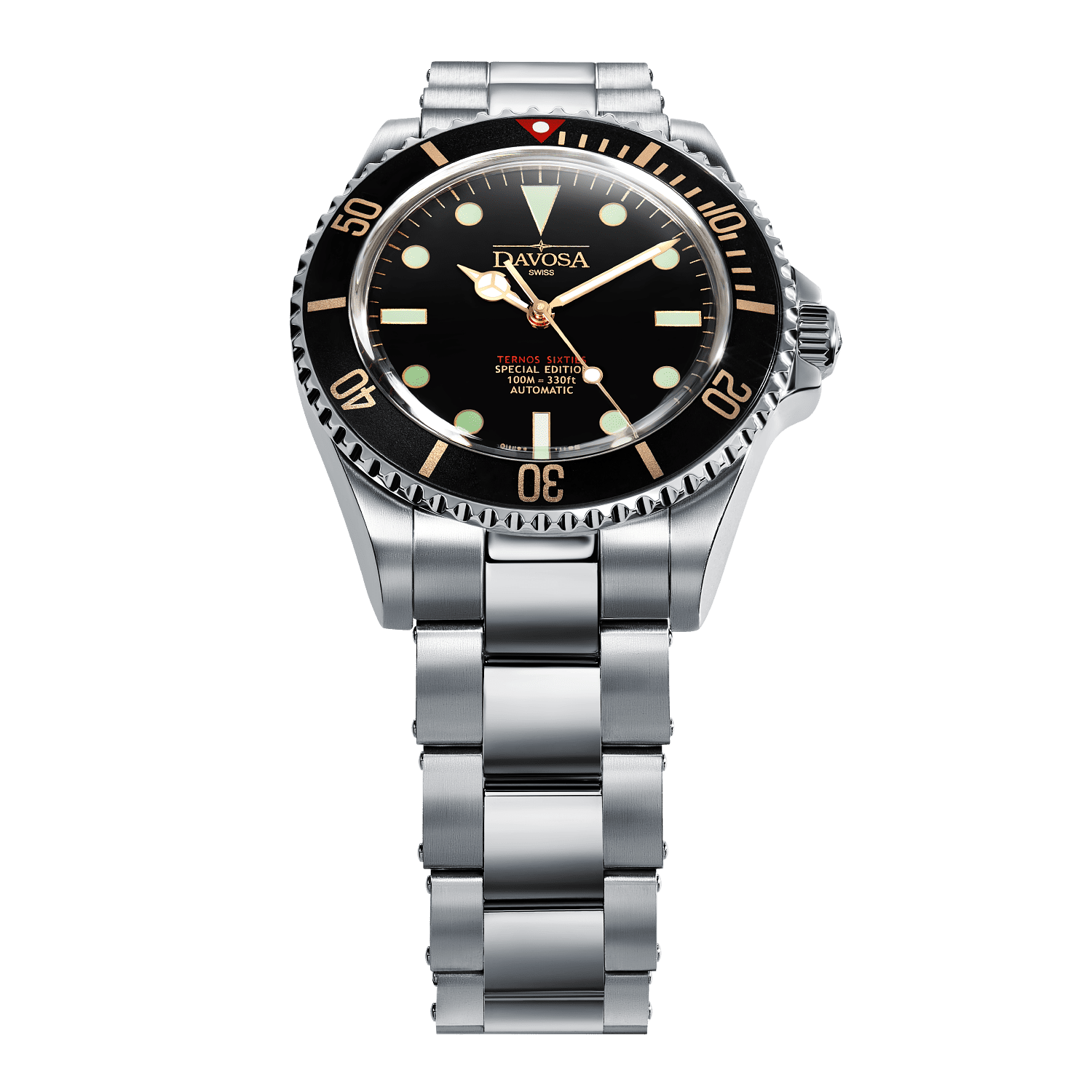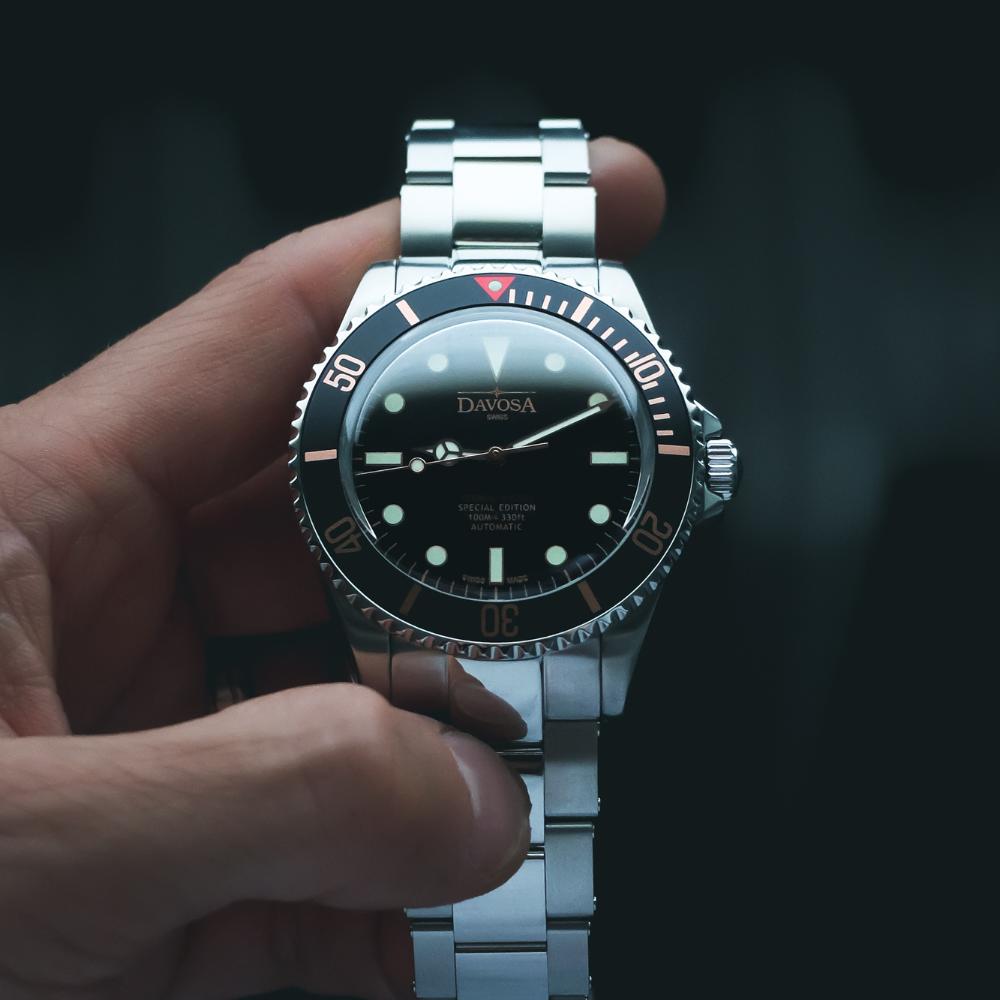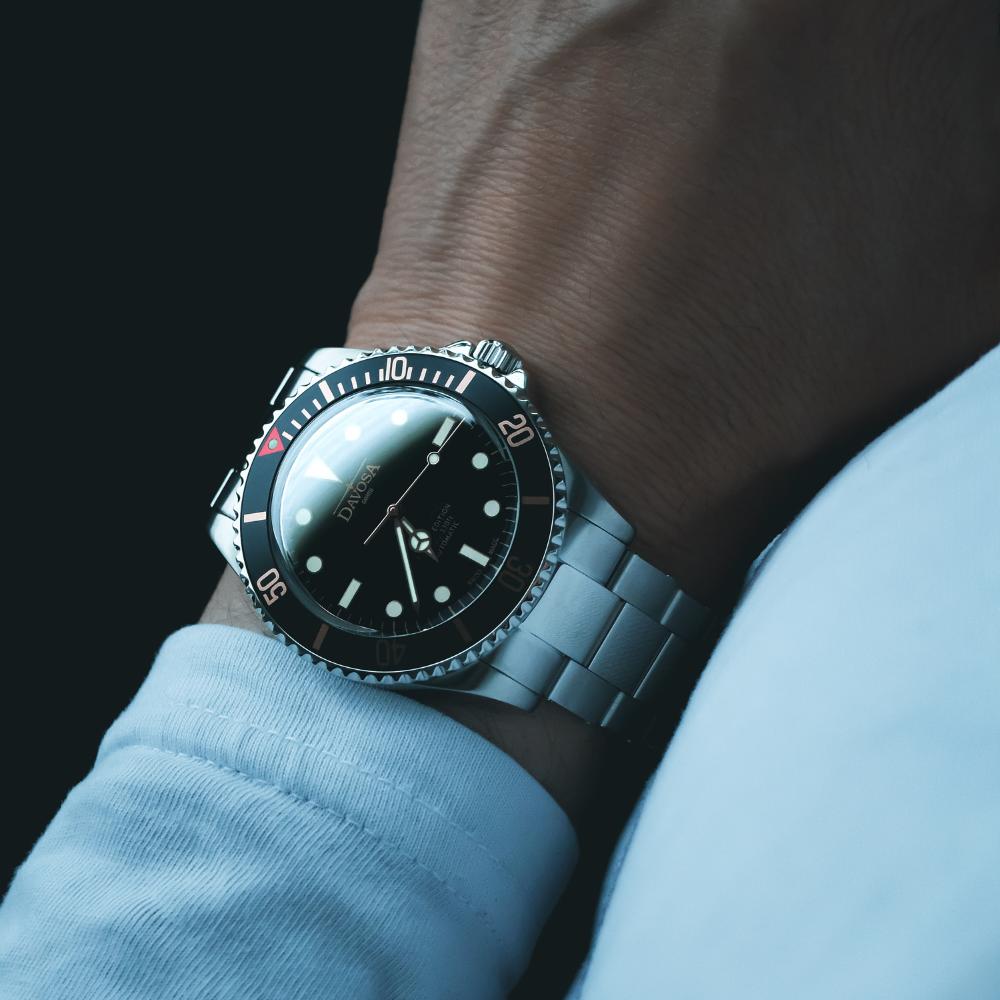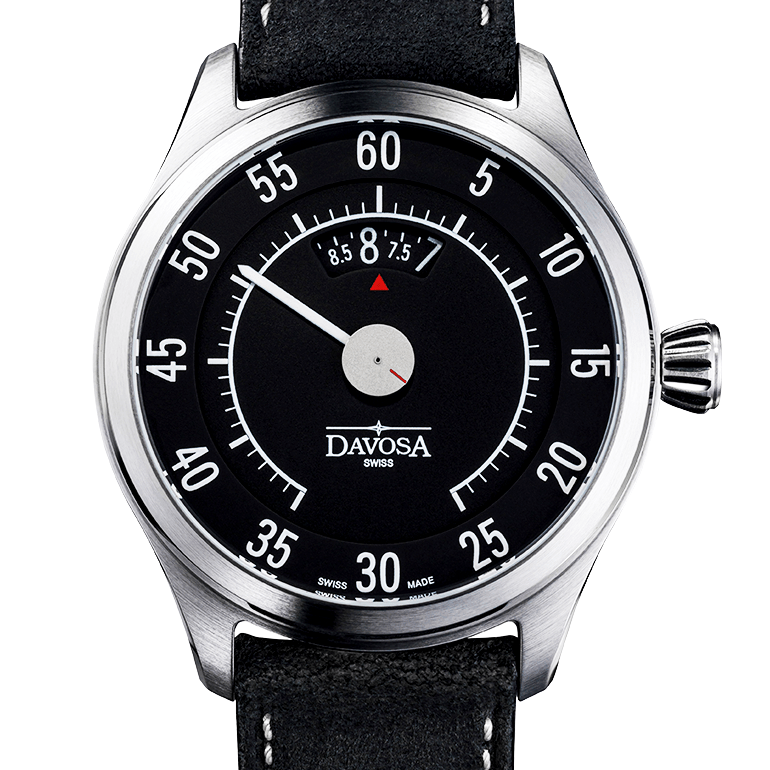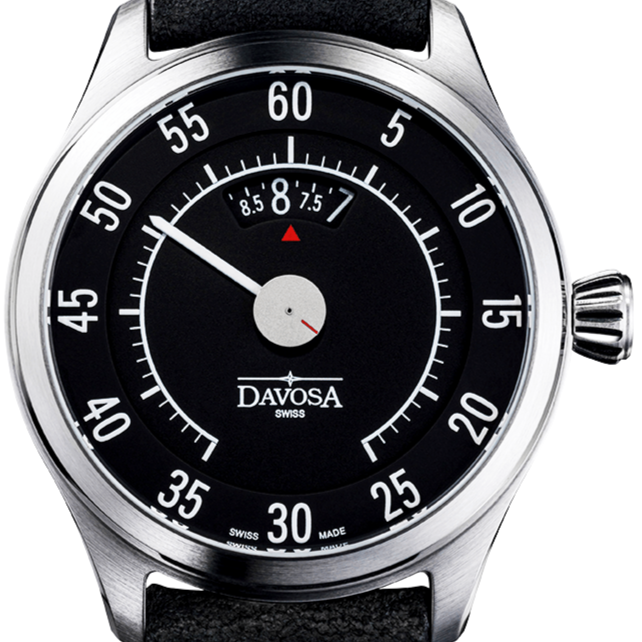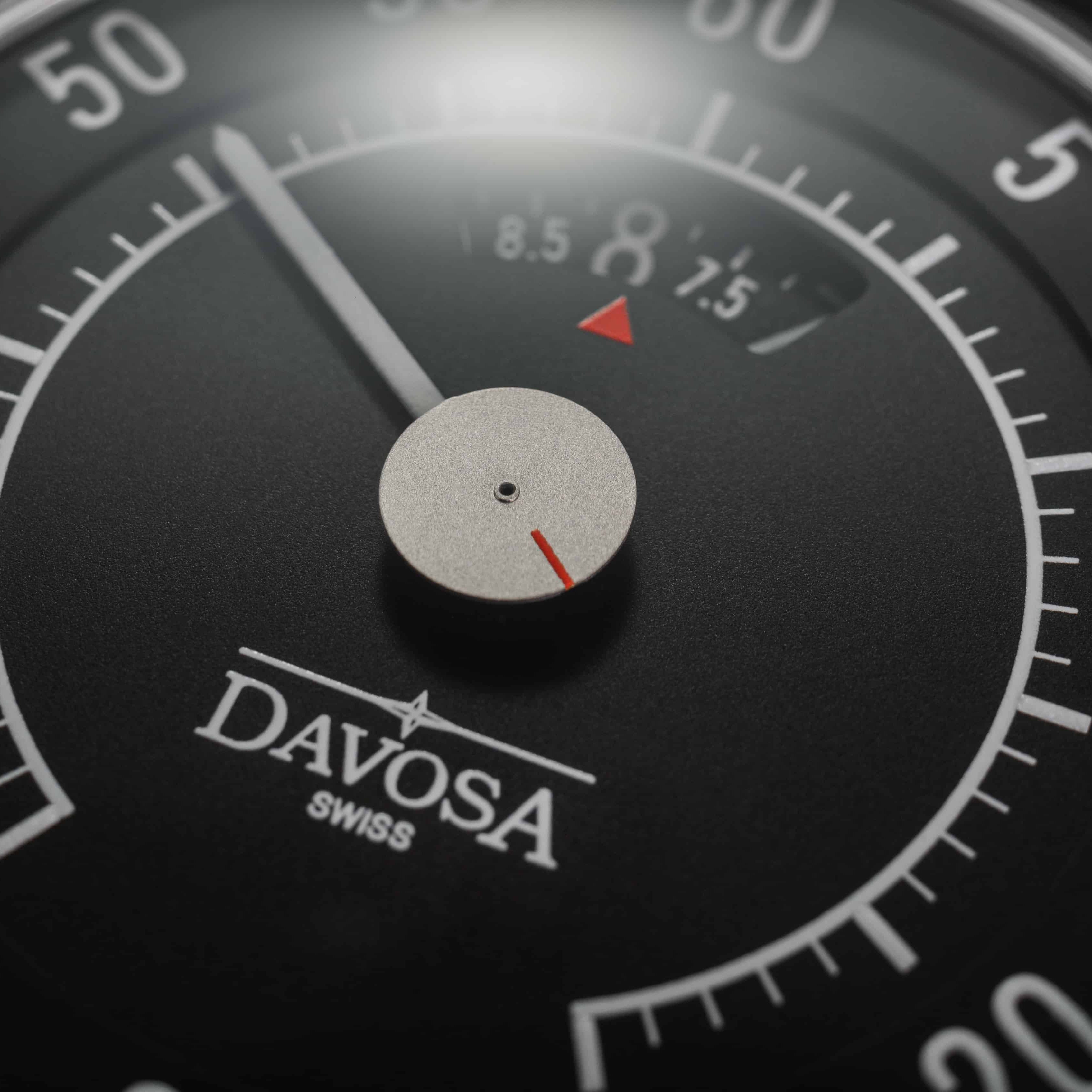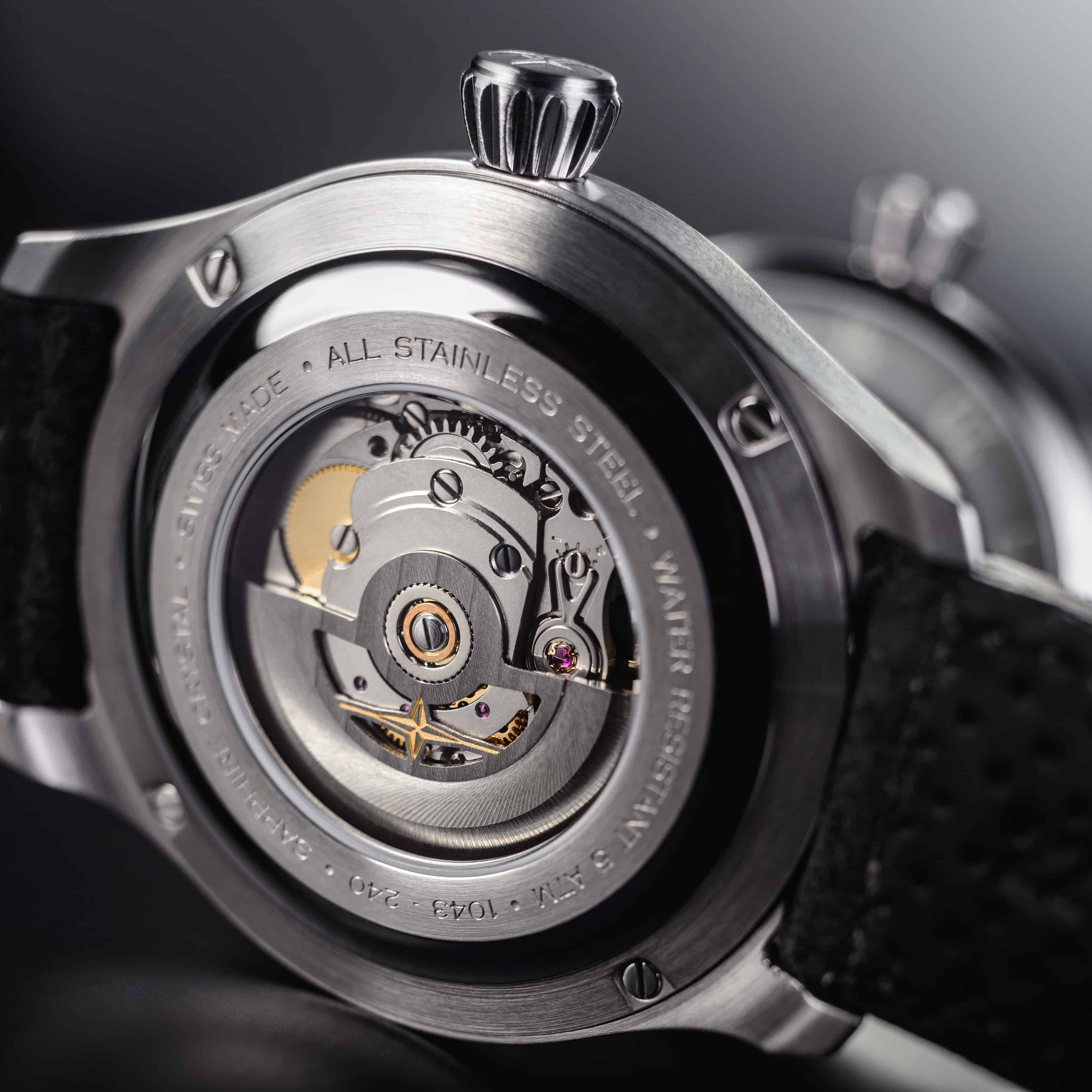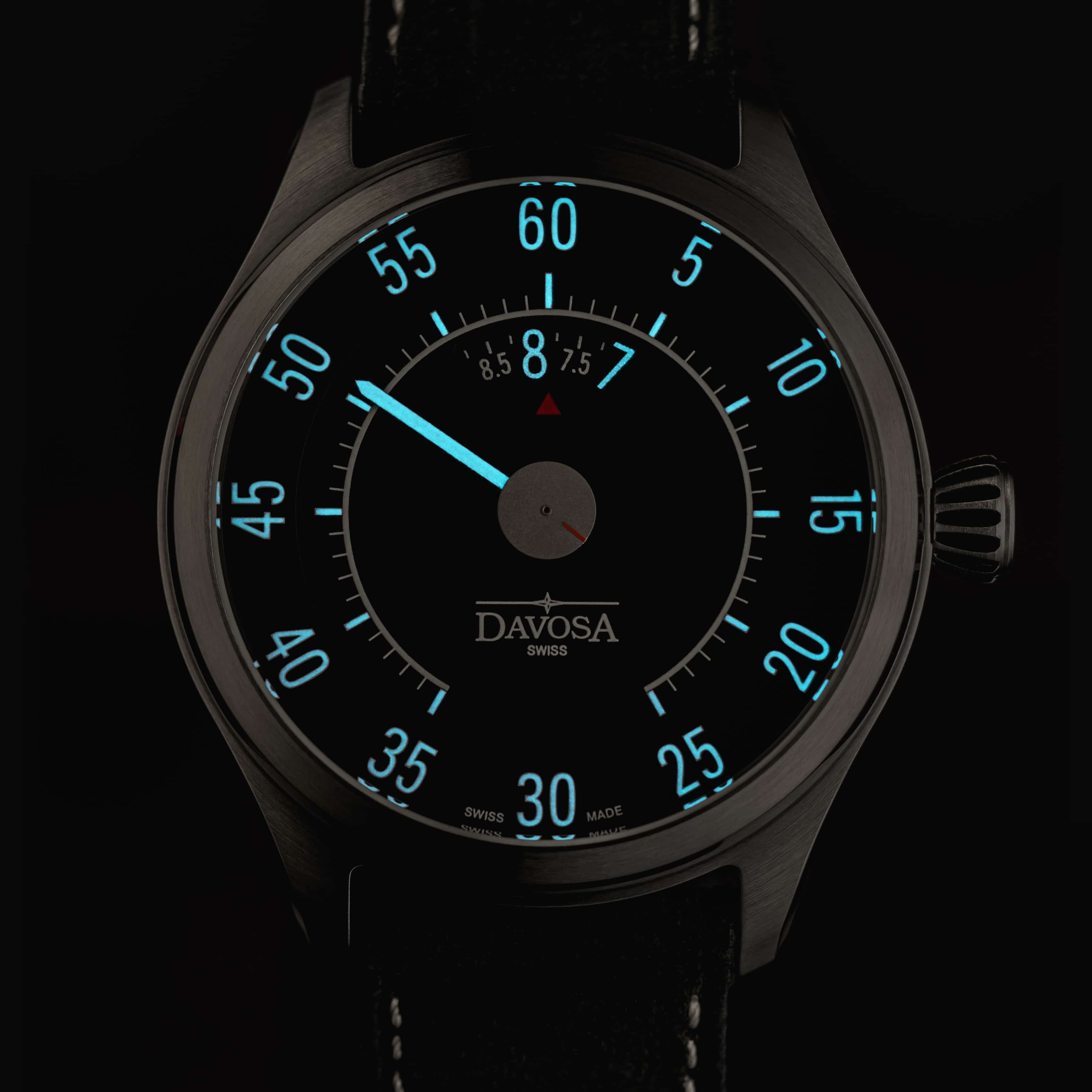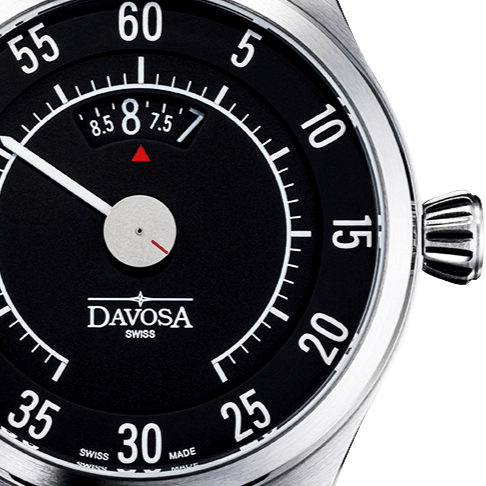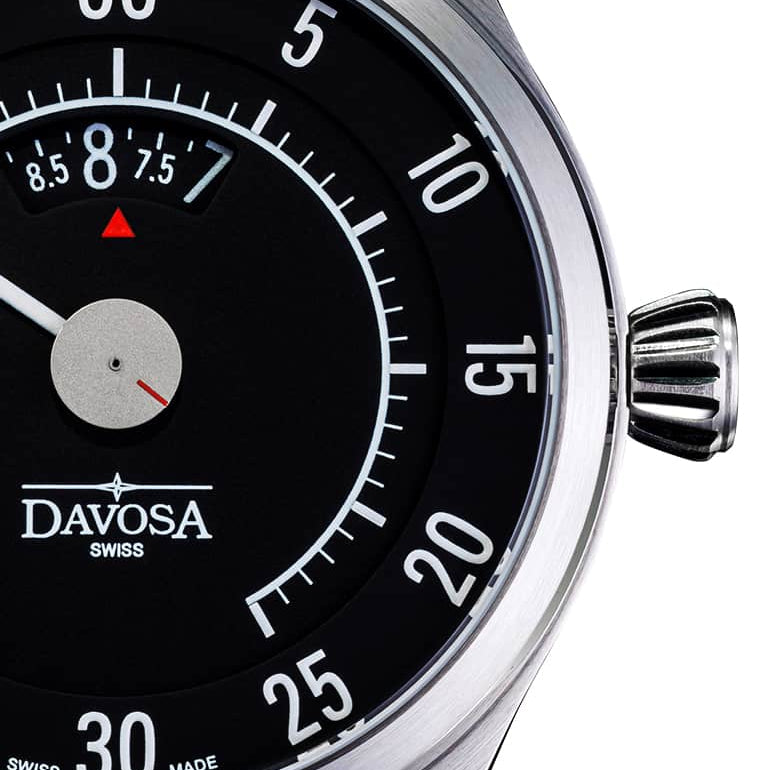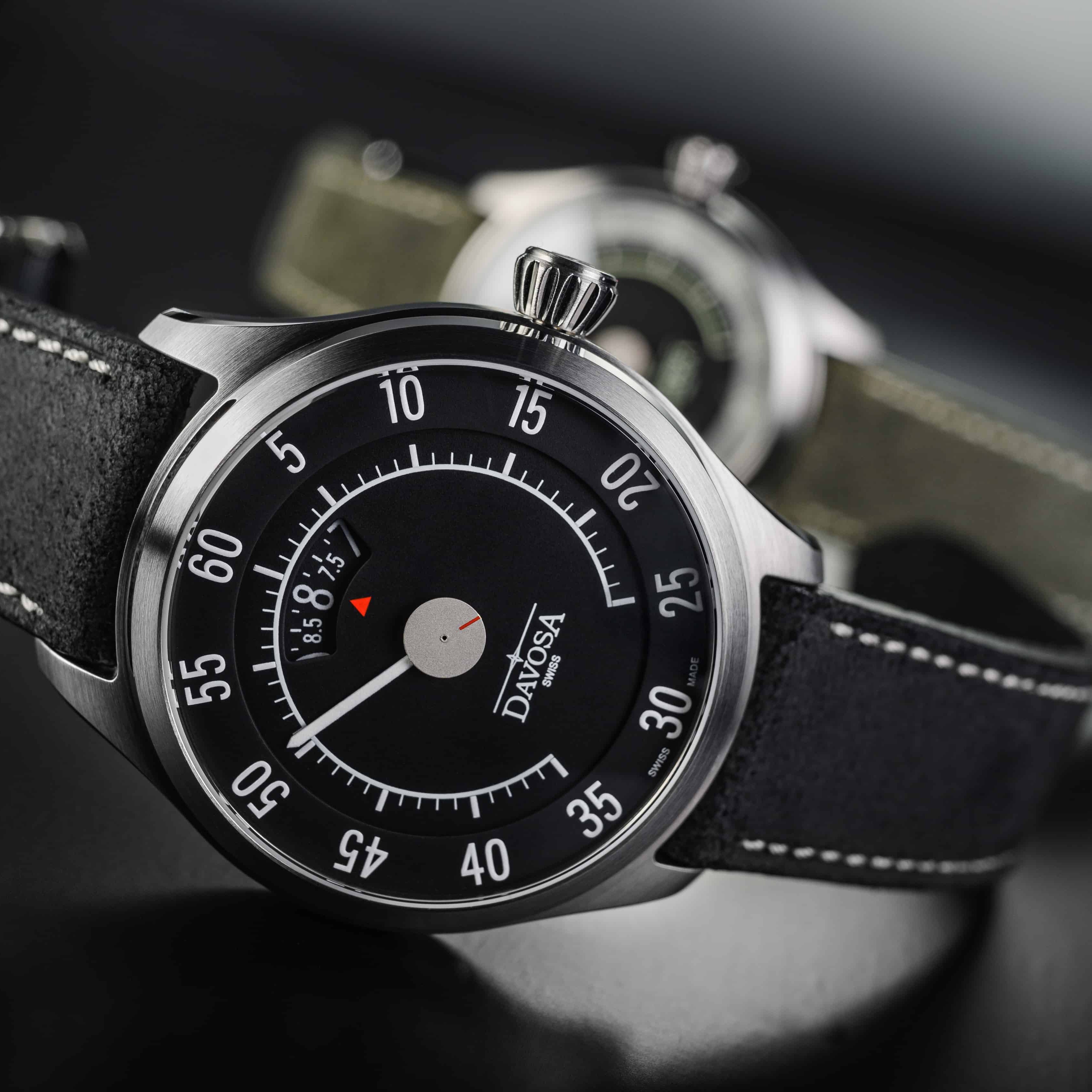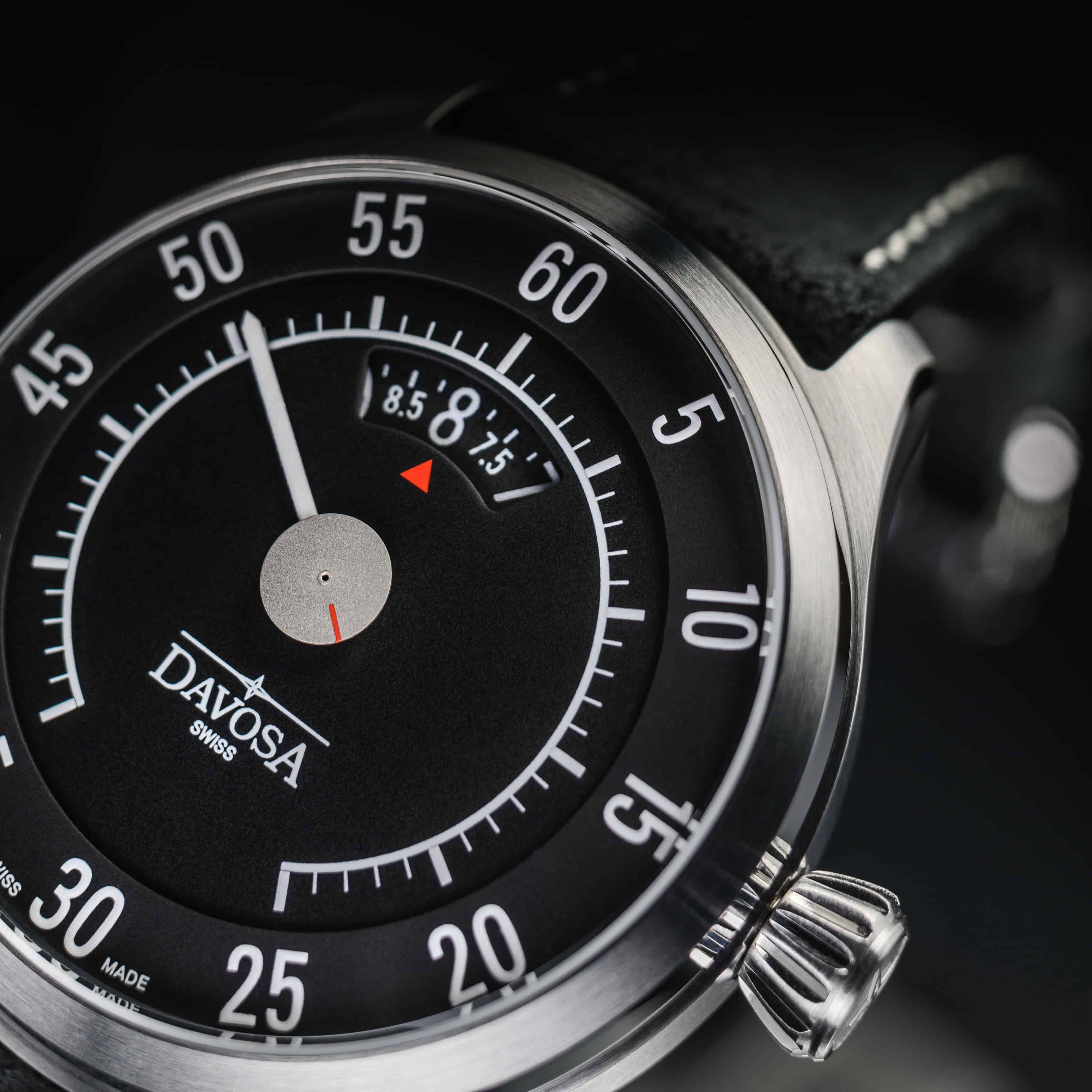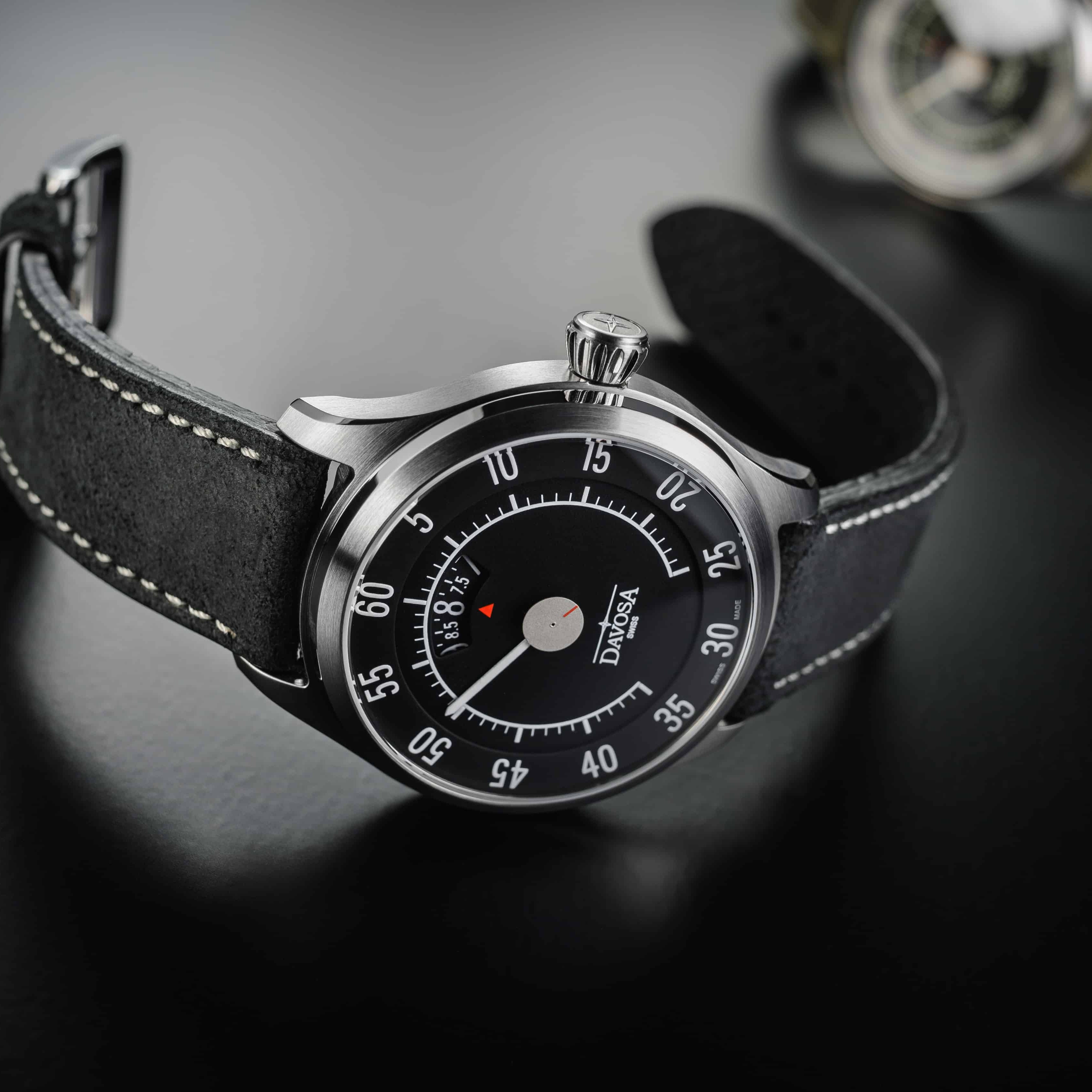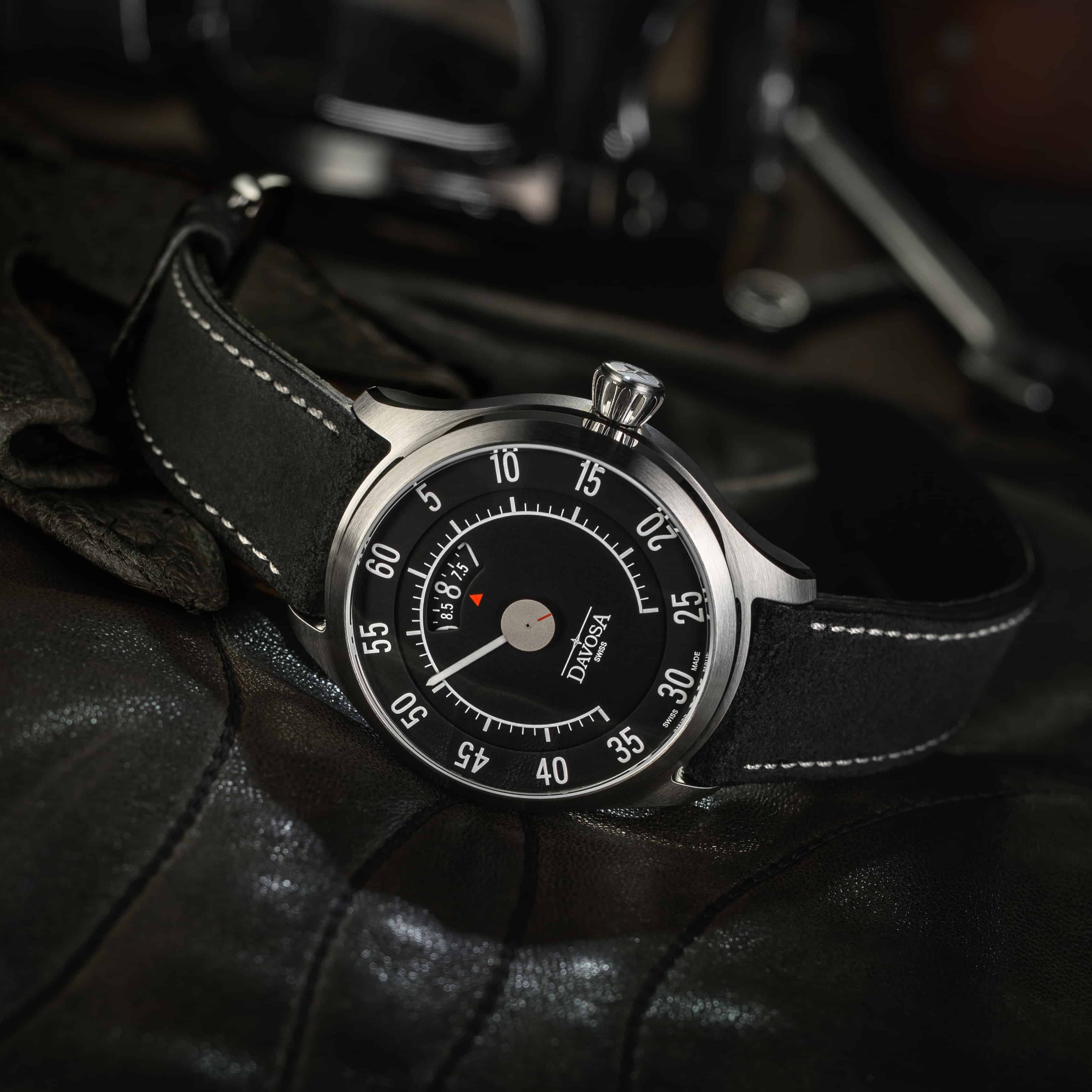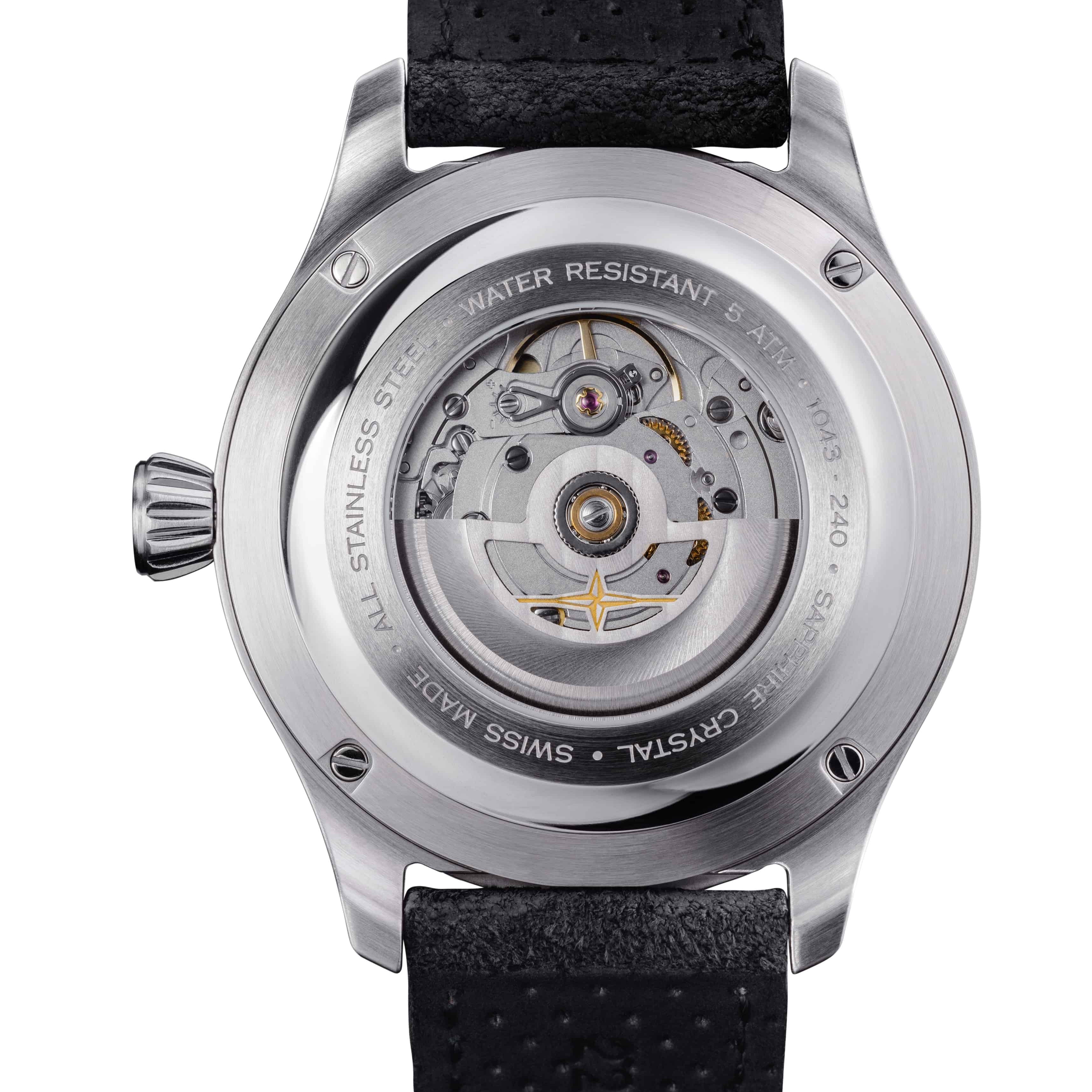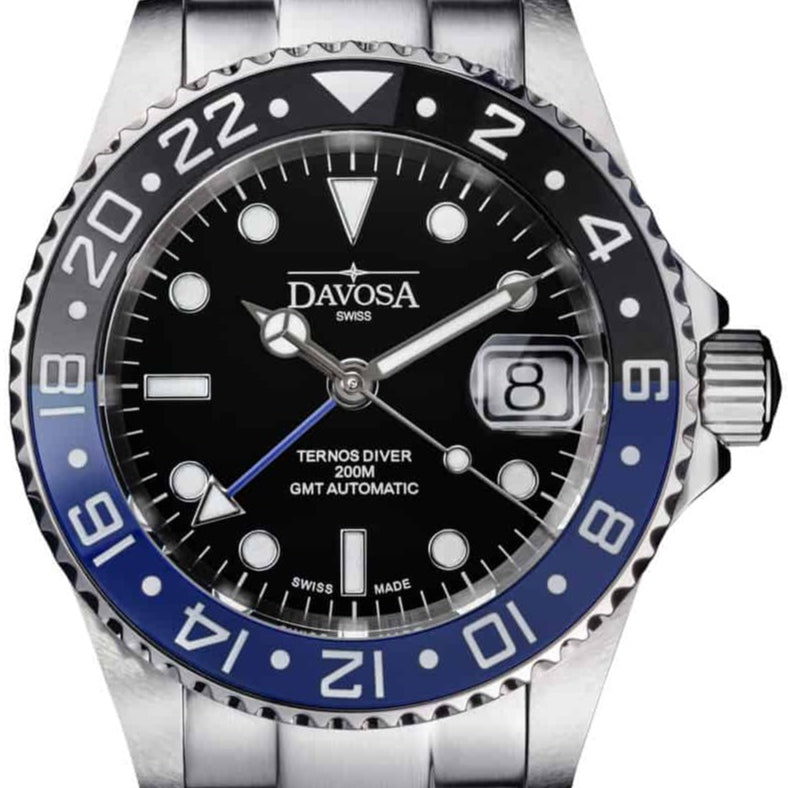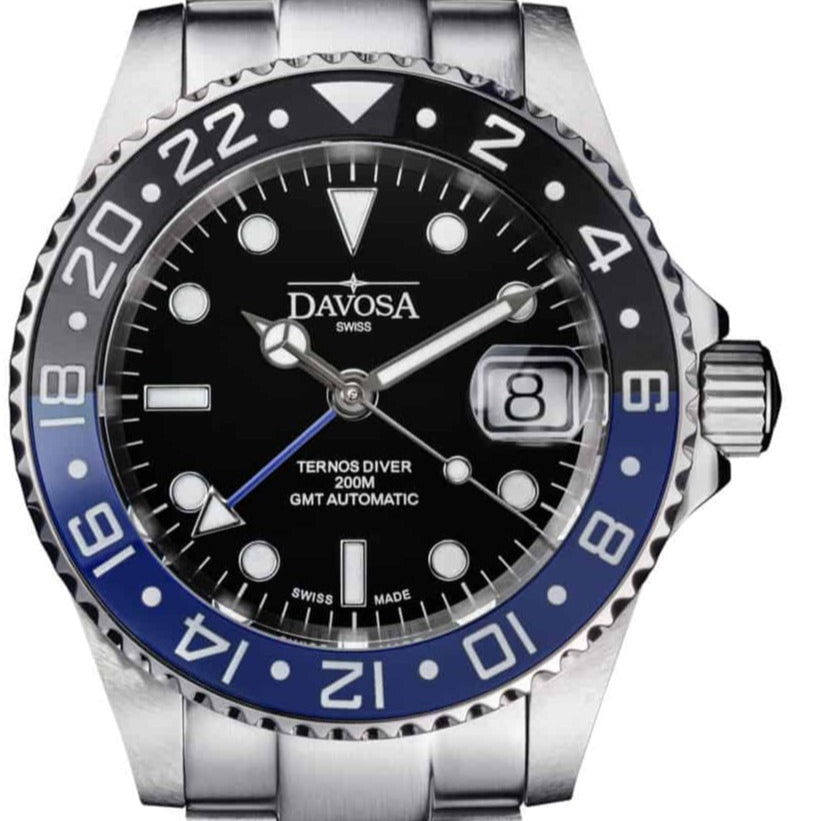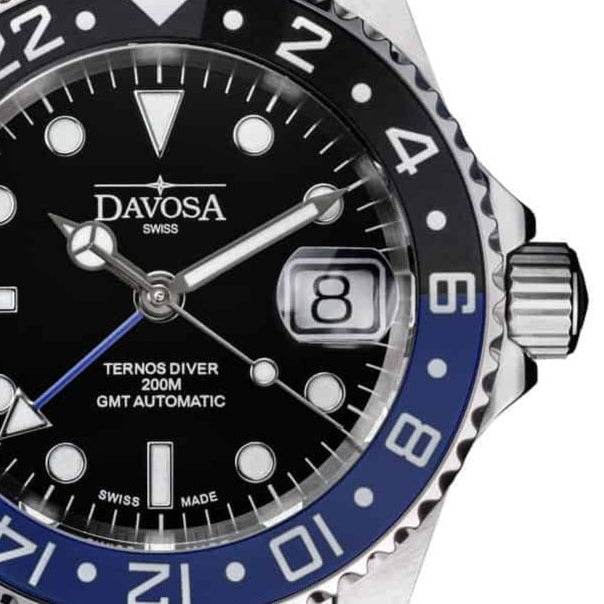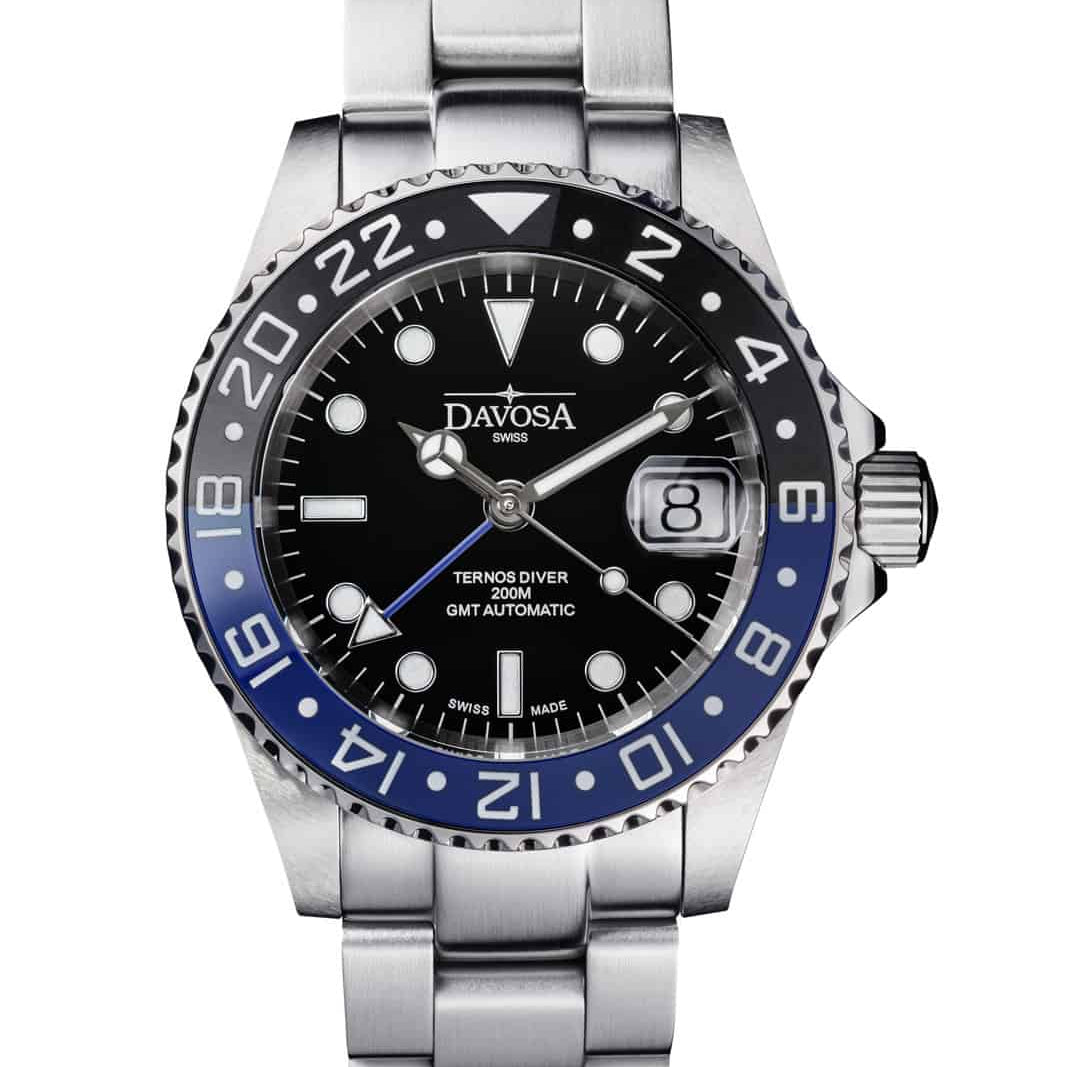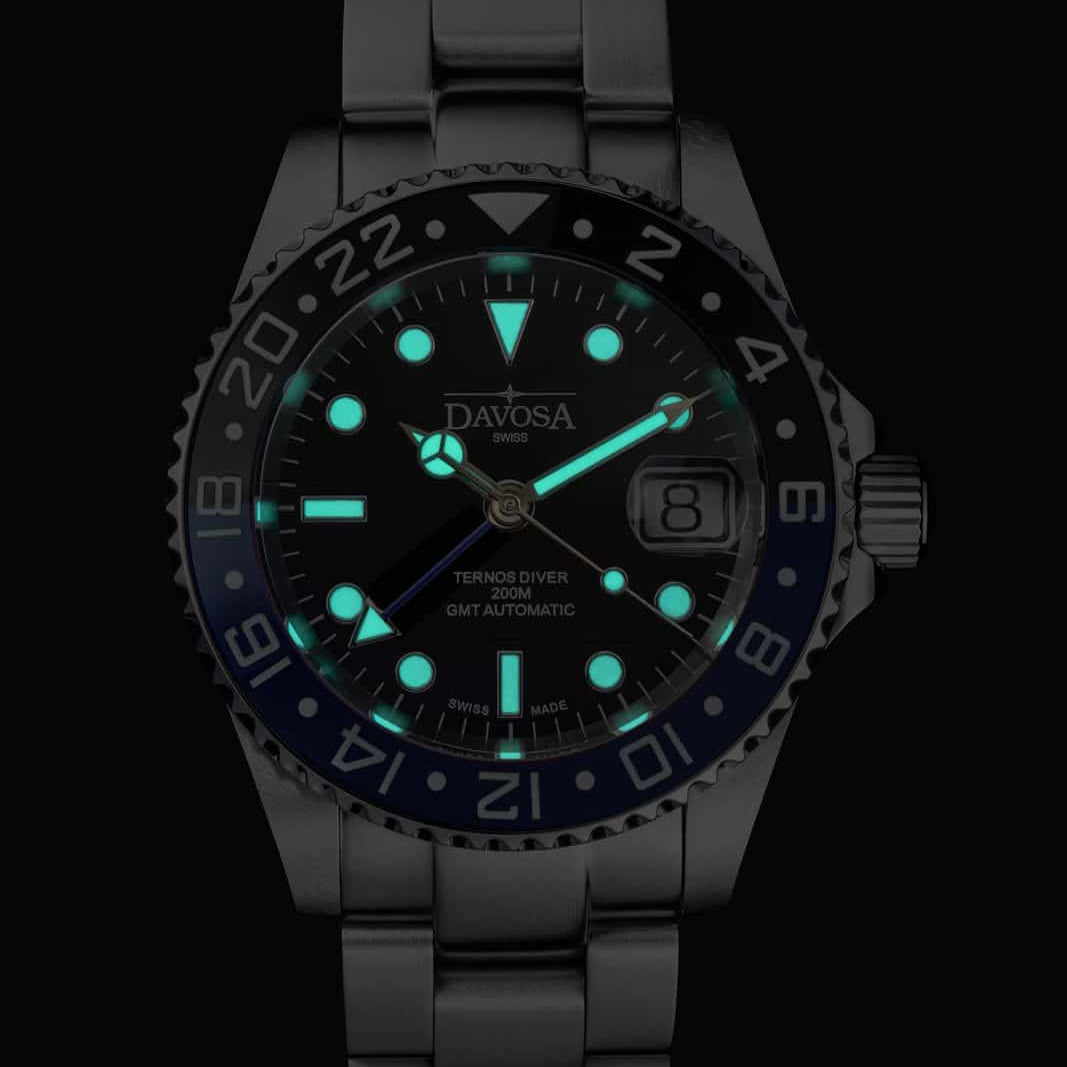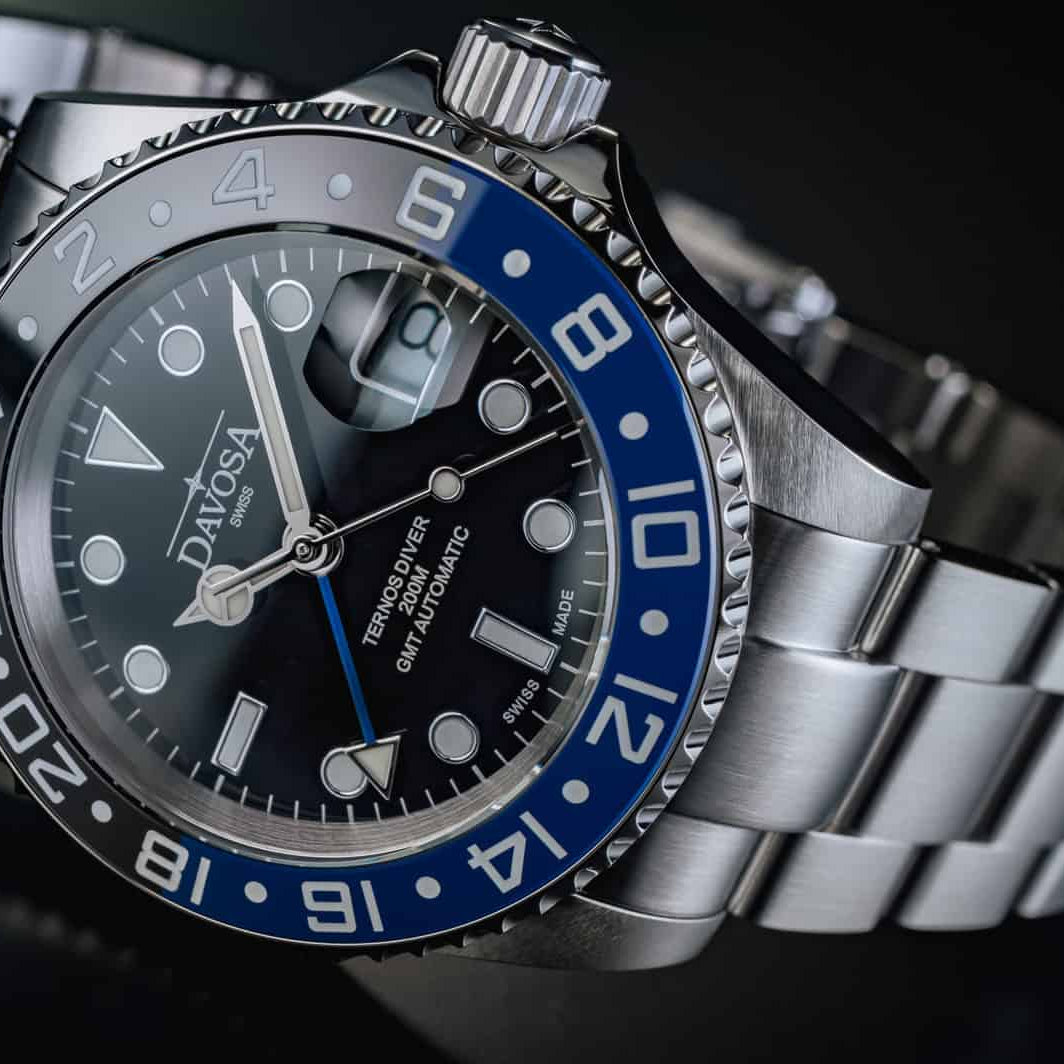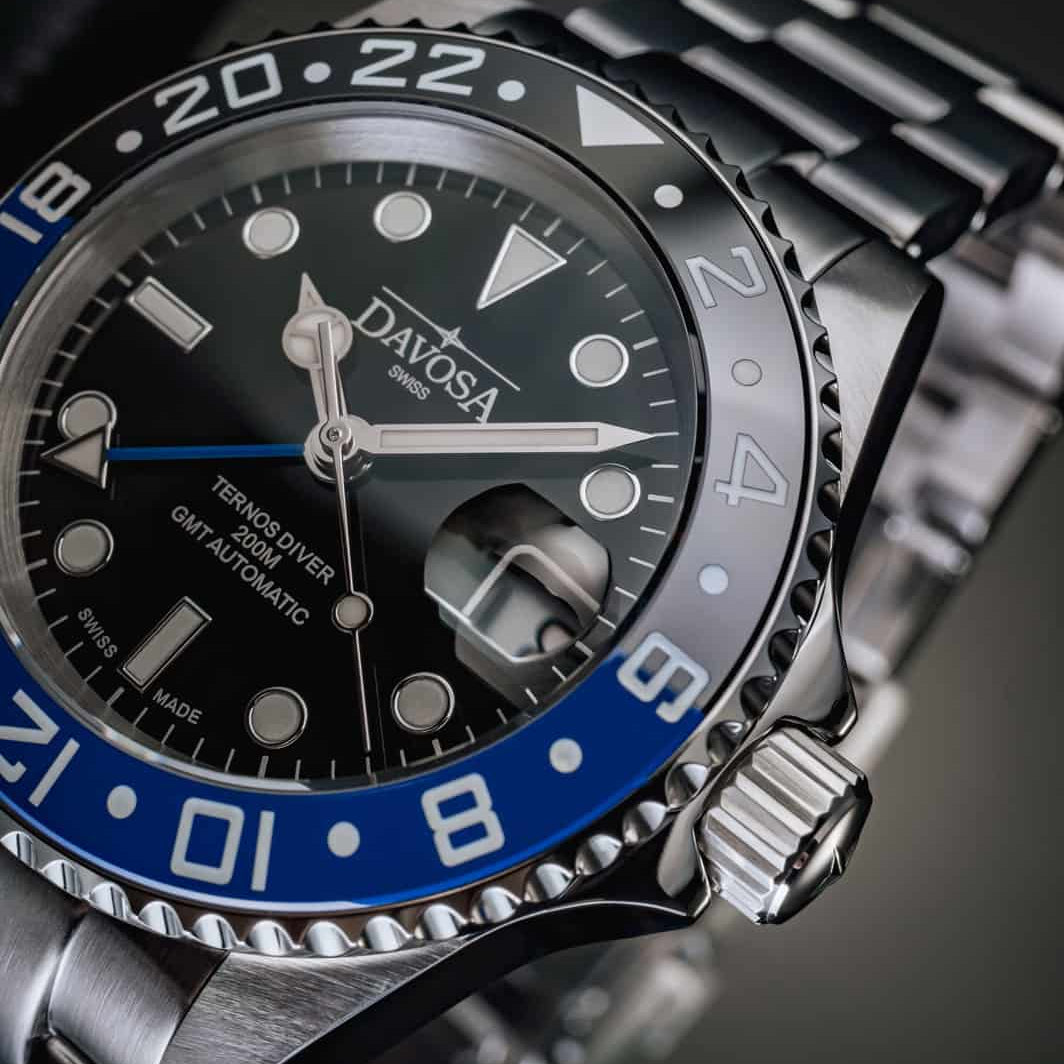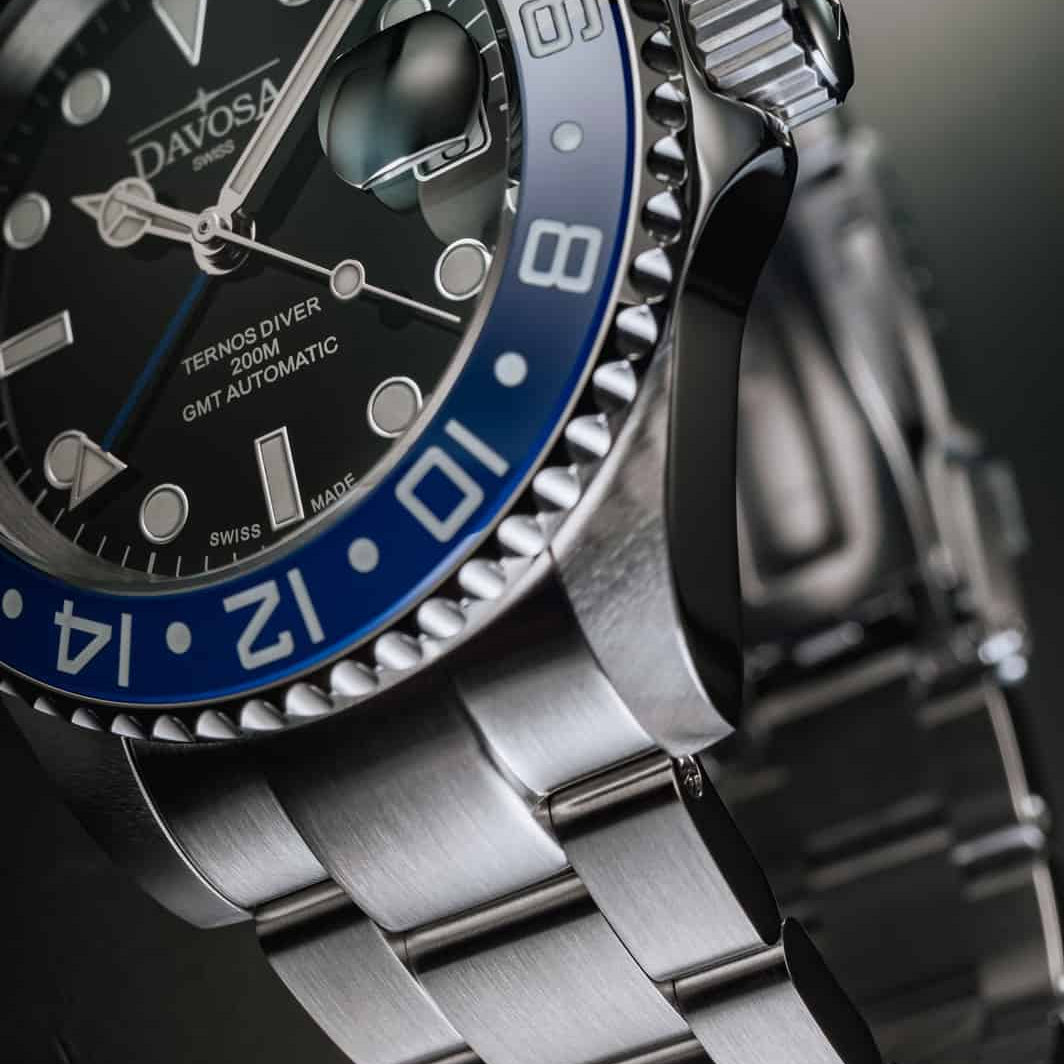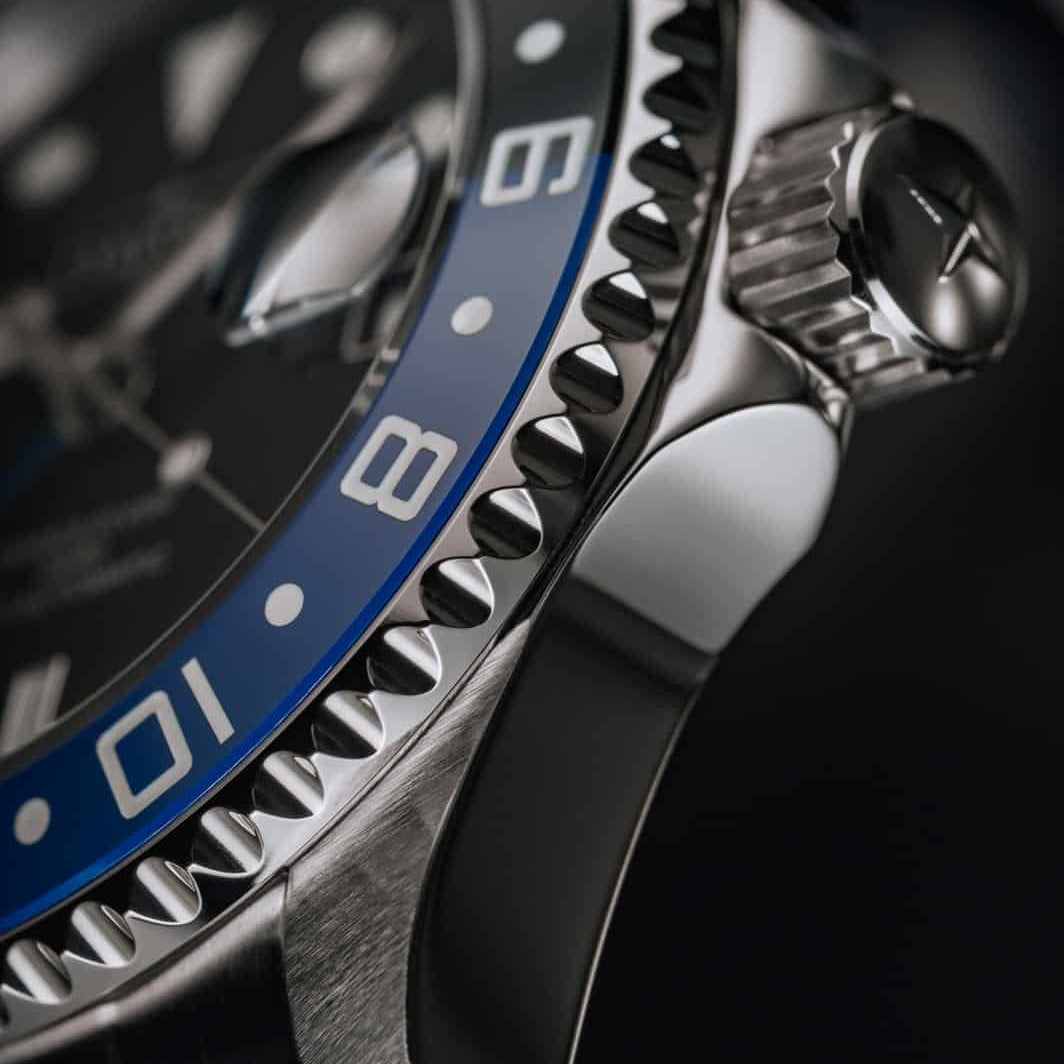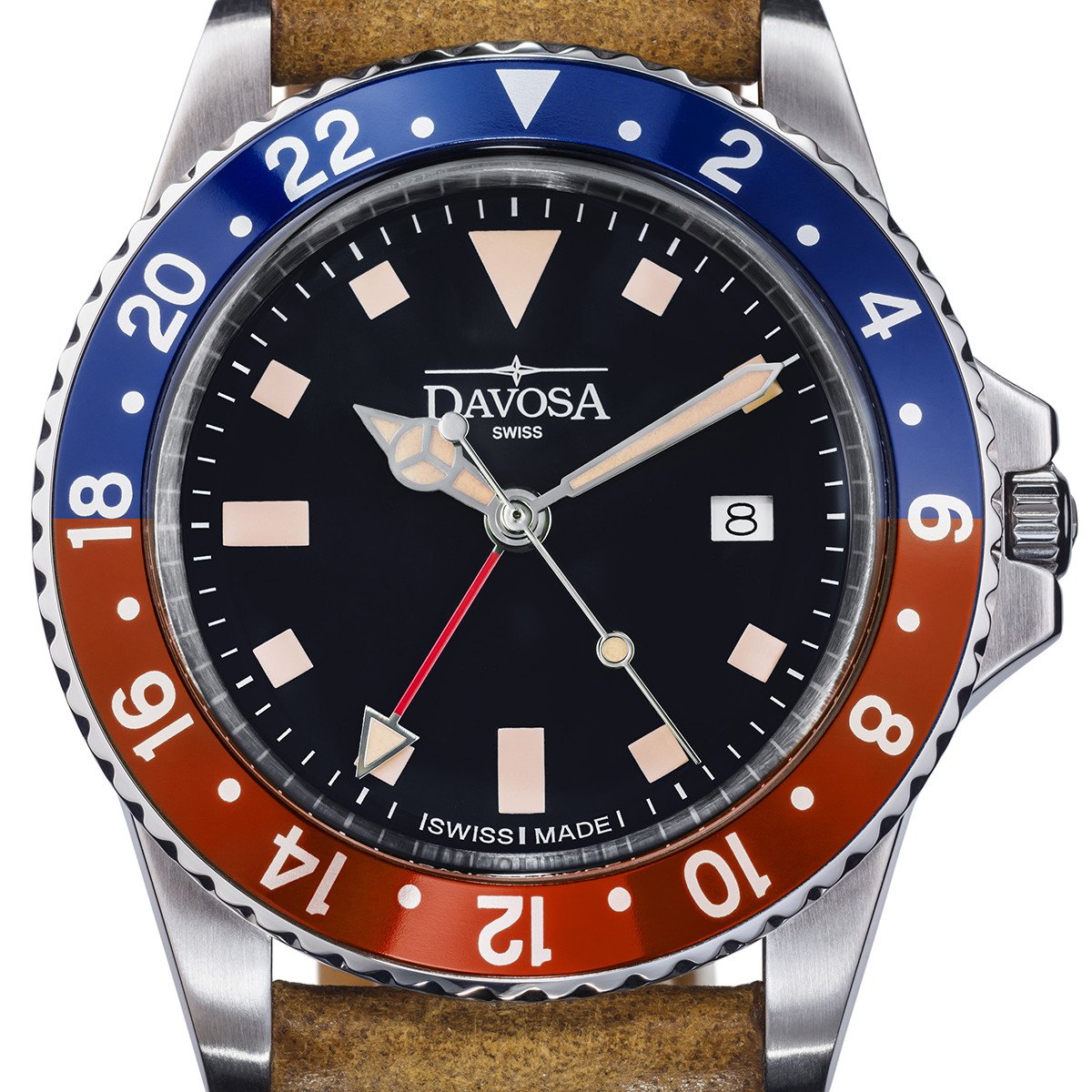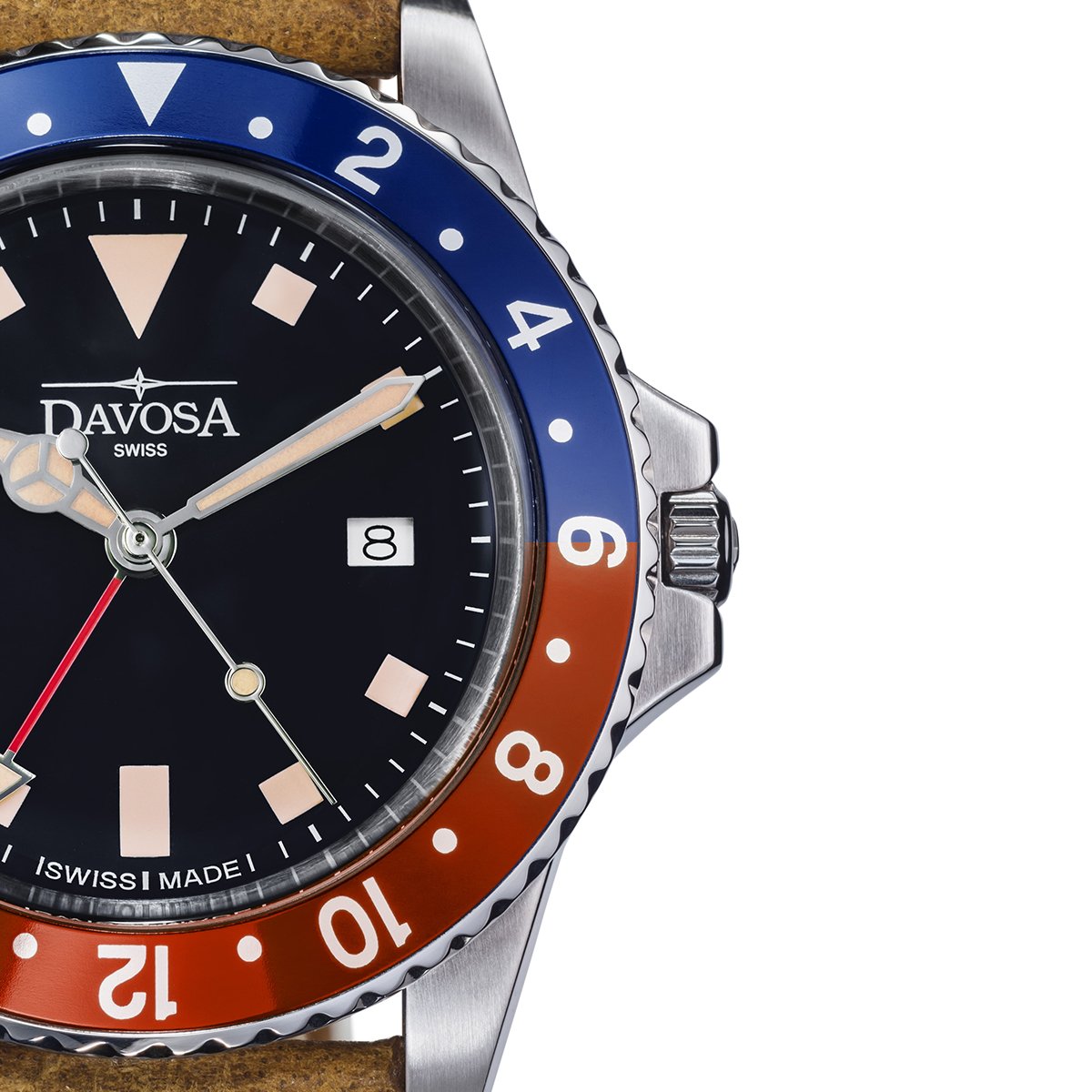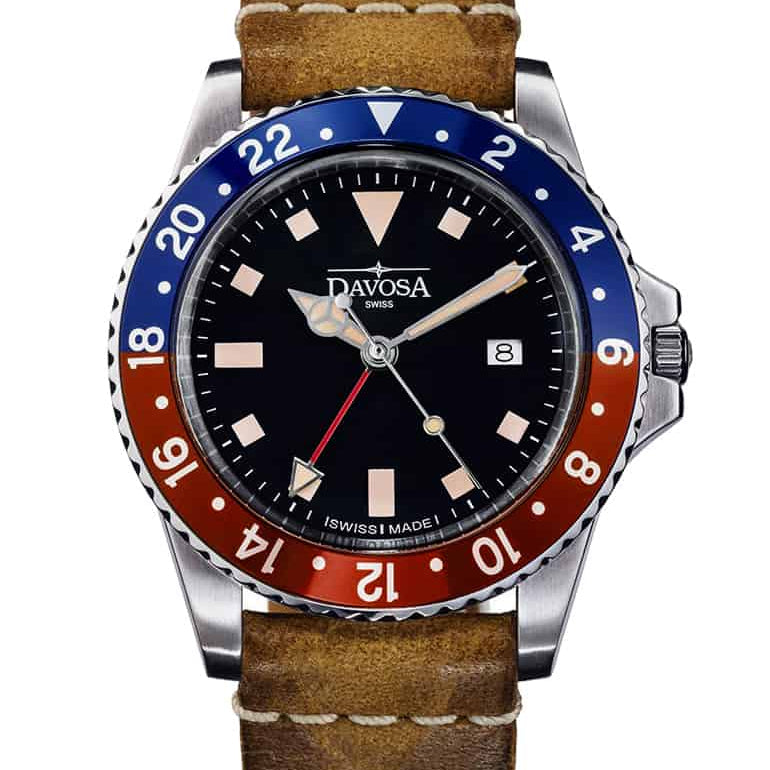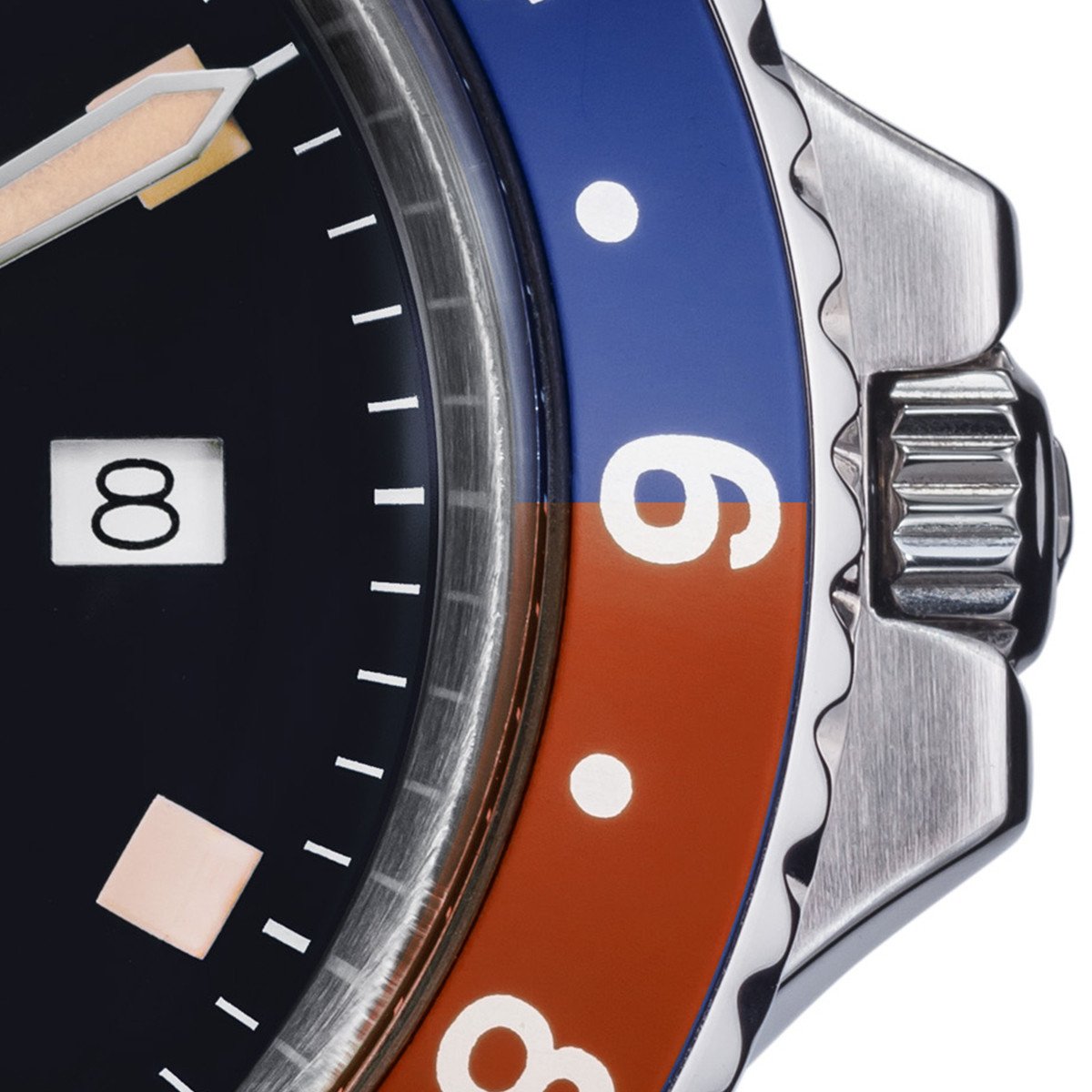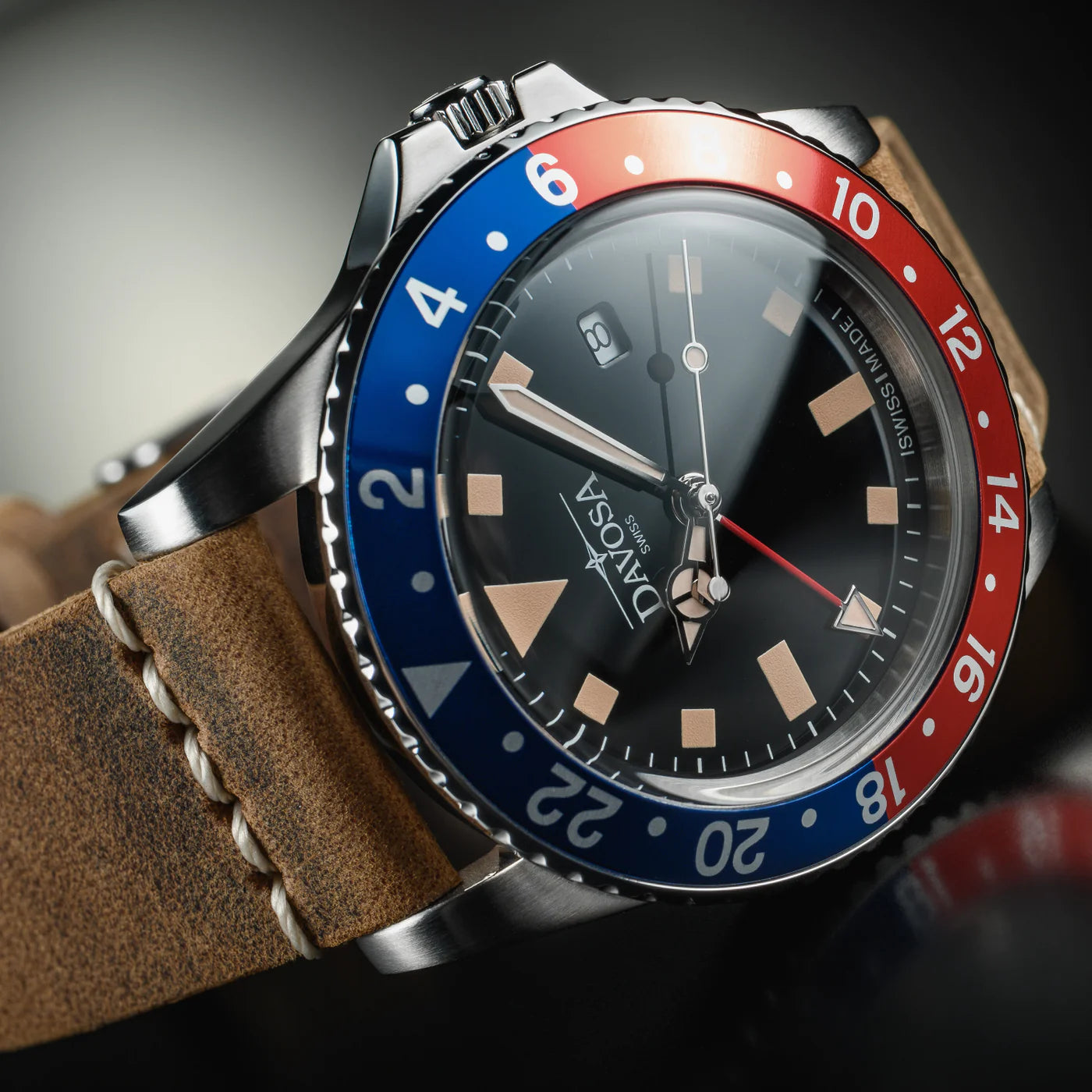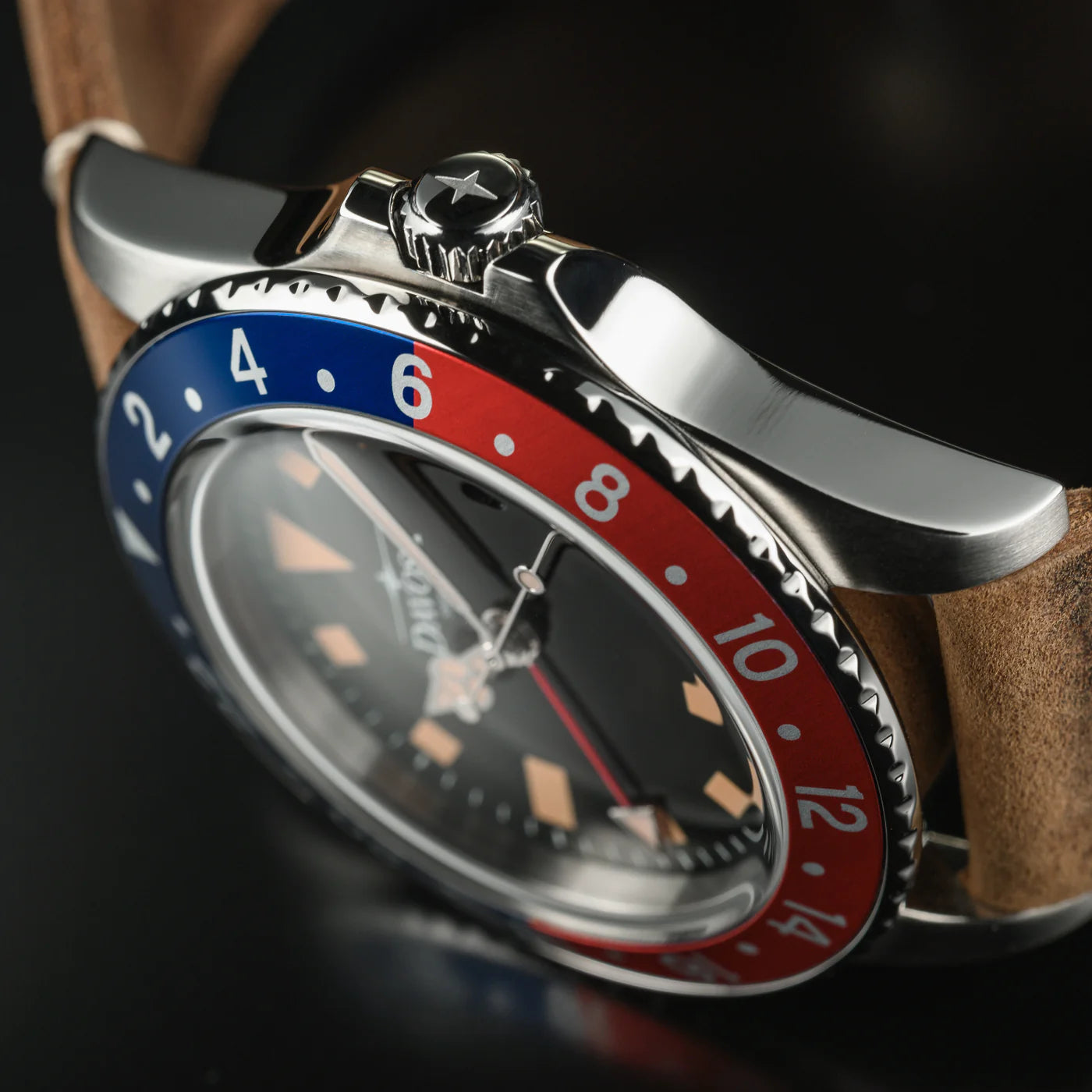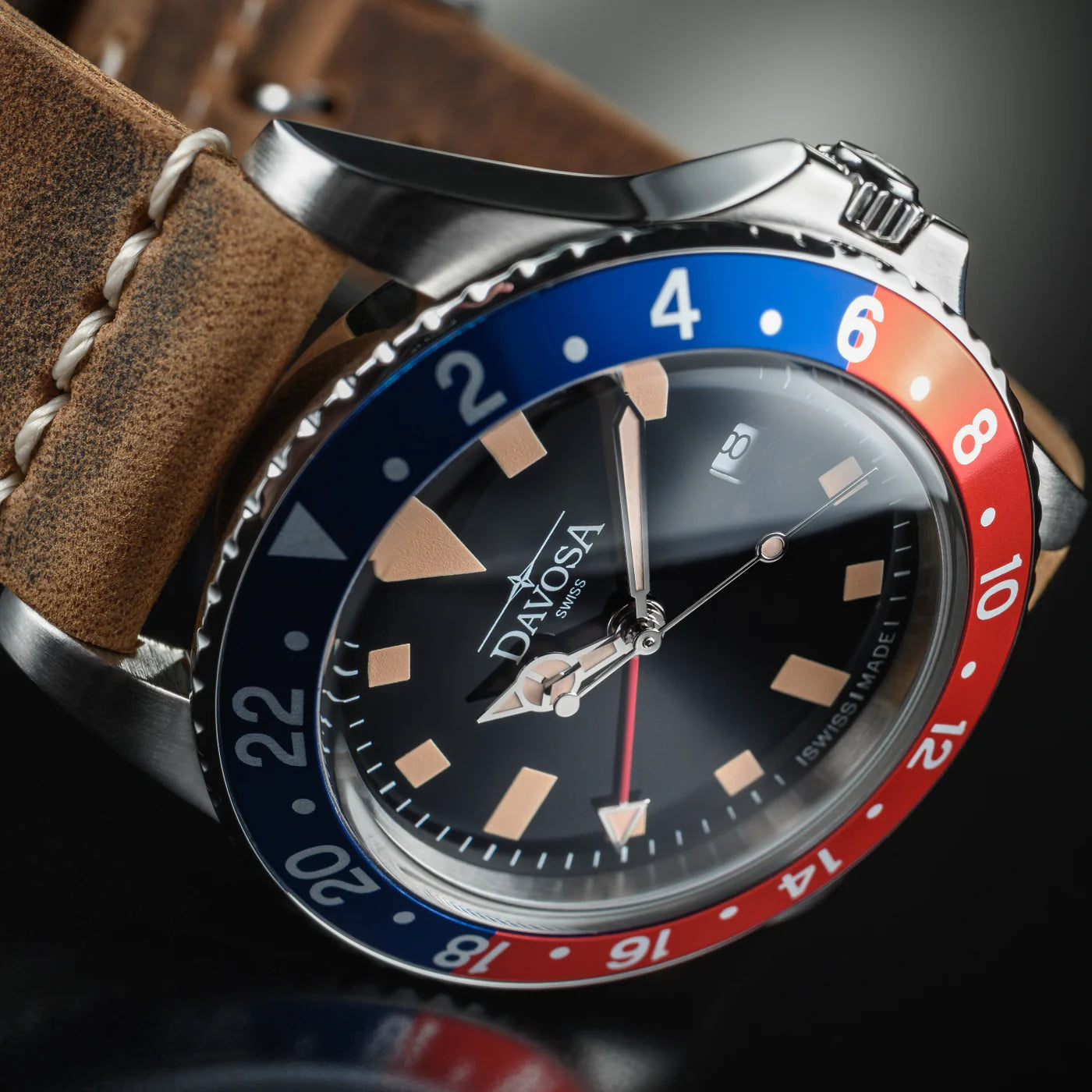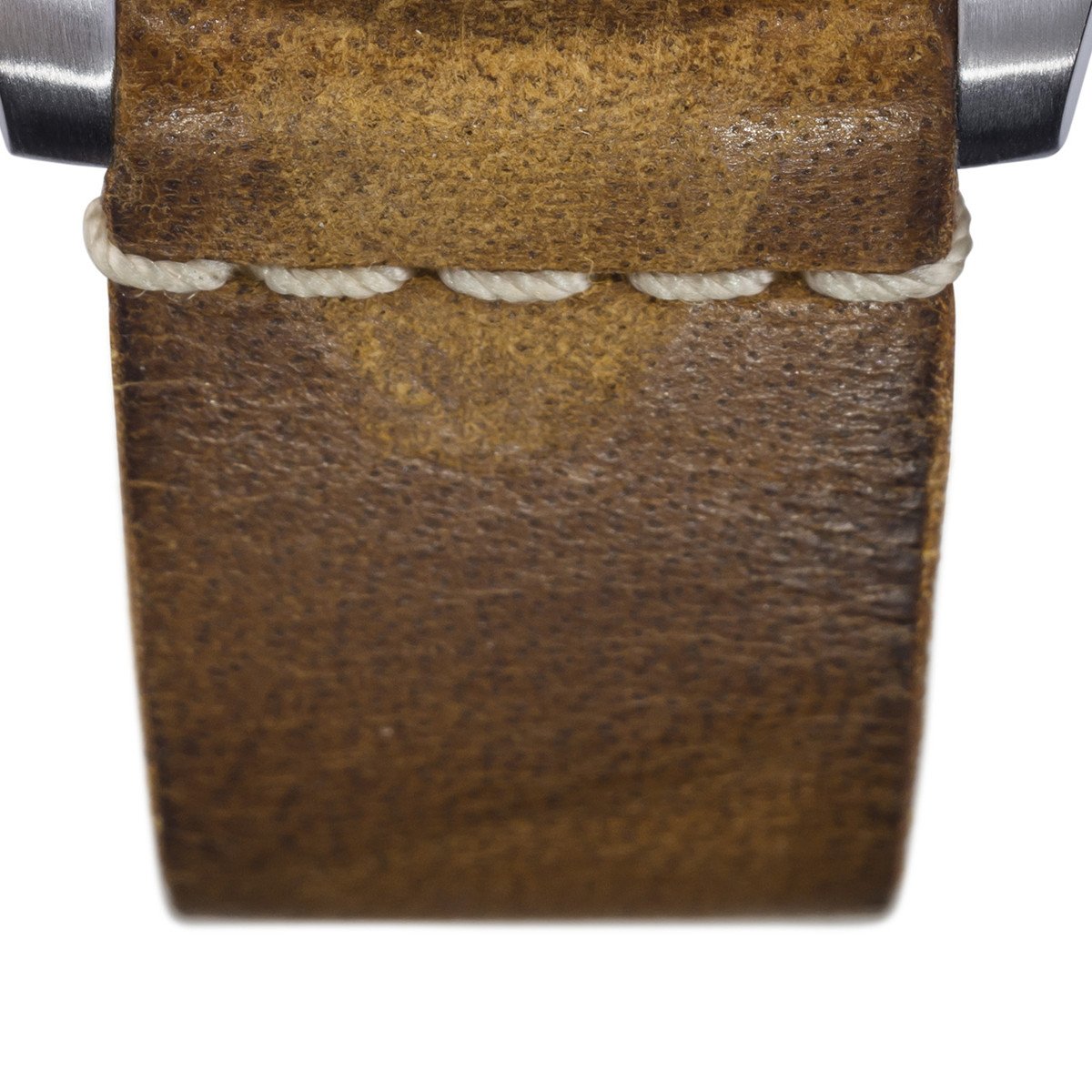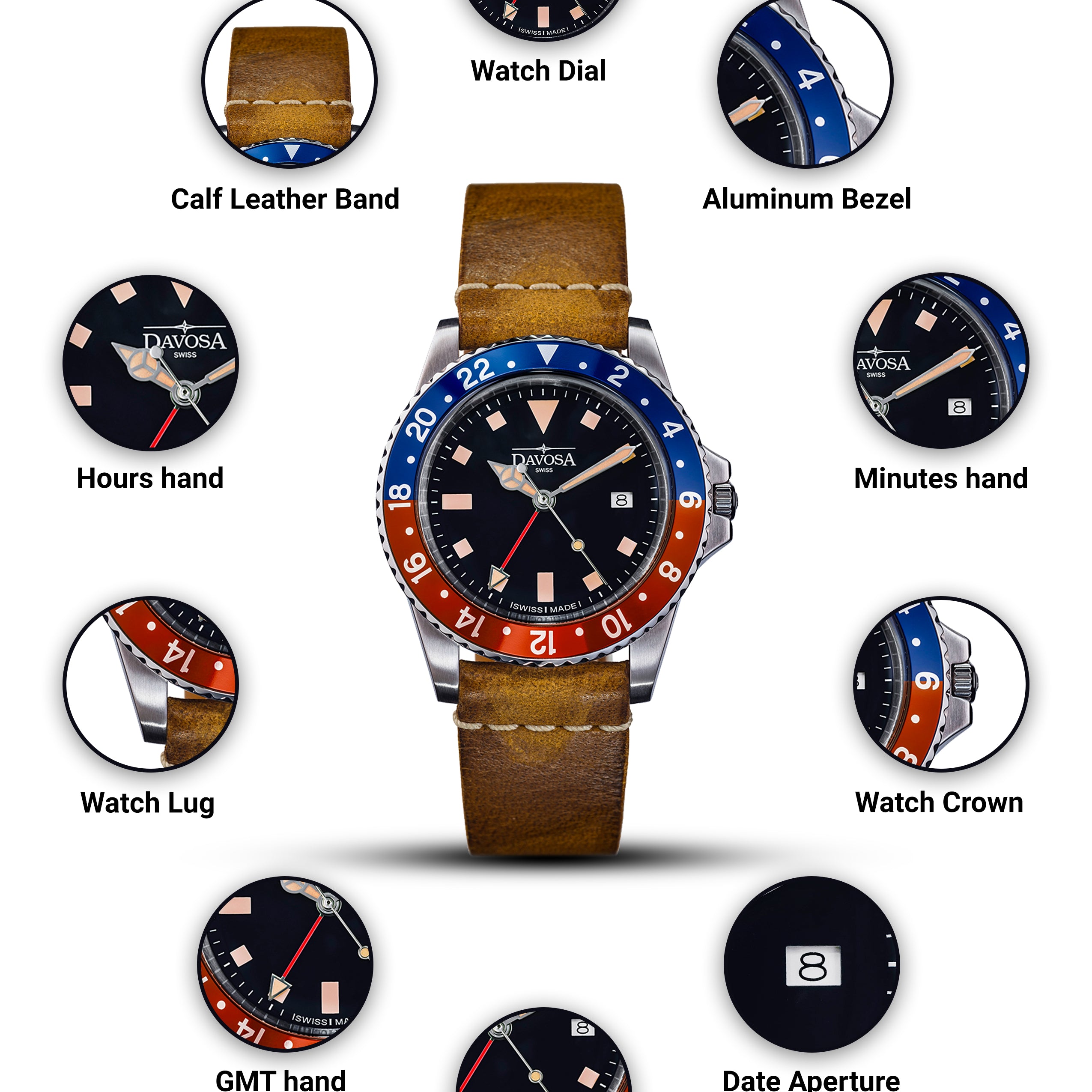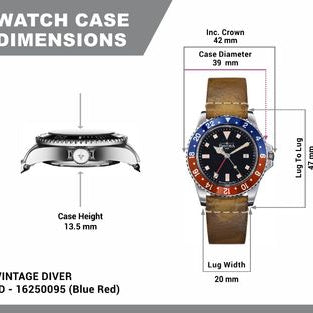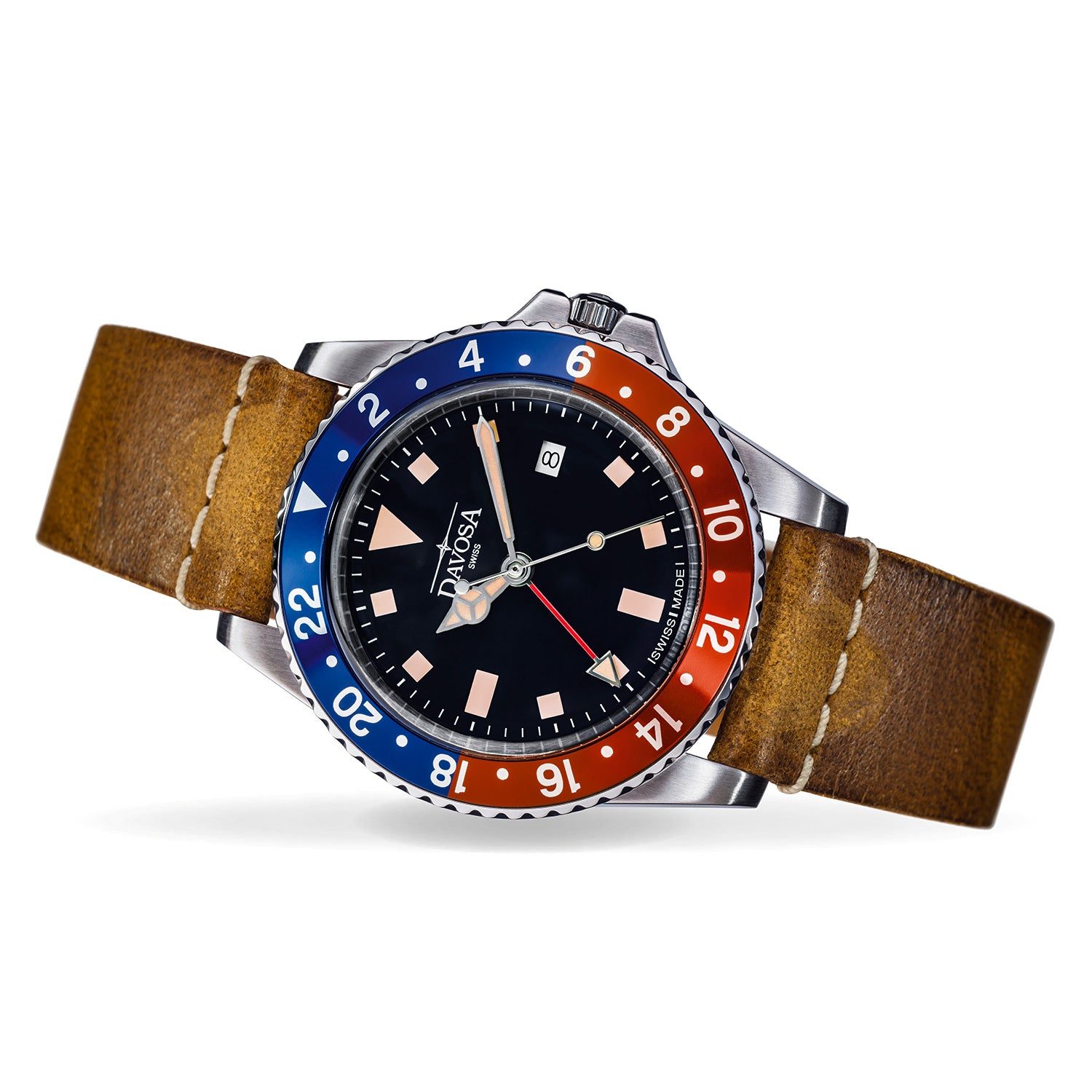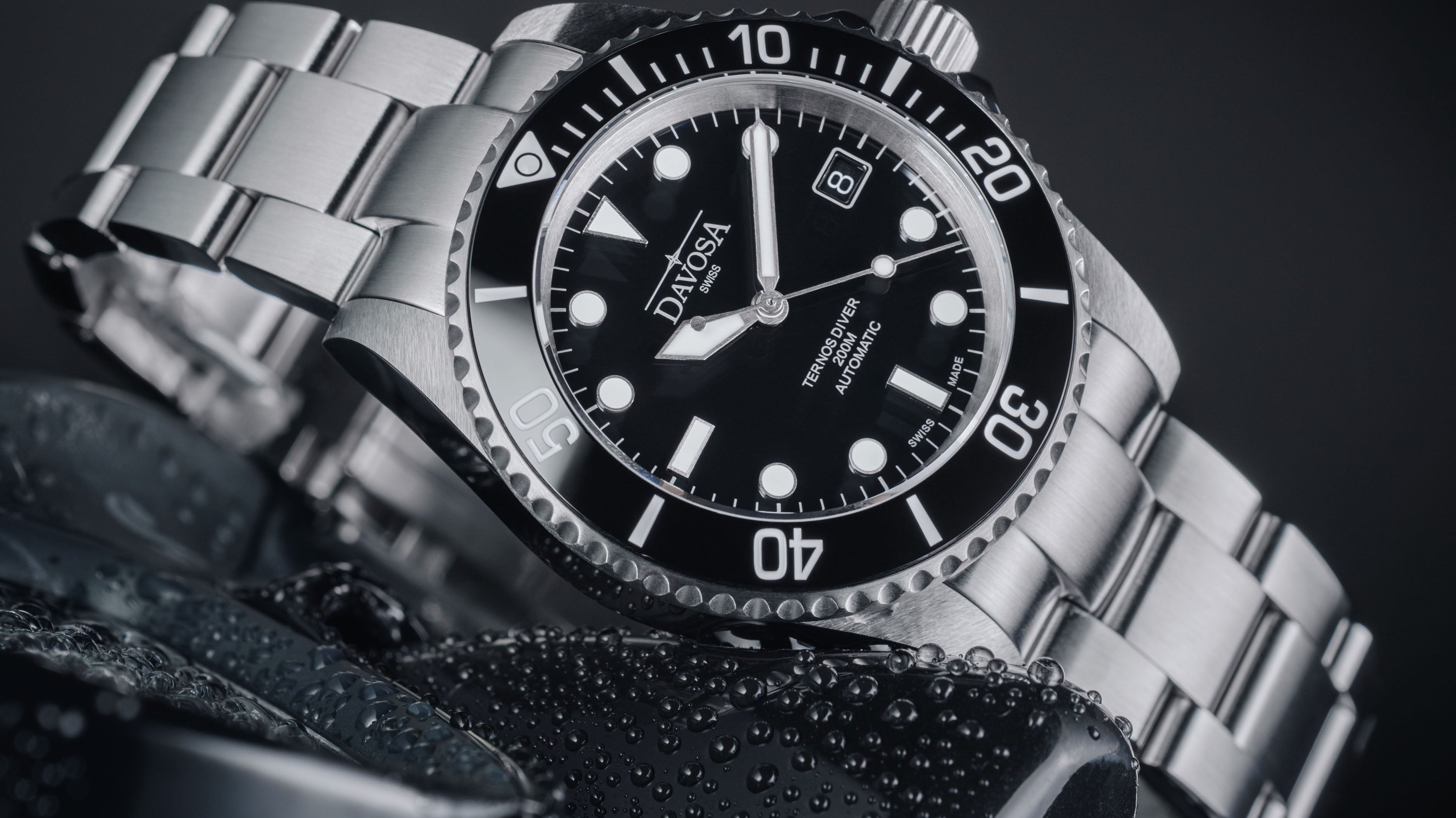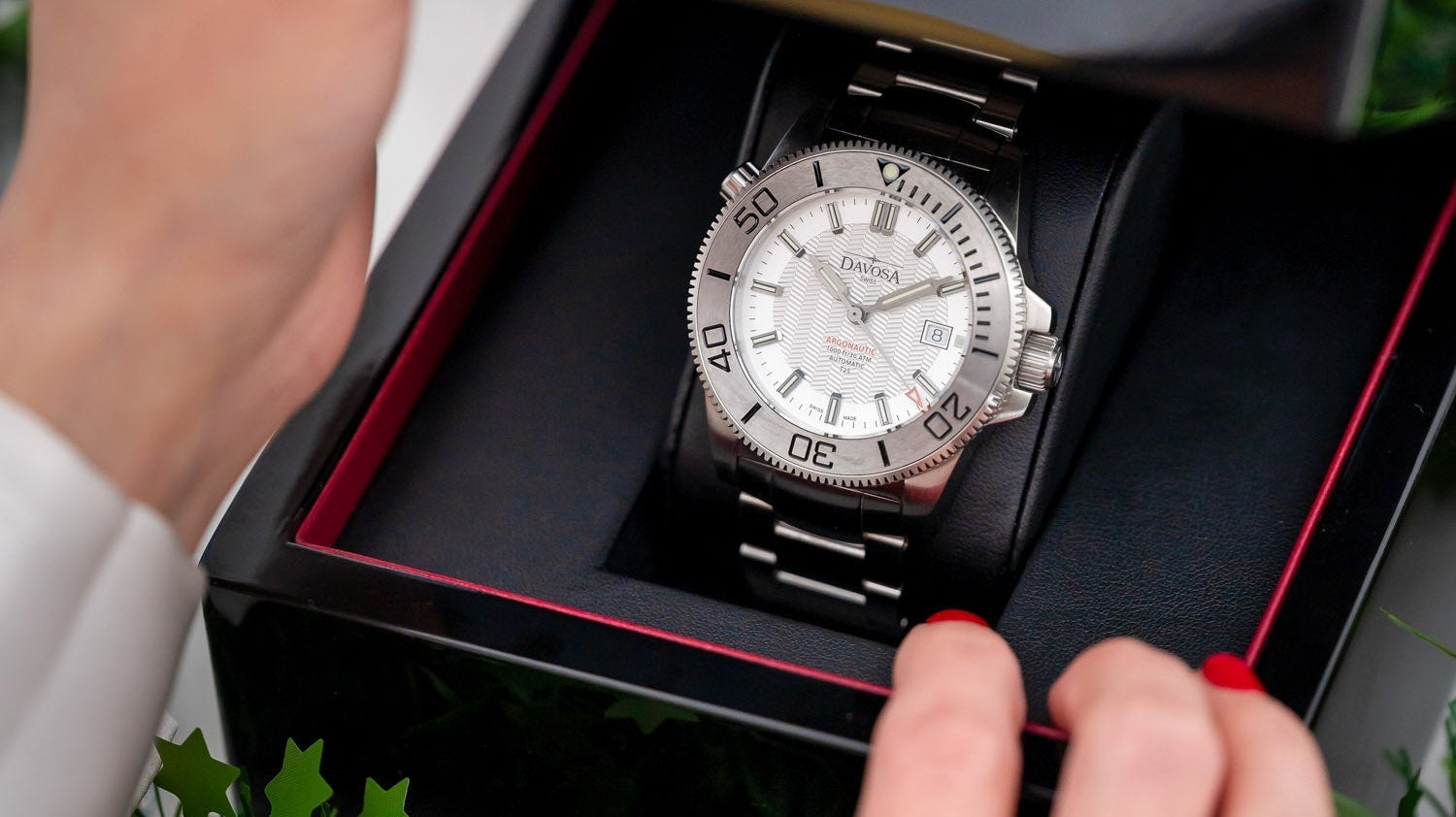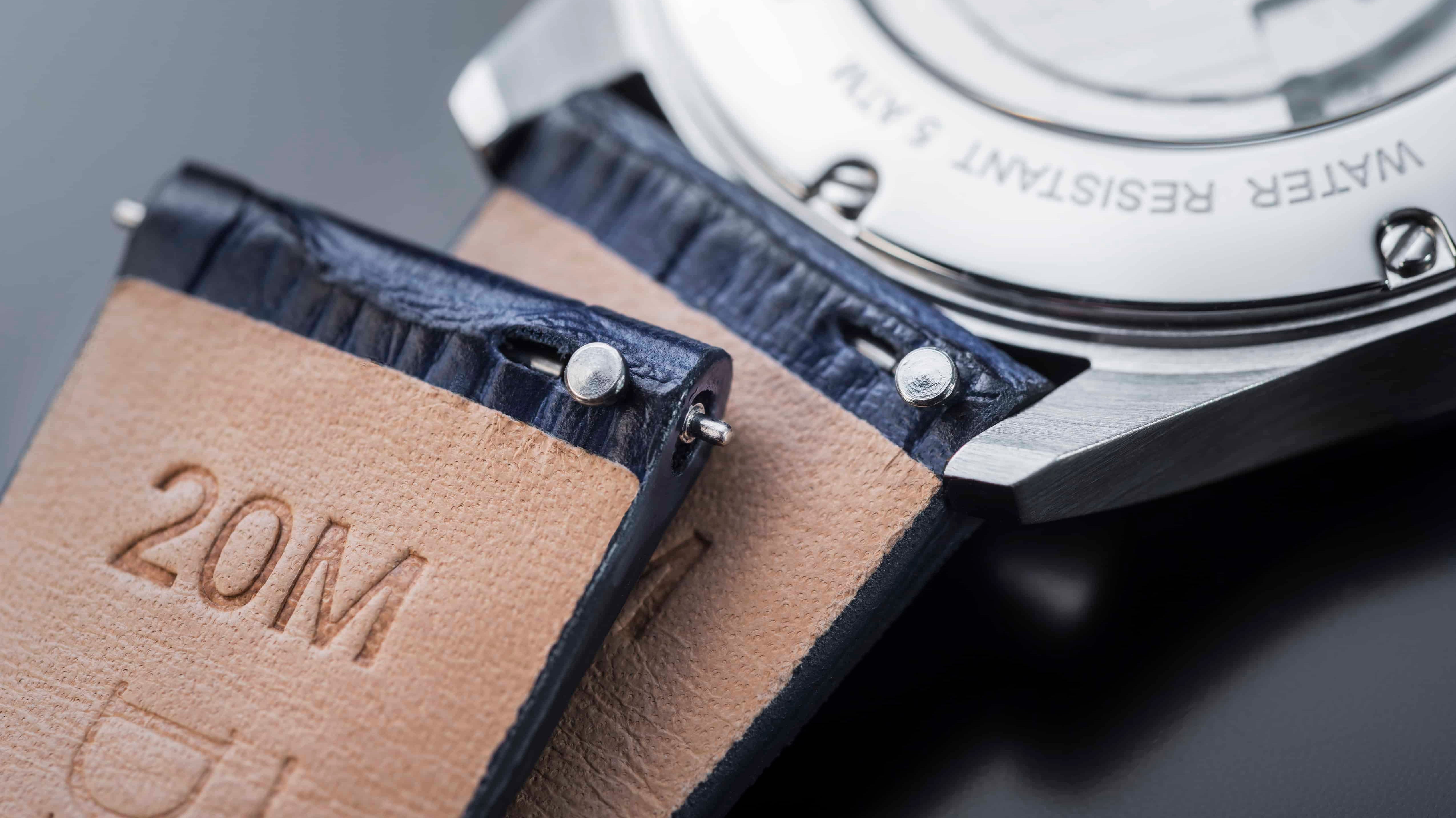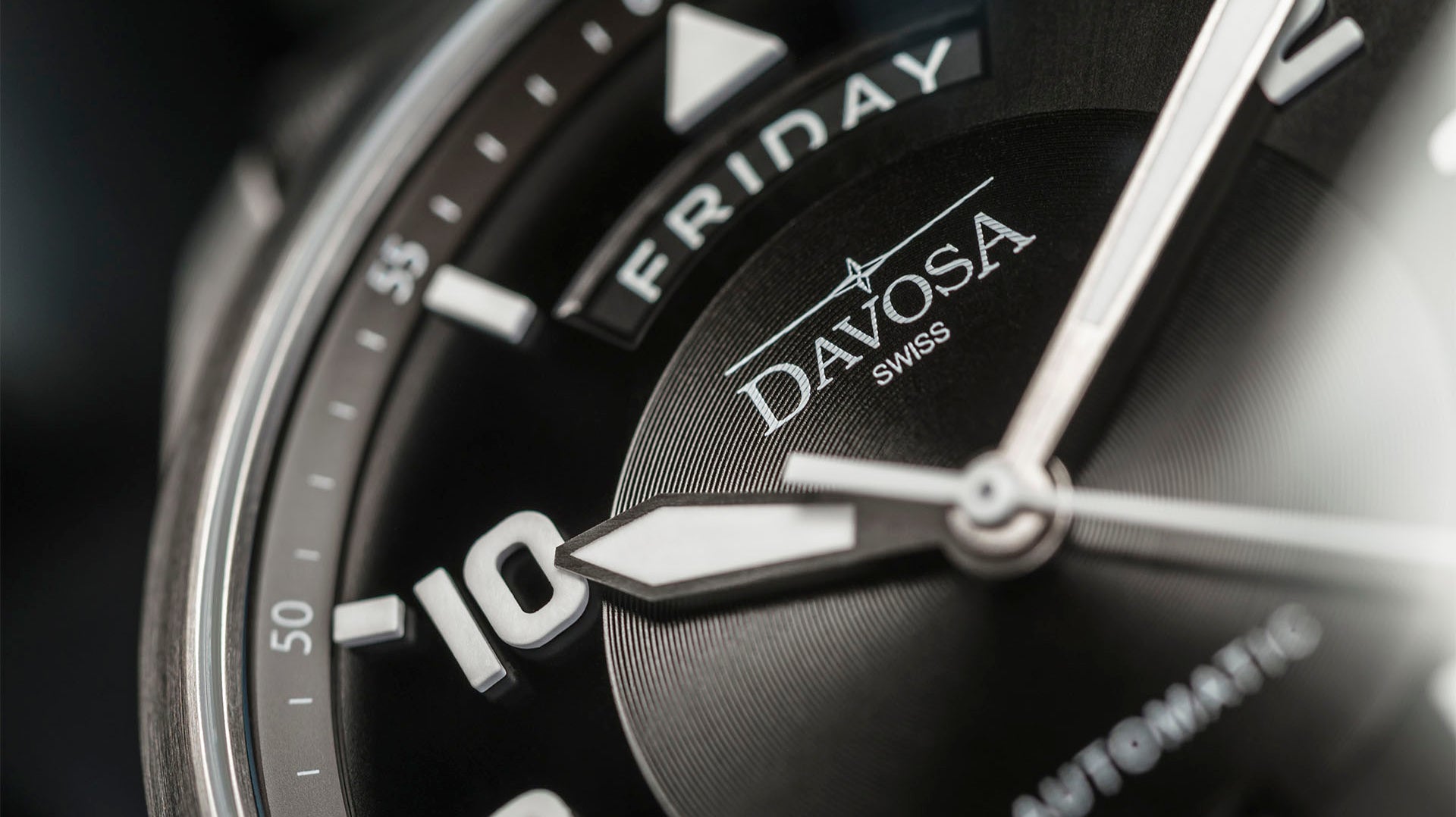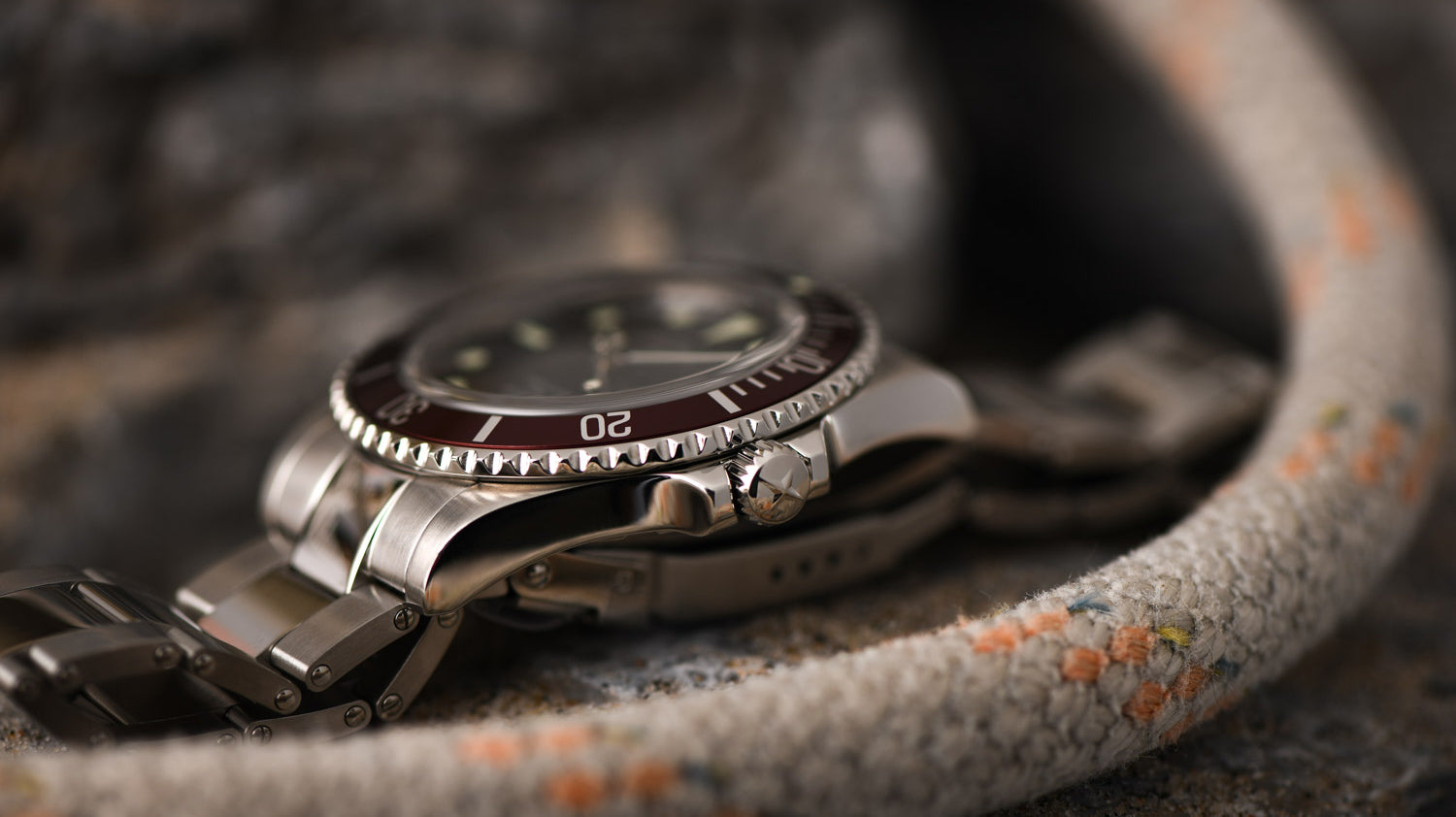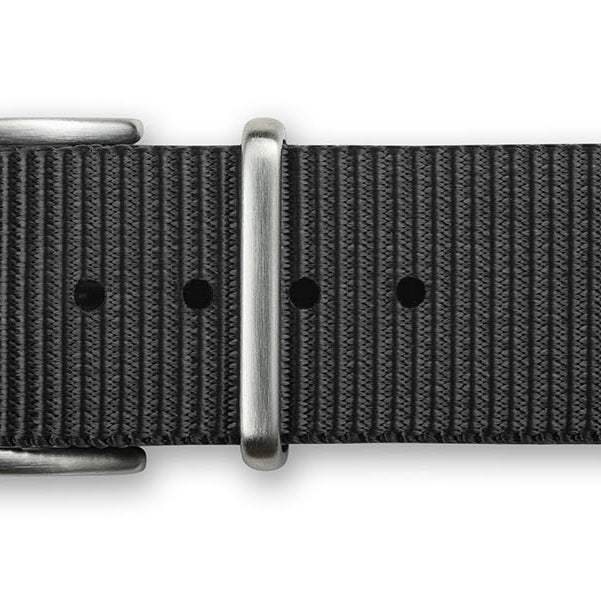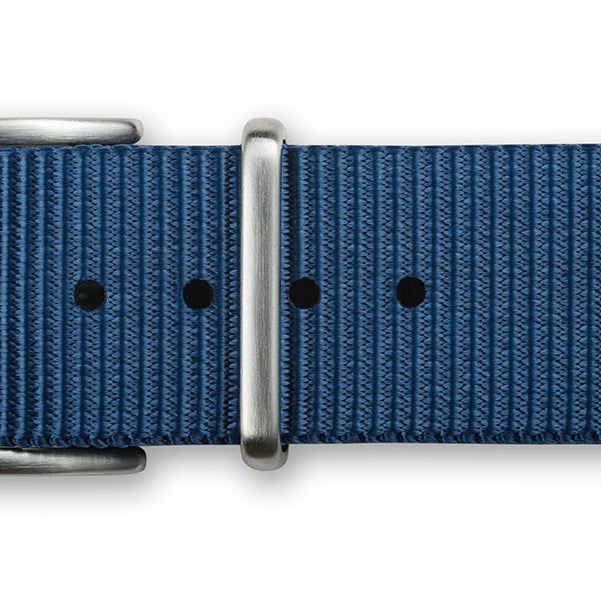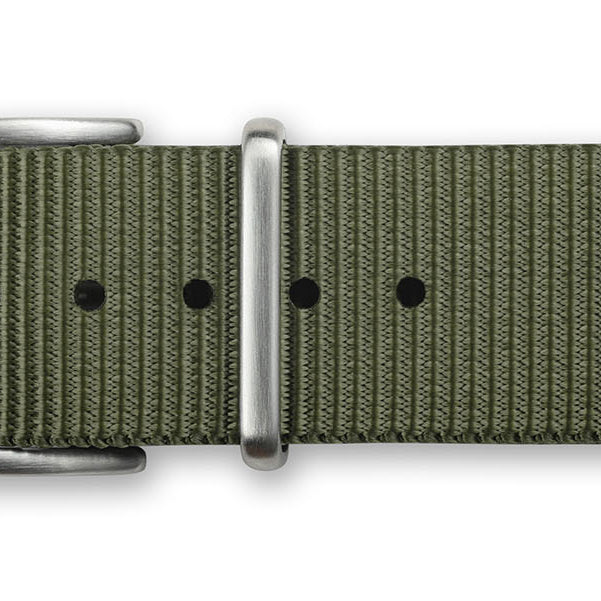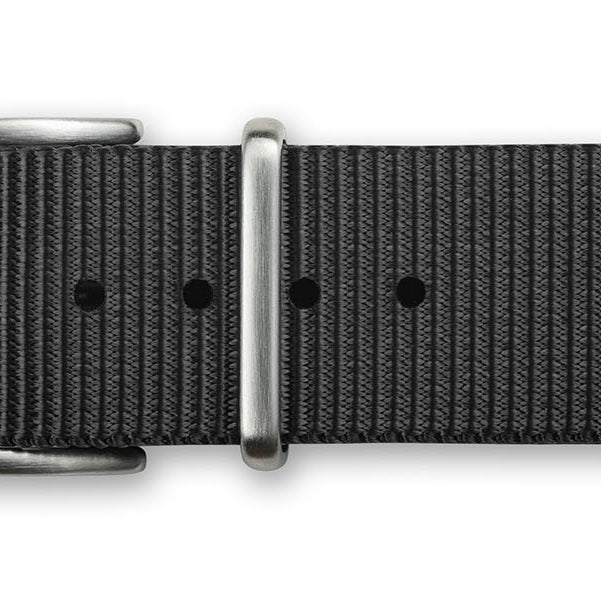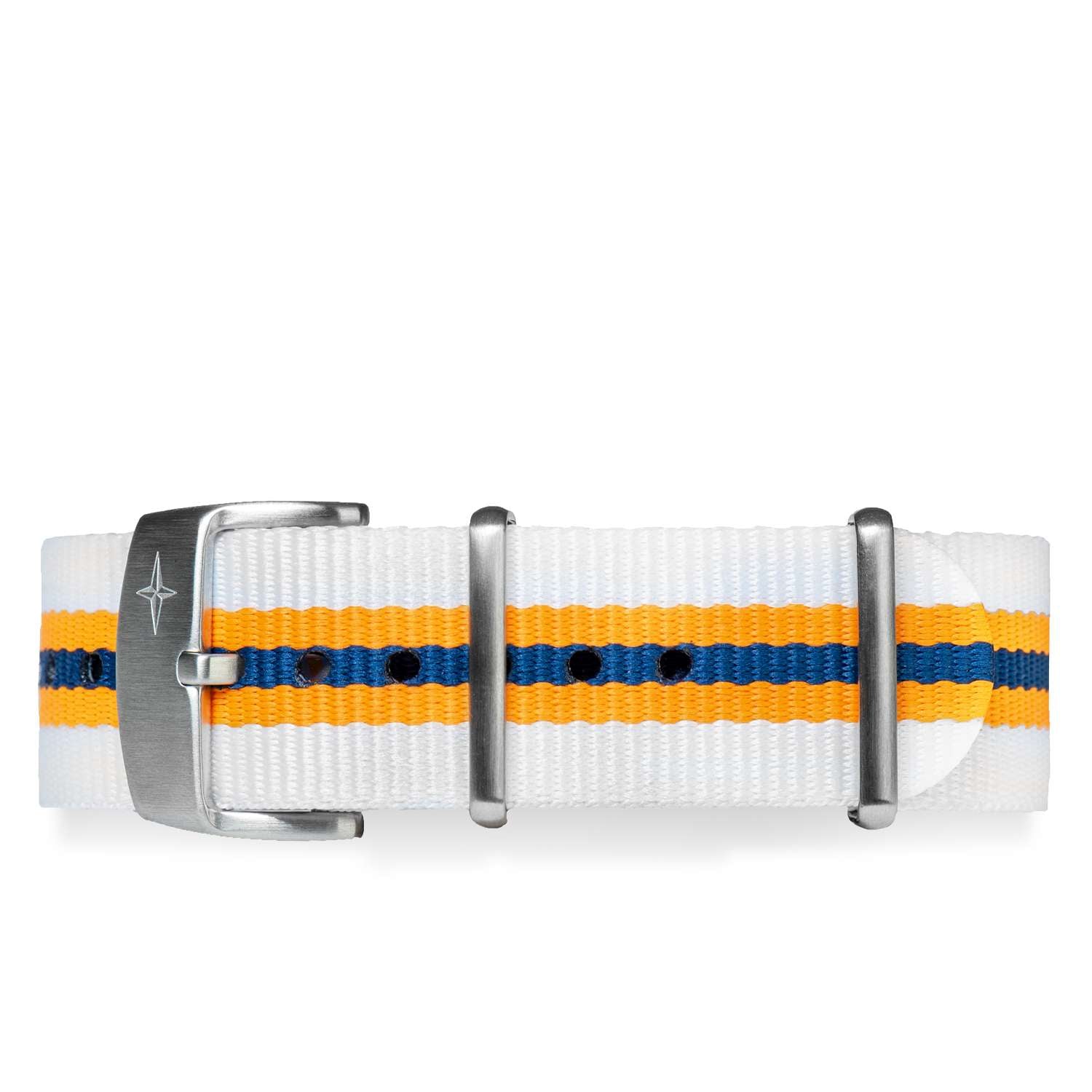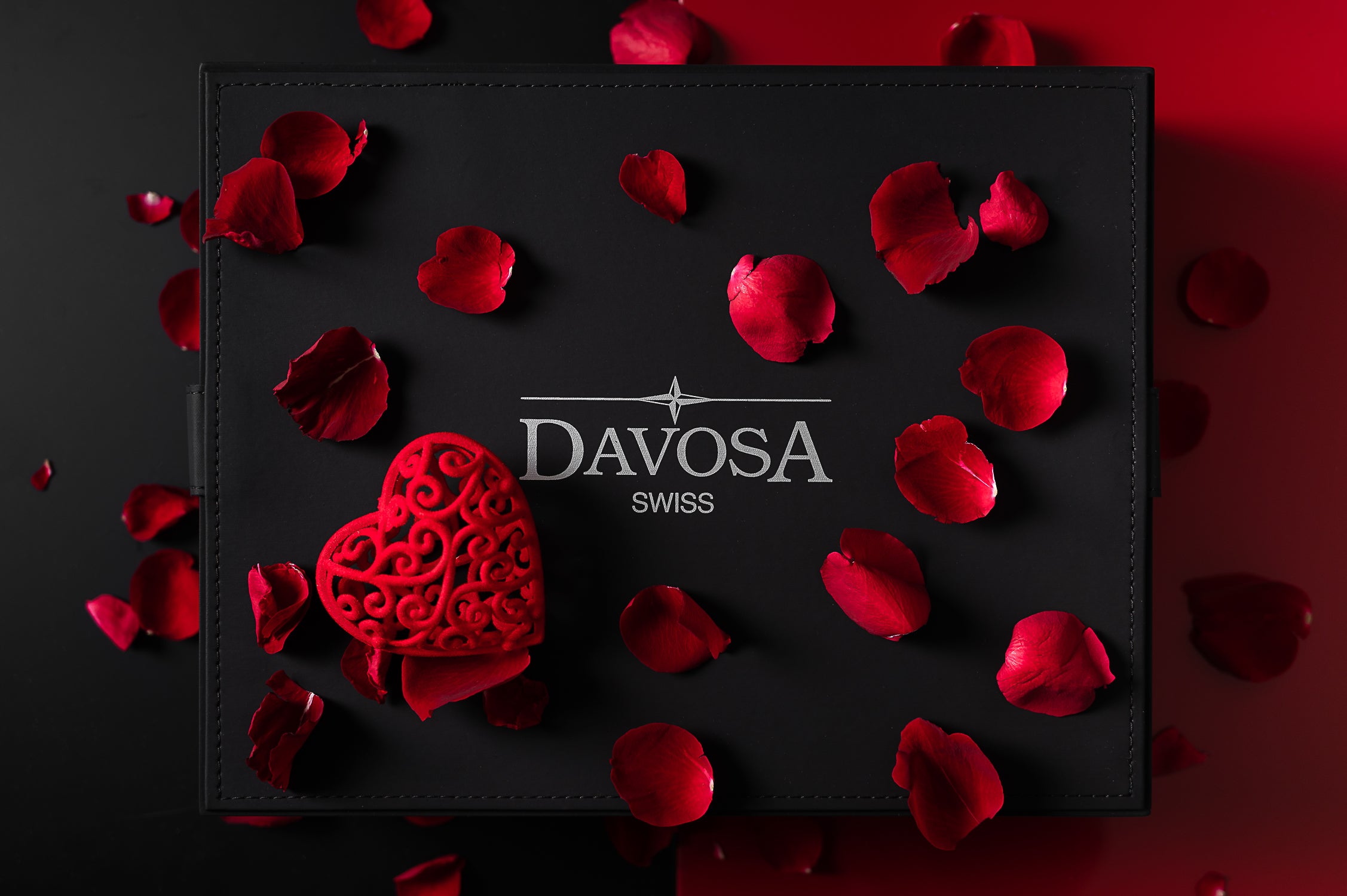January 2, 2022
The evolution of watchmaking has gone through many stages of development. And among them, the weight of discoveries in metallurgy has been fundamental. Findings in the field of materials, together with the evolutions of the watch movement during the ages, have made it possible to render timepieces what they are today. So, this journey will take us to discover an exotic and light material like titanium.

Why is titanium used in watches?
Titanium is a well-known material for its excellent physical characteristics. It is a highly corrosion-resistant metal, almost as strong as platinum. It is antimagnetic, and very light, attributes that make it ideal for unique engineering uses. However, it has its drawbacks: it is not easy to work with, and this is the main reason why, even though it was discovered long ago, as far back as 1789, it was not used industrially up to the Fifties.
In comparative terms, titanium is as strong as steel but 40% lighter. It weighs 60% more than aluminum but is twice as strong, with a surface hardness just below that of the diamond. Its main problem is that it is challenging to be cold-worked, which leads to high production costs due to tool wear, making titanium watches more expensive than their equivalents offering steel cases and bracelets.
The first watch with a titanium case was the Citizen X8, one of the first quartz watches ever made, certified as a chronometer and released in 1970. Still, the real spread came with the collaboration between IWC and Porsche in the 1980s, which launched this material on the modern watchmaking scene. Its lightness was enhanced by the fact that the first watches of this kind mounted mostly quartz movements, making them feel unbelievably light at the wrist.
What grade of titanium is used for watches?
Titanium is not customarily used "pure," but like all other metals used industrially, it is employed with other metals that enhance the characteristics of the final alloy.
There are mainly two grades of titanium, Grade 2 and Grade 5, which are used for different technical applications. Grade 2 is the "base" level of titanium alloys, while Grade 5, which includes 6% aluminum and 4% vanadium, has superior mechanical and corrosion resistance characteristics and a high melting point. So, in more expensive watches, you can expect to find Grade 5 titanium.
As for specific weight, titanium's density is about half that of stainless steel - 4.5g/cm3 versus about 8g/cm3, making a titanium watch surprisingly light on the wrist, with a very noticeable difference in large technical timepieces such as dive watches. To give a practical example, a titanium Tudor Pelagos weighs 157g while a Rolex Sea-Dweller reaches 212g: we're talking about 55 grams out of 200, about 1/4 the total weight.

Are titanium watches durable?
Several blogs have asked themselves this same question. So, they have run extensive tests of stainless steel vs. titanium watches, exposing them to similar treatments - that is, extensive and prolonged use, continuous stress, and immersion in fresh, salt, and chlorinated water (such as swimming pools), to evaluate their performance and determine their durability.
In essence, they all agreed that, apart from purely aesthetic considerations, the materials had a similar performance to stress, with steel being heavier and having a more solid and metallic feel, while titanium displaying a lighter and more "organic" feel to the wrist, more similar to materials such as carbon or resin. In terms of cost, titanium watches were usually more expensive than those made of "plain" stainless steel.
To summarize, a titanium watch provides a particular effect that you either love or hate, and there is little middle ground!
Do titanium watches scratch easily?
Scratches always represent a big issue among watch lovers - and possibly this is one of the aspects that has hindered most the diffusion of titanium watches, as they seem to scratch more easily than stainless steel ones. Still, a company like Victorinox makes its I.N.O.X. line of quartz and automatic watches - mostly of a heavy-duty vocation - in titanium.
While tests have demonstrated that titanium scratches a bit more easily than stainless steel, the screatches on titanium look much more evident. However, it all depends on the finish of the metal, whether polished or satin, and its surface treatment. Some coatings, like Citizen's Durabrite or special DLC coats make titanium extremely scratch-resistant. Still, even when scratched, titanium can be effortlessly polished - reportedly more so than regular stainless steel.
But beware: if you don't have the right tools, leave the task to a professional, as you would risk ruining the surface of the metal with a DIY treatment, which would involve considerable expense for a subsequent restoration. Also, remember that titanium tends to look less shiny than steel, with a more neutral and less metallic gray color, so even scratch removal must respect this "aspect."
Is a titanium watch waterproof?
Titanium has excellent technical and mechanical characteristics and a high melting point. Moreover, it has a substantial advantage: low thermal conductivity, which makes it highly stable. This means that it does not deform, and above all, it expands and contracts much less than steel, making it perfect for underwater marine use.
In addition, titanium is more resistant to corrosion than stainless steel, even 904L, the surgical grade used by Rolex, so it proves to be a perfect material for this type of use. Proof of this is that titanium represents the material of choice when you need to create technical metal parts that must be continuously submerged, such as in water pumps or components of seawater desalination plants.
In horology, several manufacturers of diver's watches have decided to use titanium on their timepieces as well as other models, like pilot watches and GMT watches. However, titanium is less suited as a material for dress watches, even if a company like Seiko is using it for its Grand Seiko line to a great effect.

Does titanium rust or corrode?
Pure titanium is one of the most inert metals on Earth, which means it won't rust like steel. But we must add that industrially used titanium is never pure: it is, in fact, a titanium alloy, which contains other substances. And these can undoubtedly rust - albeit to a lesser extent than steel does typically.
What happens between titanium and oxygen is the creation of a layer of titanium oxide, which is a kind of transparent and protective film that defends the titanium underneath (and also has disinfectant properties if exposed to sunlight). This process is very important since it allows titanium to remain practically unaltered over the years without undergoing decay that would compromise its characteristics. This is also why most human prostheses used to supplement or replace bone parts affected by osteoporosis are made of titanium.
This represents another of the positive aspects of titanium: being practically unalterable by atmospheric agents, it is also hypoallergenic: so even those who suffer from metal dermatitis will probably find that titanium watches solve their problem with ease.

Can titanium watches be polished?
As we said above, titanium is a fascinating and highly durable material, but scratches, even shallow ones, are very noticeable. This is partly due to its characteristic of covering itself with the titanium oxide patina, which is affected by the scratch and makes it look more profound than it actually is.
So, once scratched, a titanium watch looks much more scarred than it really is, as opposed to a stainless steel watch. Similarly, though, titanium turns out to be much easier to polish than steel: just remember that titanium is less shiny than steel and has a grayer, more neutral color, with a slightly satin surface finish, making it less noticeable but more comfortable at the wrist.
There are specific products to polish titanium while maintaining the original look of the metal, which are also suitable for home use. If you want to polish your titanium watch or its bracelet, remember to use these specific products and not general multipurpose polishes such as Cape Cod cloth, which would risk polishing too much the part where there is the scratch compared to the rest.
As always, before a global intervention, we suggest you to make a test on a small area, perhaps on the back, to check the product and your ability as a polisher without intervening in areas too visible of the watch.

Main Takeaways
In summary, we can say that the difference between stainless steel and titanium watches is mostly sensitive. It refers to aesthetic and tactile aspects that have little to do with the quality and durability of the watch in itself.
If you are used to wearing a steel watch, the impact with titanium can be disconcerting, as titanium watches are much lighter, so much so that they seem more delicate and flimsy - which is not true. Data demonstrate that the average automatic watches duration/lifespan of titanium and steel watches is about similar, despite your gut feeling about it.
Titanium turns out to be lighter and more comfortable. In addition, it causes less irritation on the wrist, especially when compared to cheap steel watches, which are often made from alloys that contain a lot of nickel. Still, on the other hand, a titanium watch typically costs more than its steel equivalent.
Also, if you don't like scratches, a titanium watch might prove frustrating, as it scratches evidently, though just as quickly you can get rid of them. In short, the best thing for titanium timepieces would be to be able to wear them for a few days (perhaps, ask a friend who has one) and see how you get on, so you can decide whether this is the right material for you and your watch habits.

The Davosa-USA.com website is NOT affiliated in any way with Audemars Piguet, Franck Muller USA, Inc. Richard Mille or Richemont Companies, Seiko, or any other brand which is not Davosa Swiss. Rolex is a registered trademark of Rolex USA. Davosa-USA website is not an authorized dealer, reseller, or distributor for Rolex and is in NO WAY affiliated with Rolex SA or Rolex USA or any other brand besides Davosa Swiss. |

